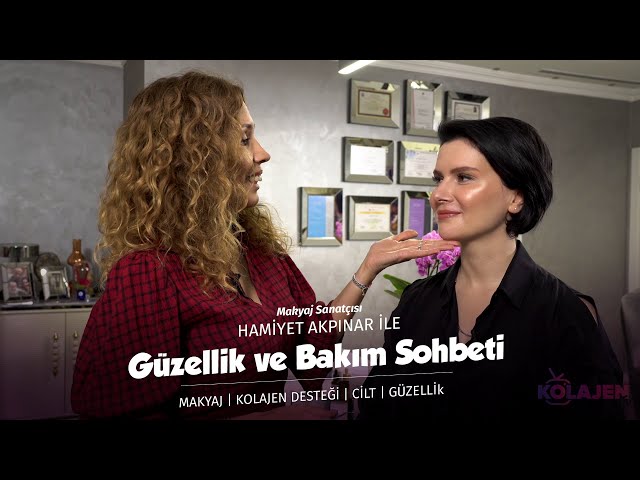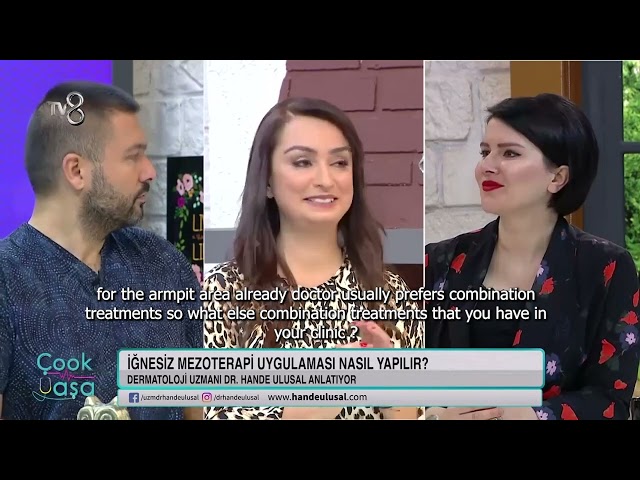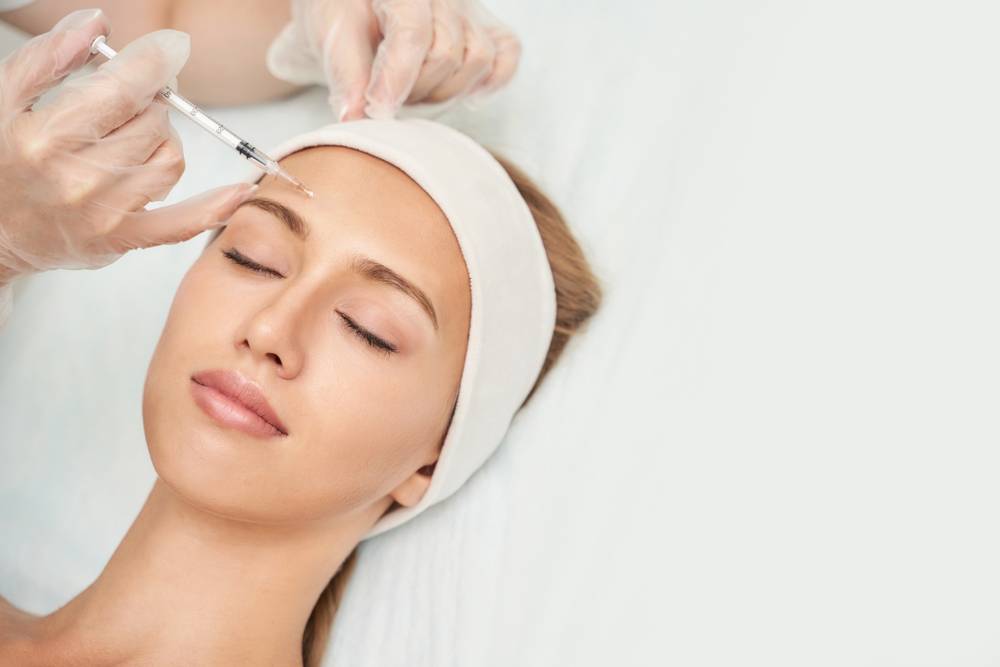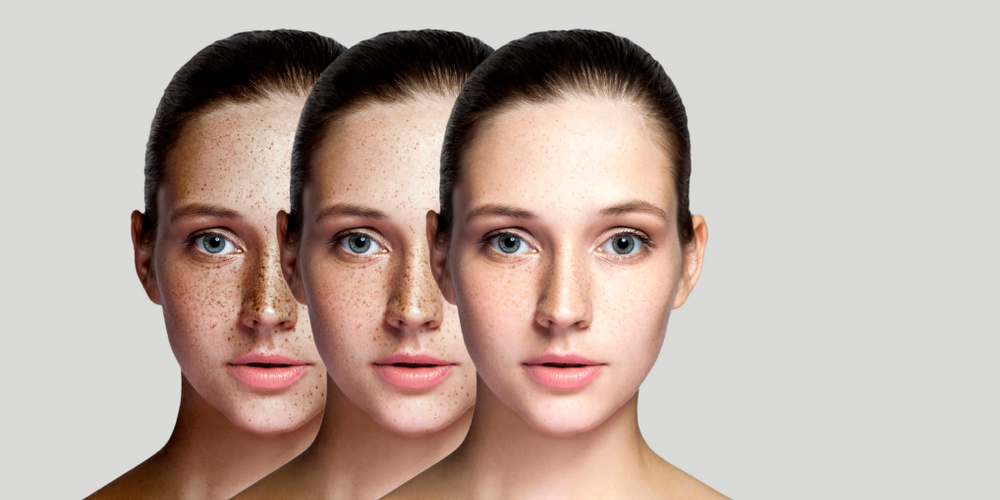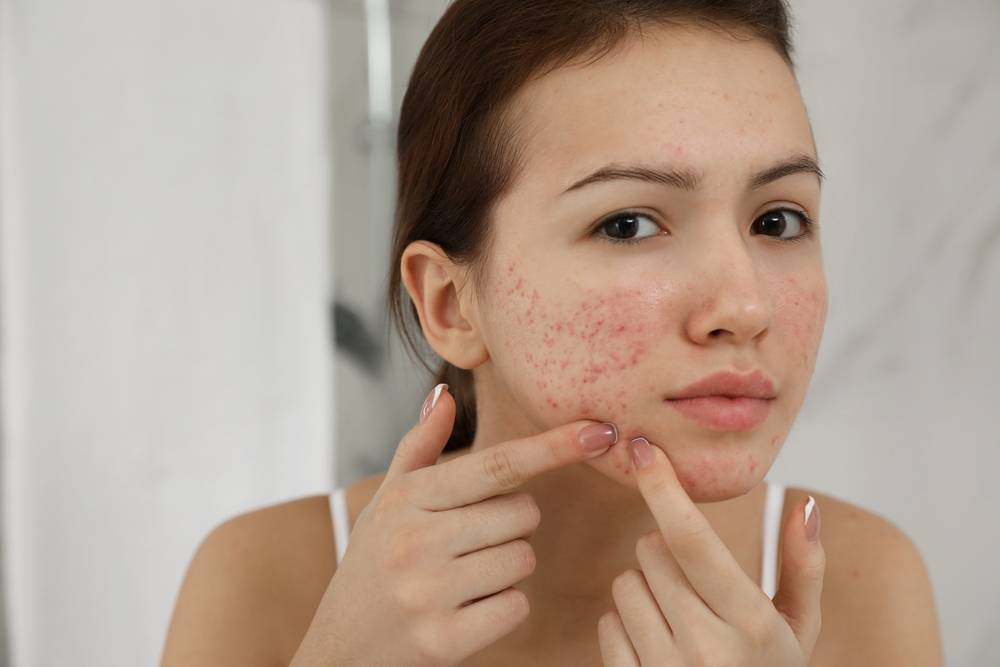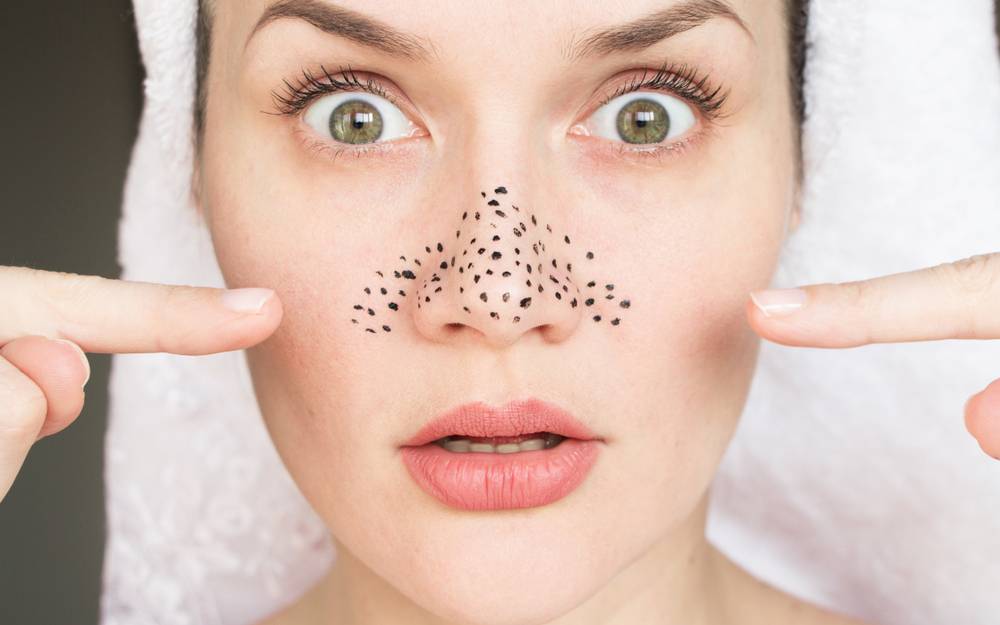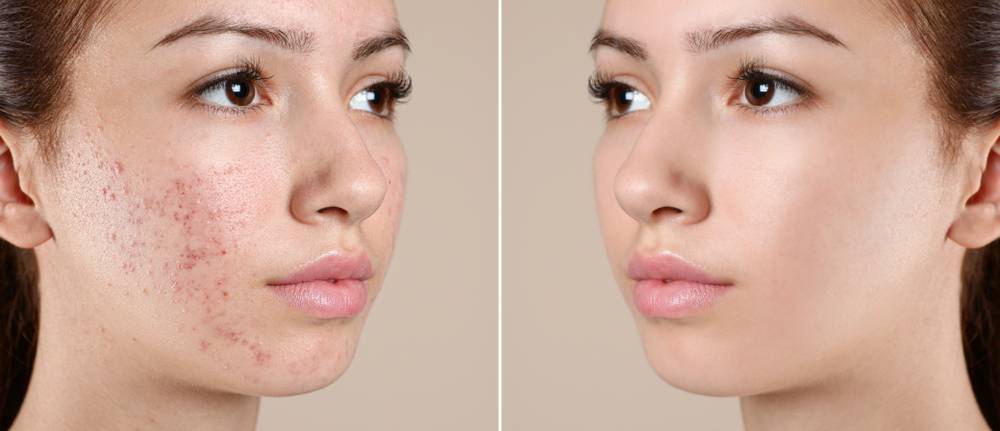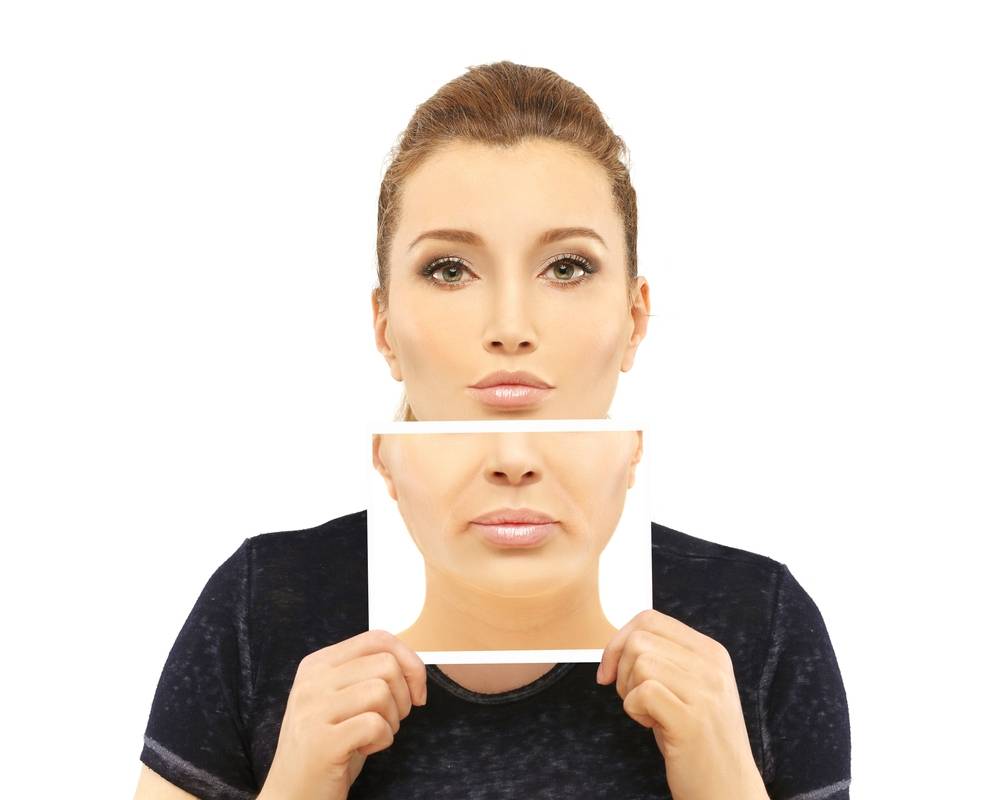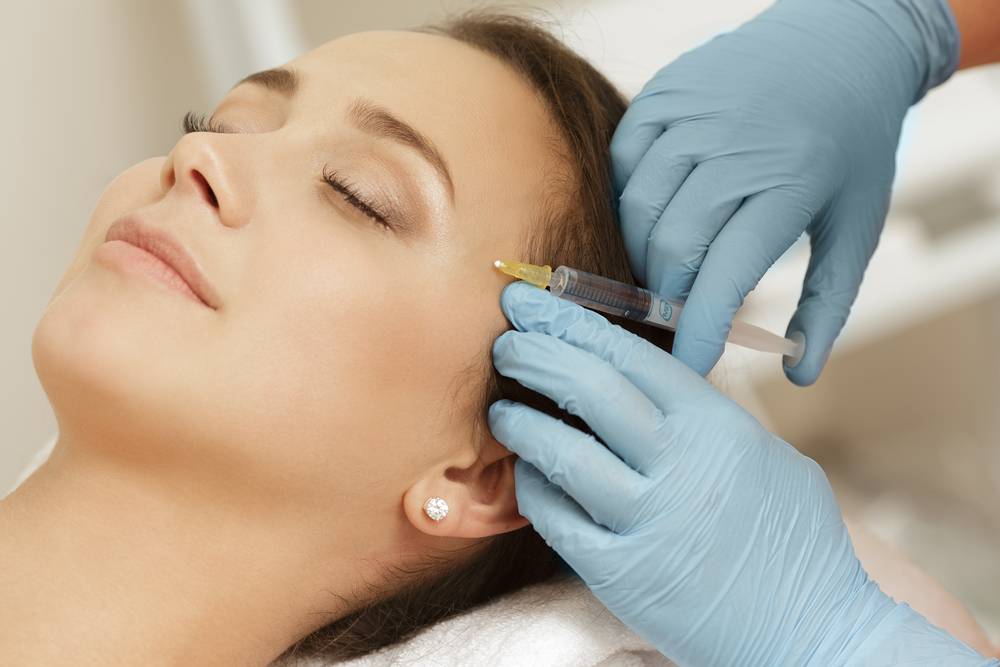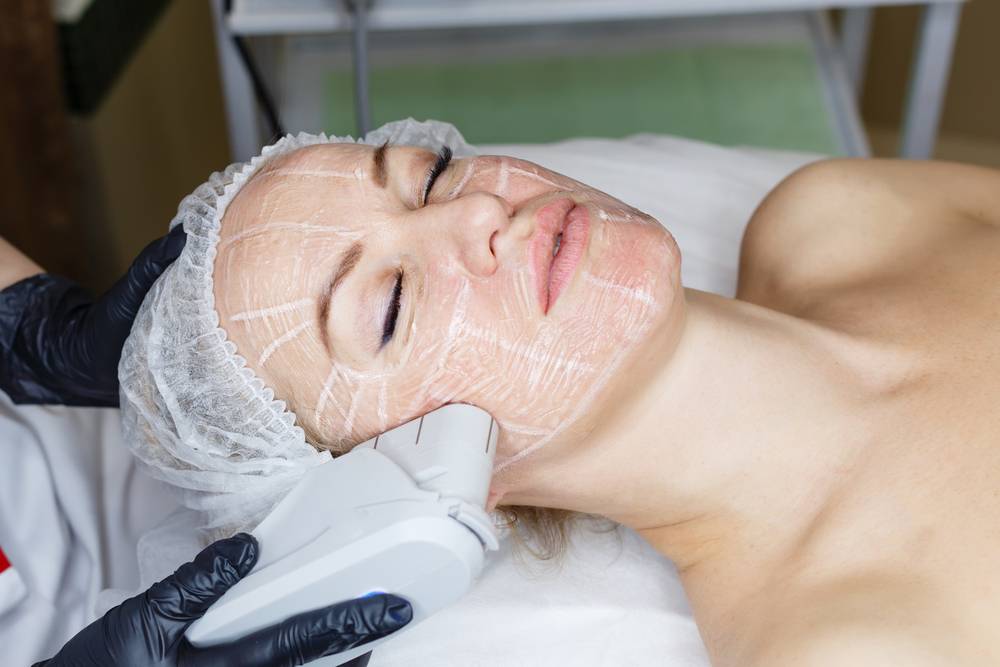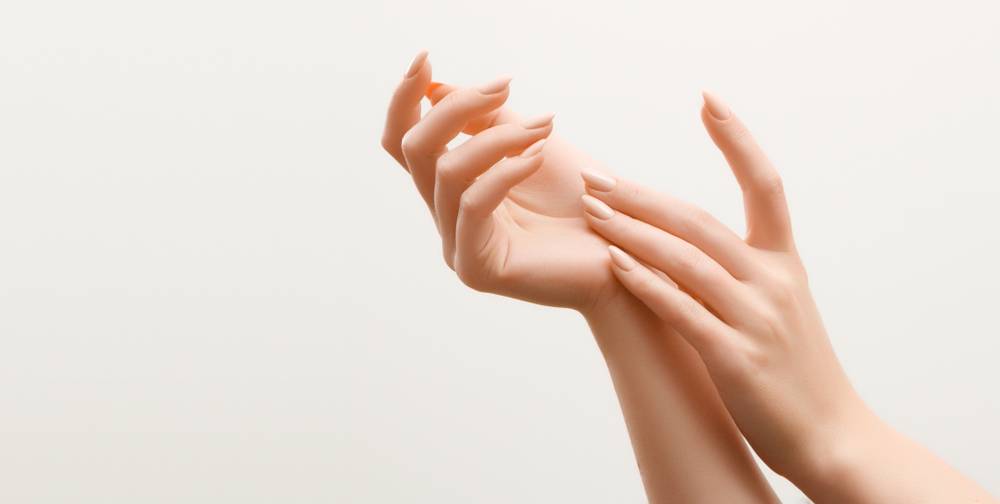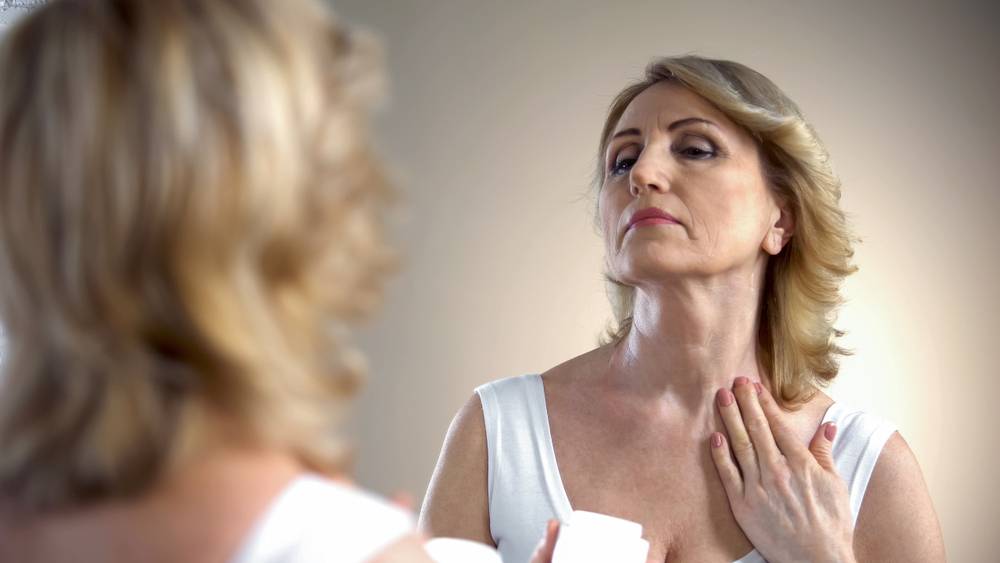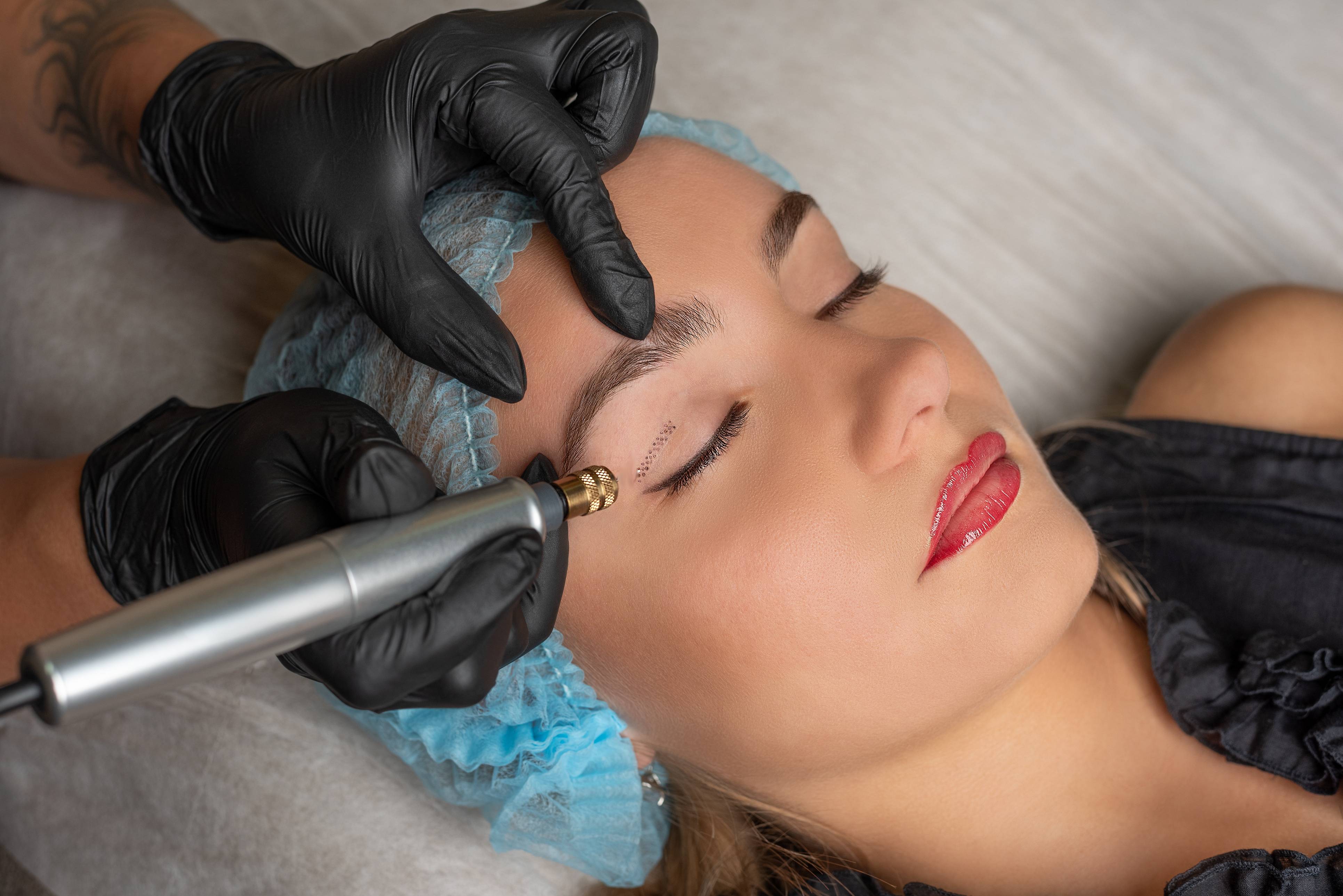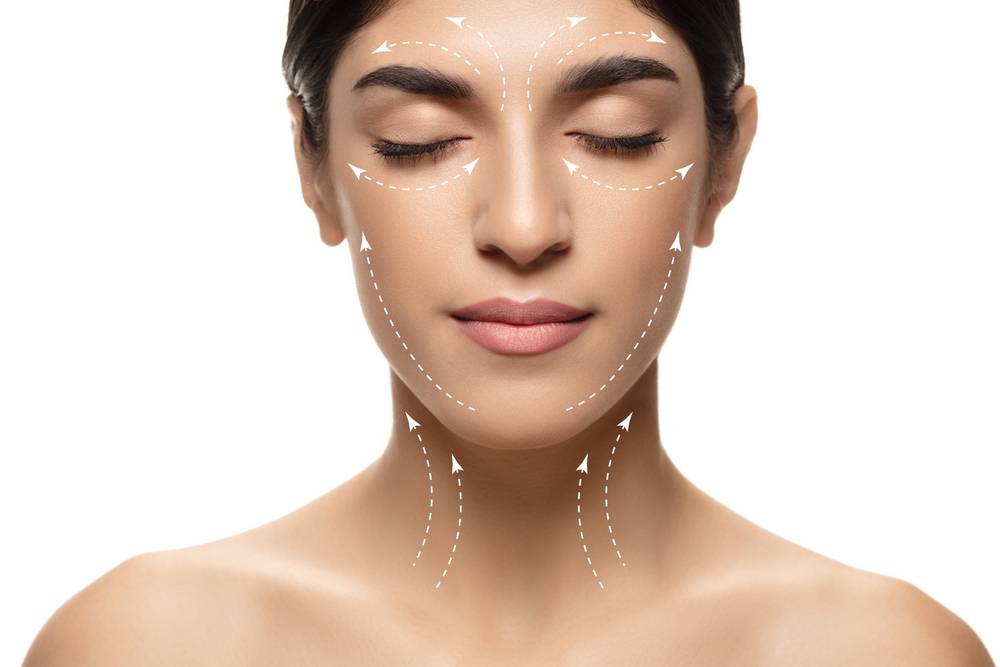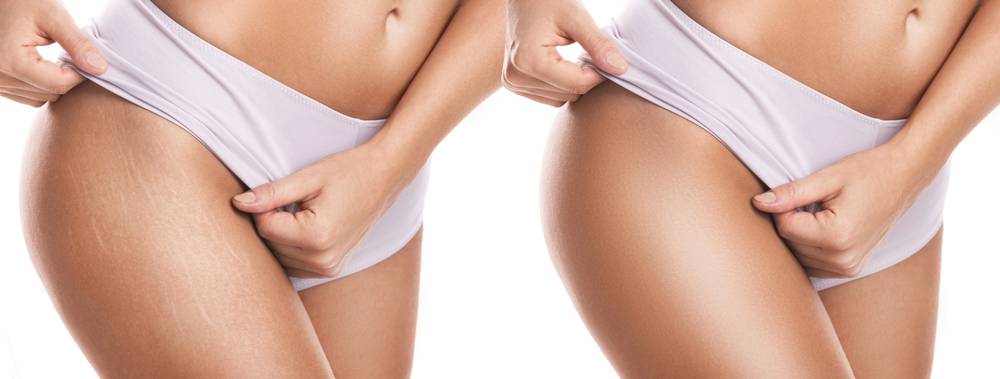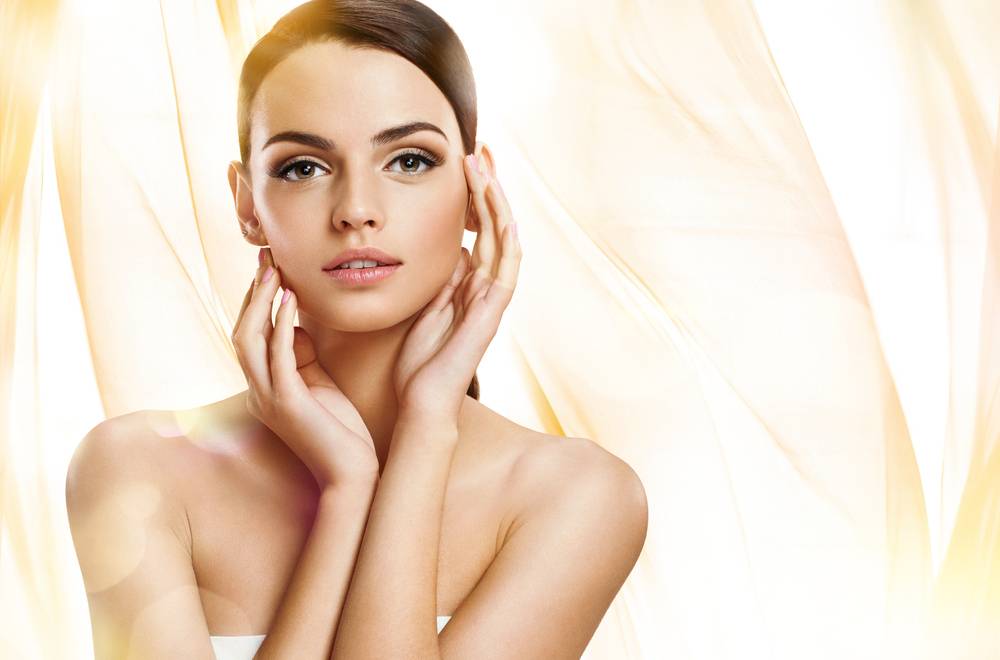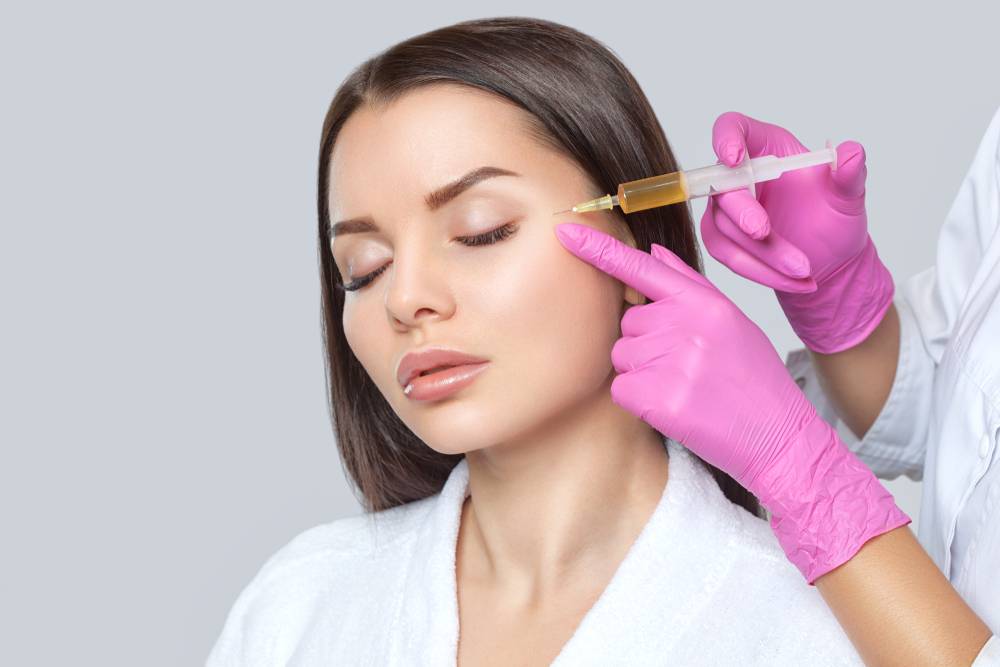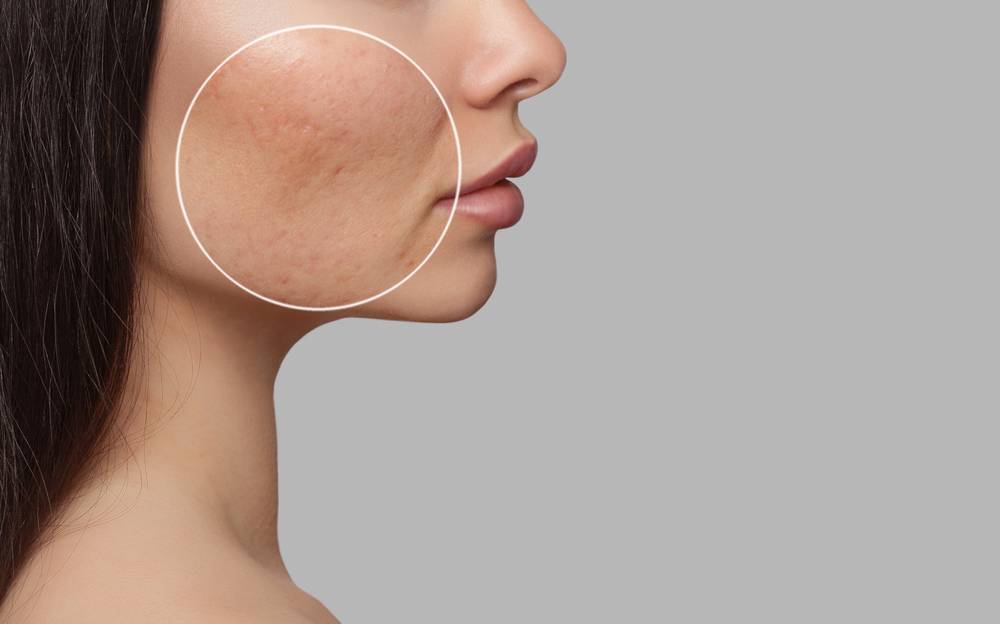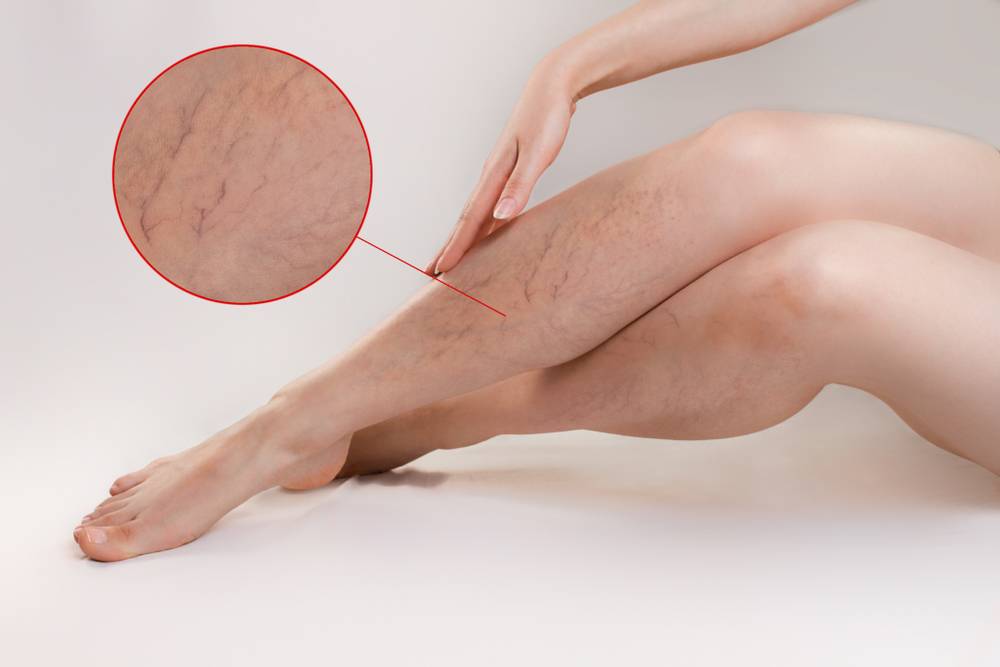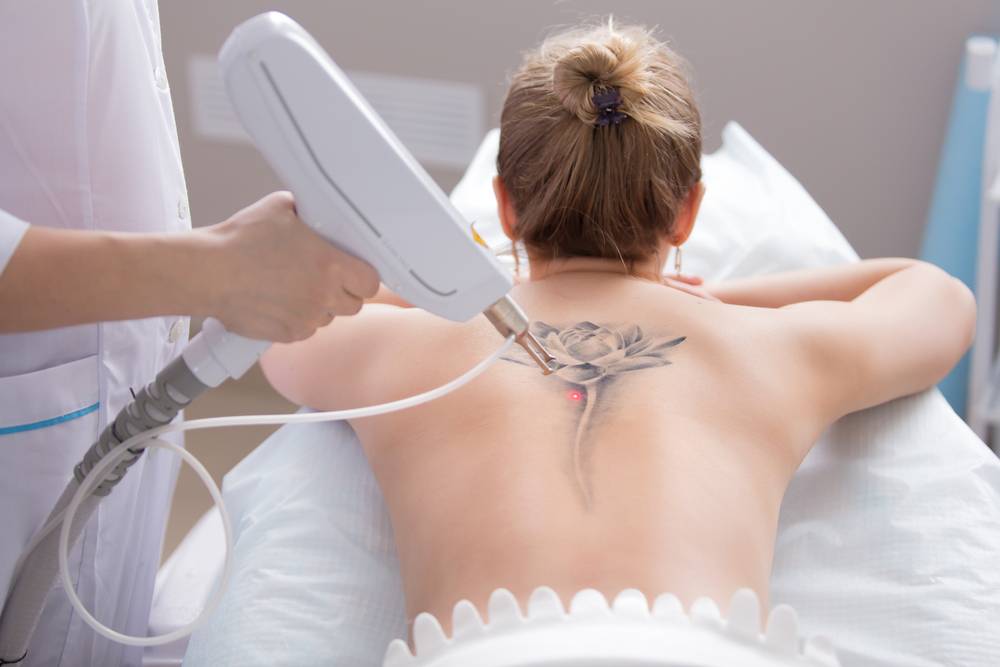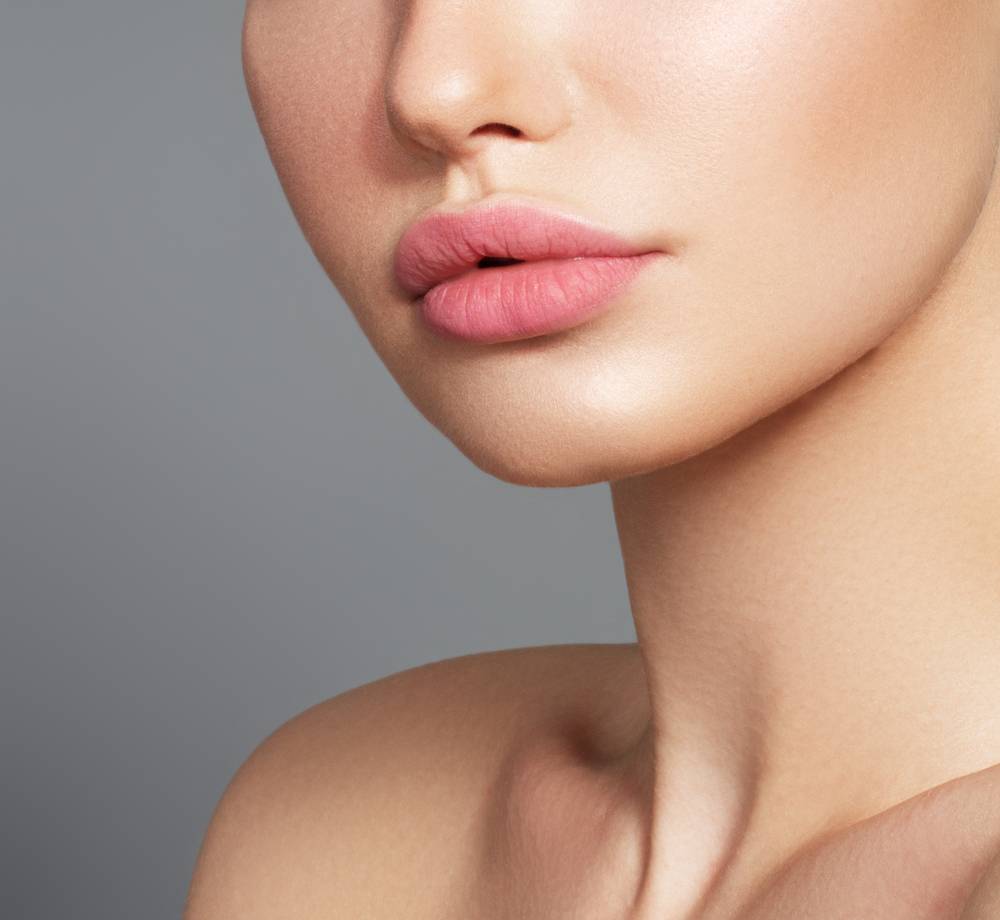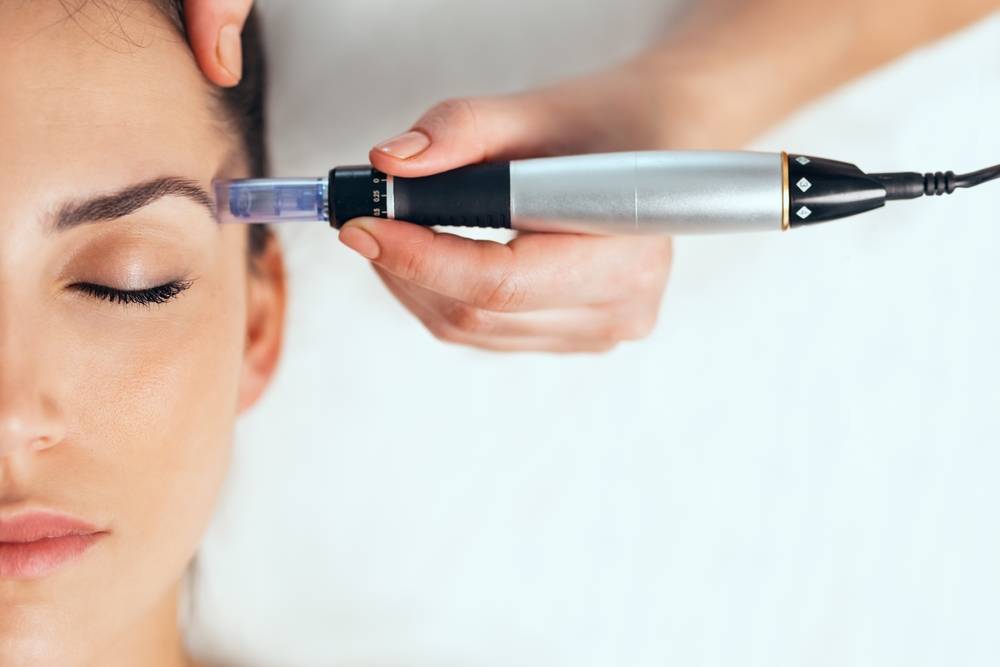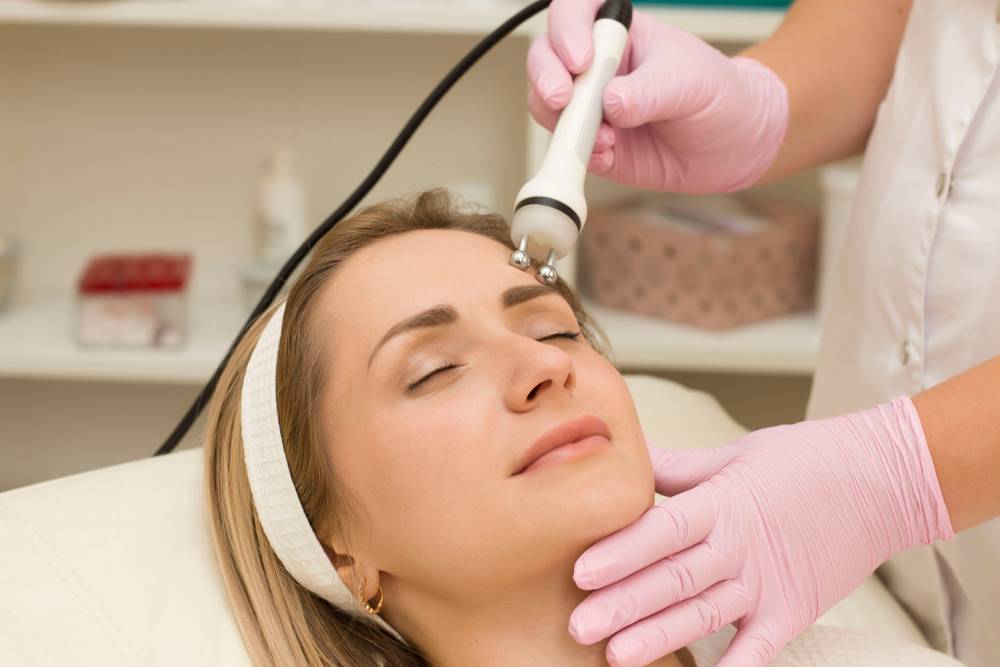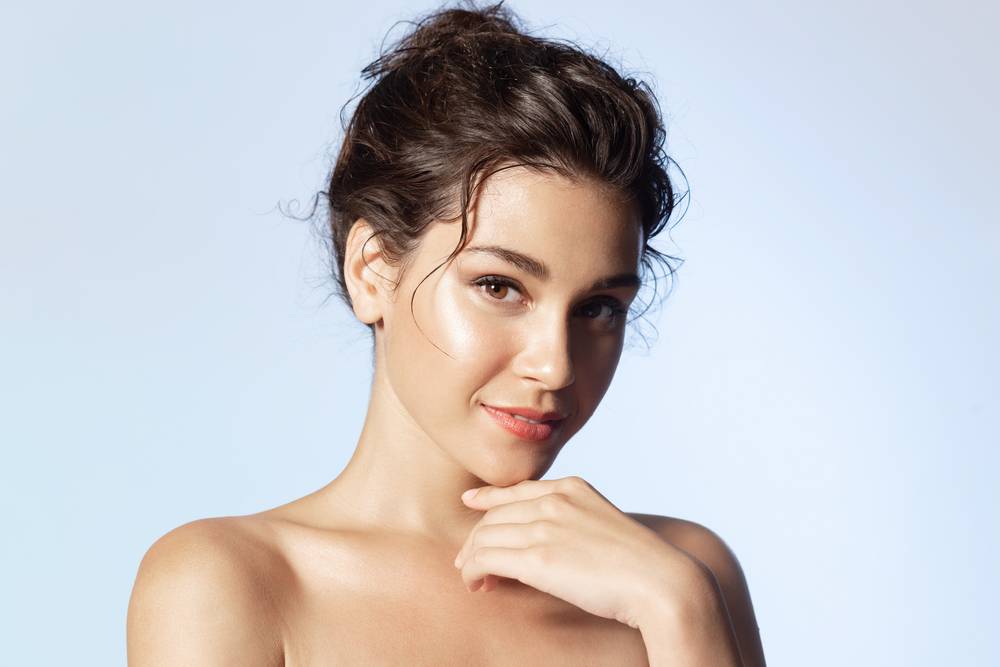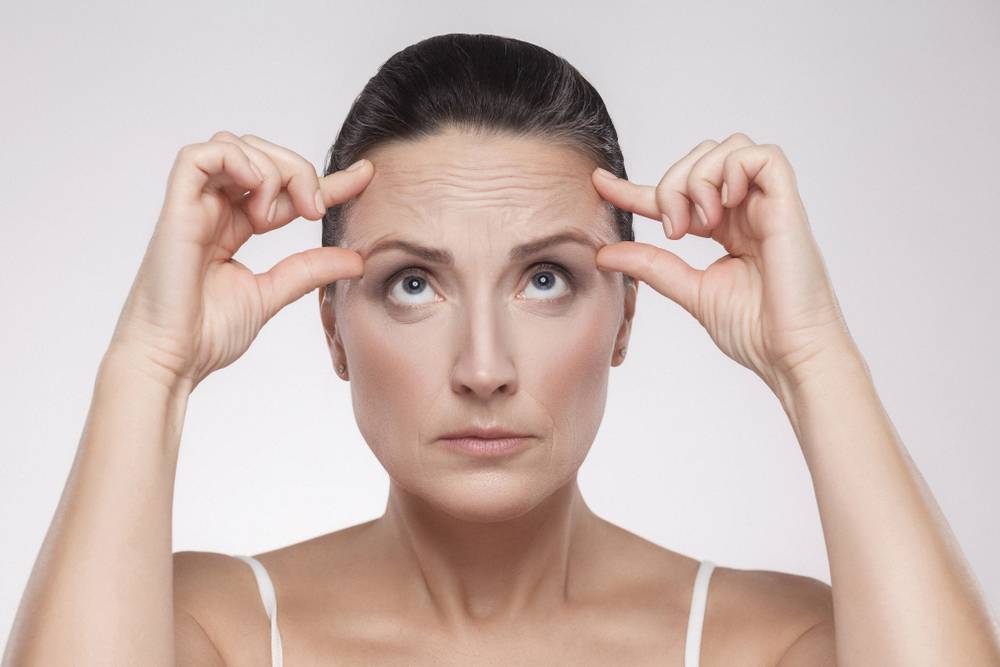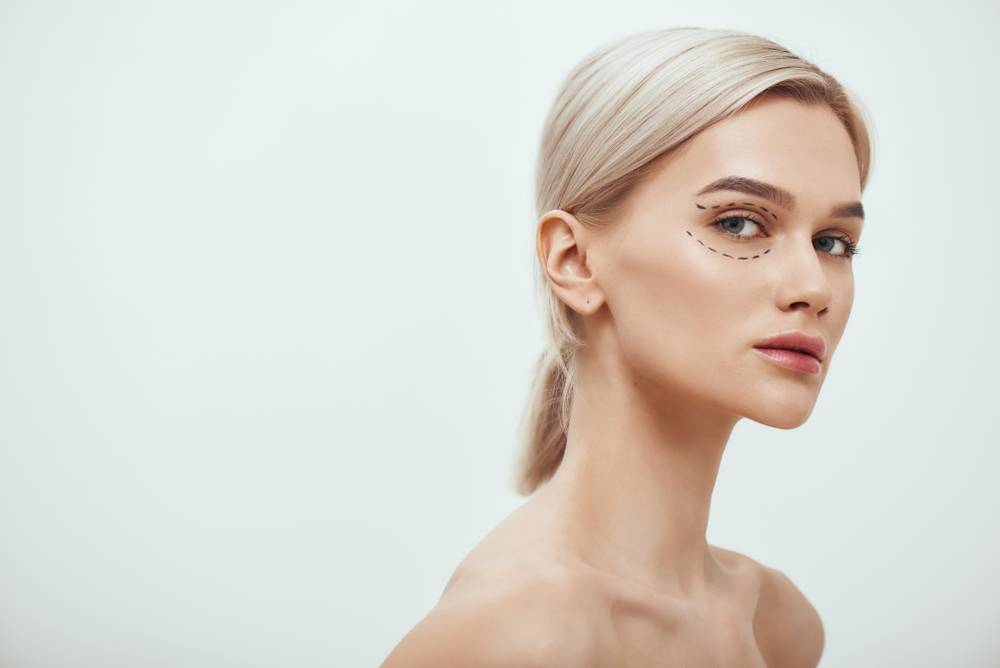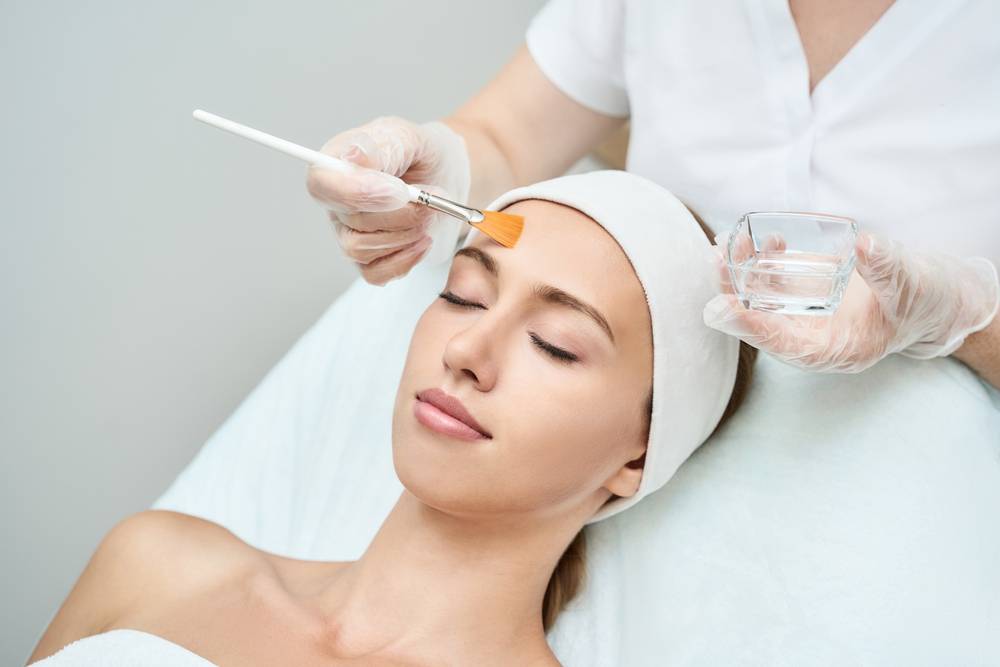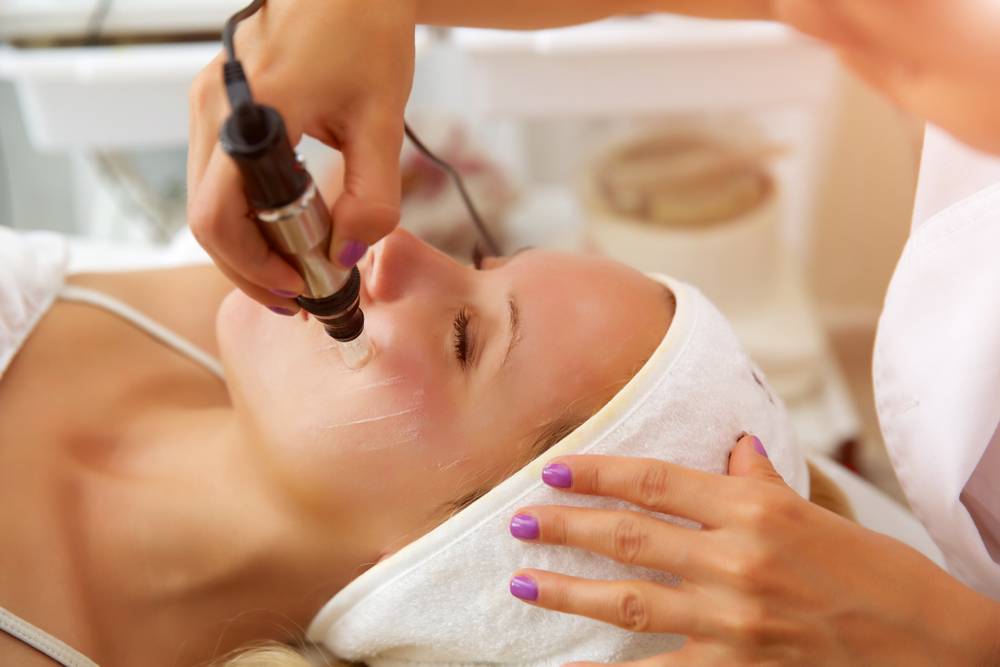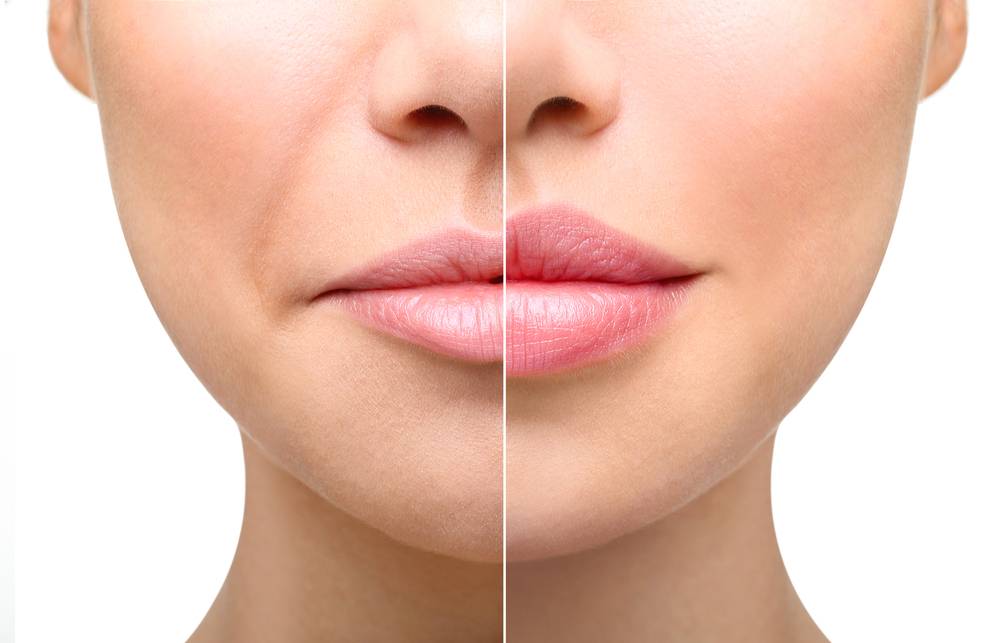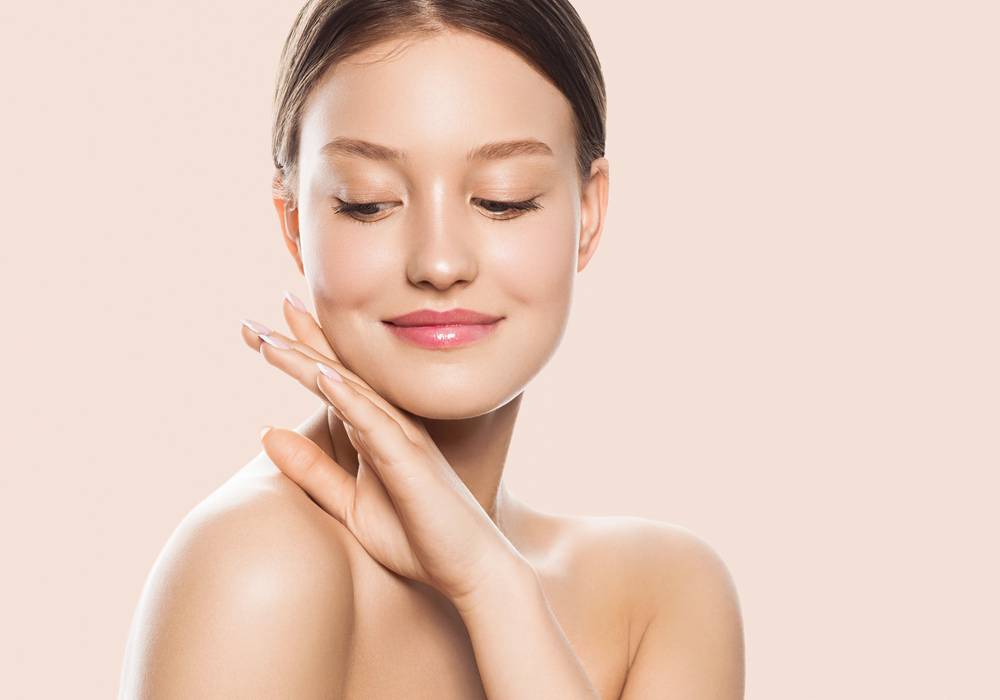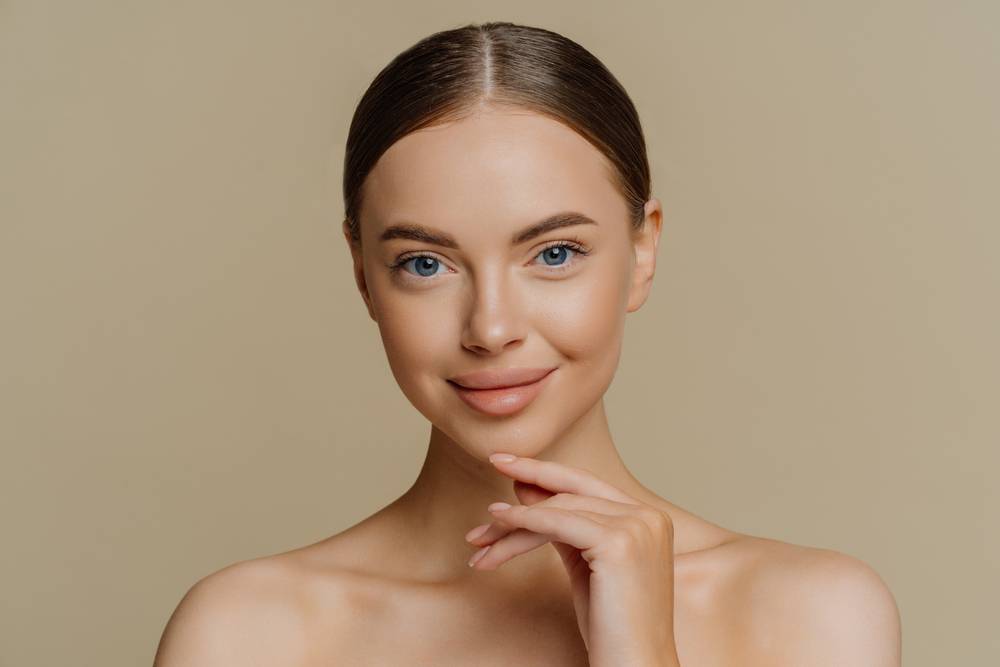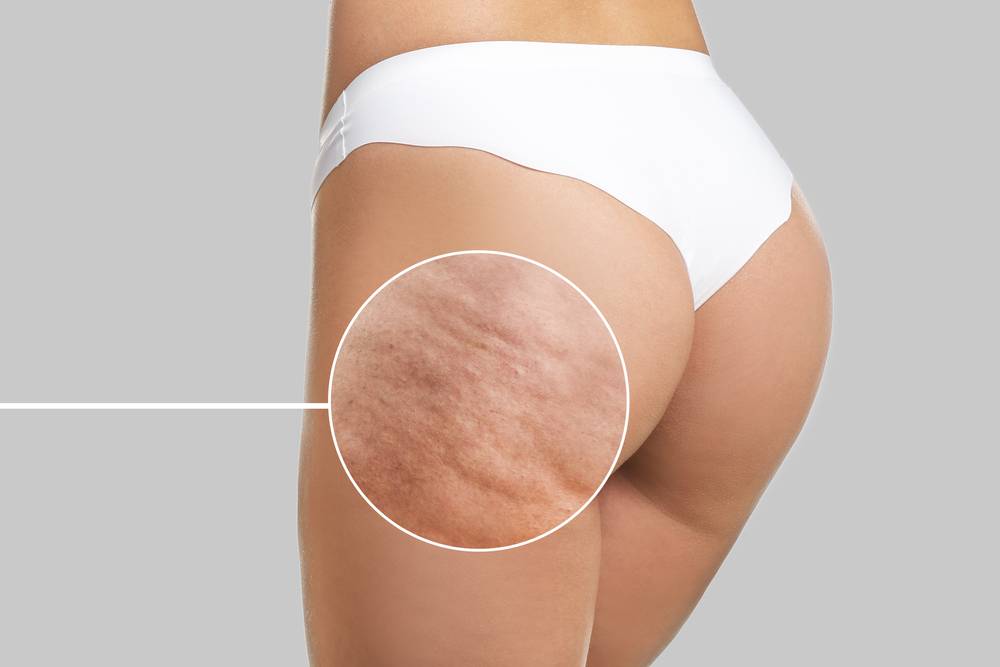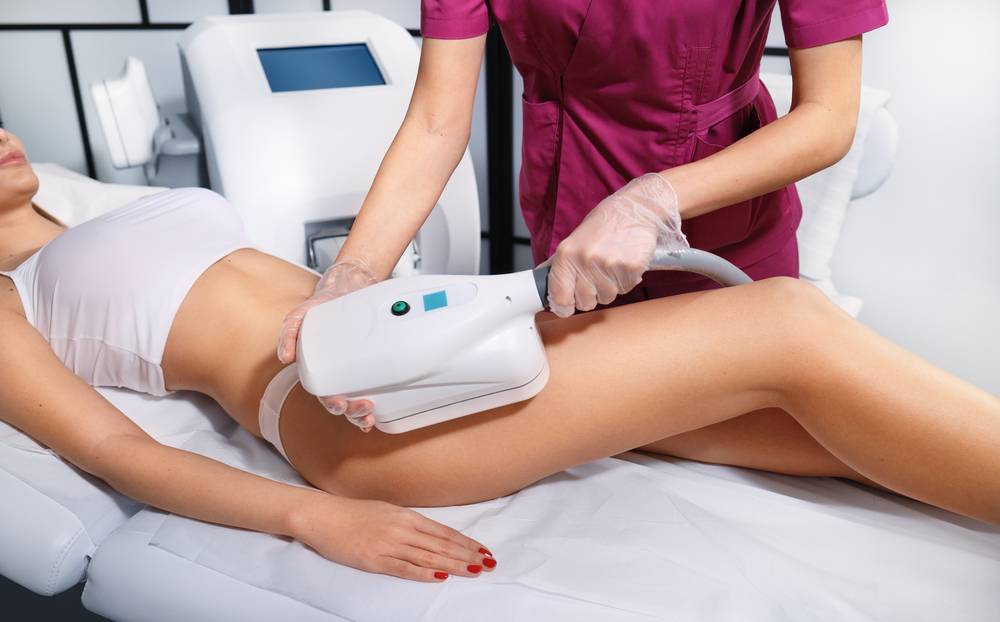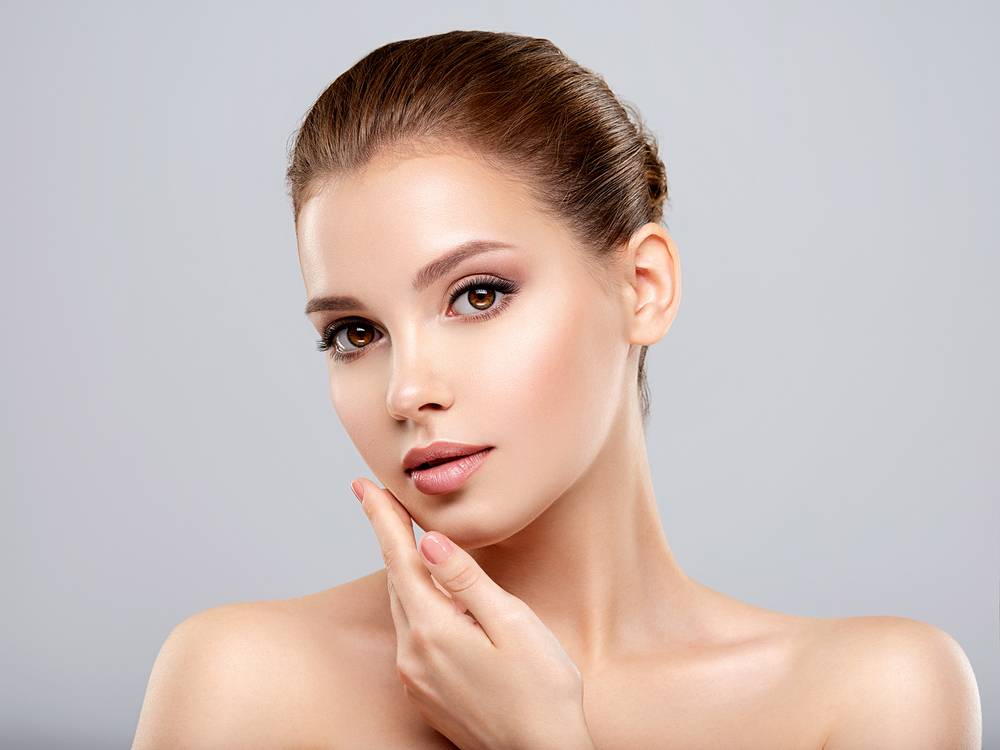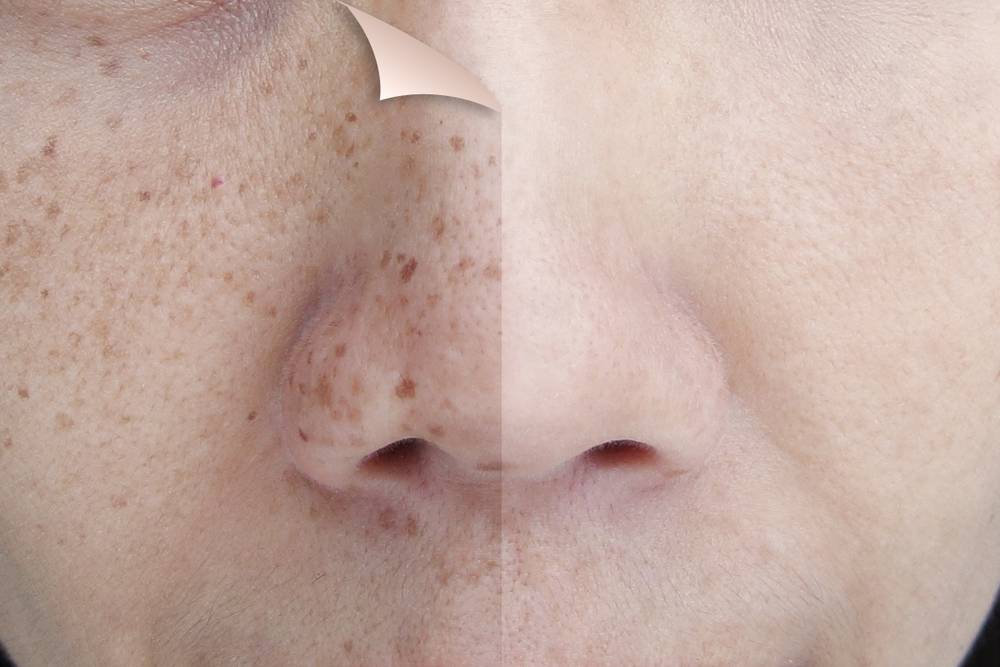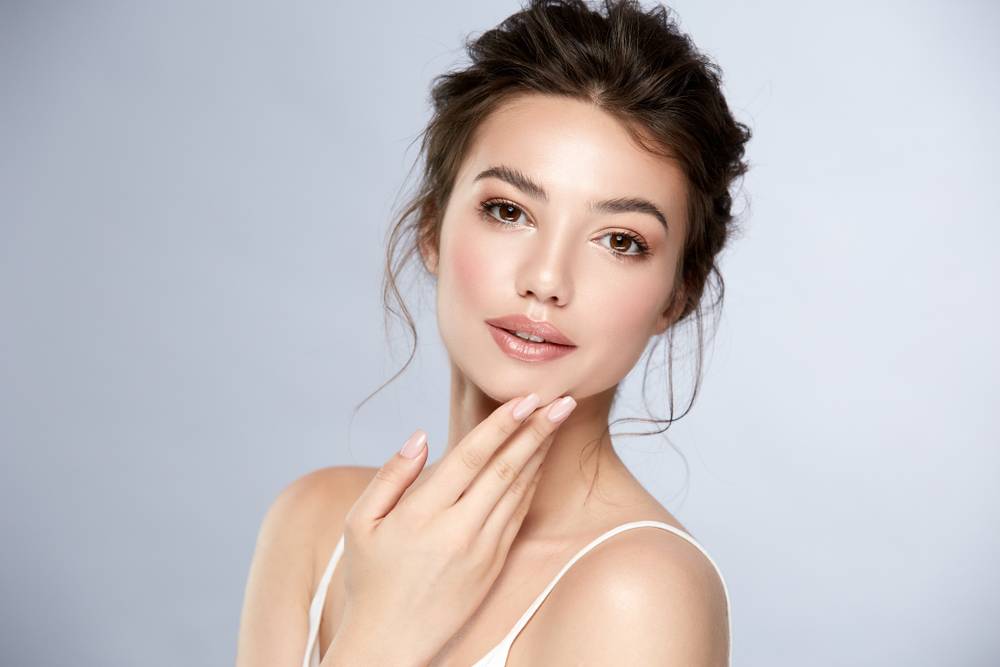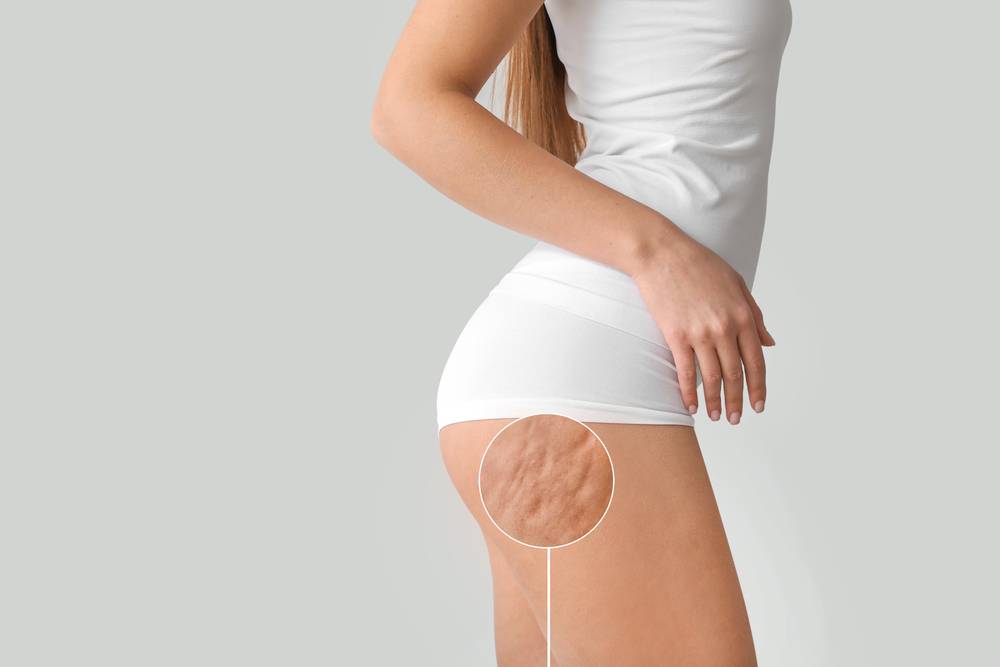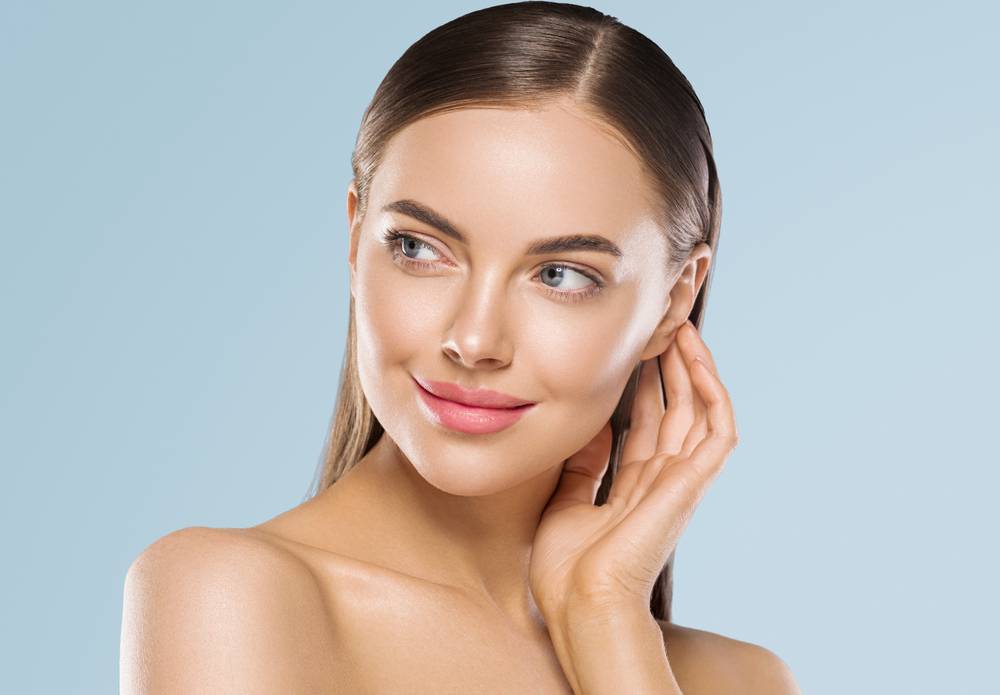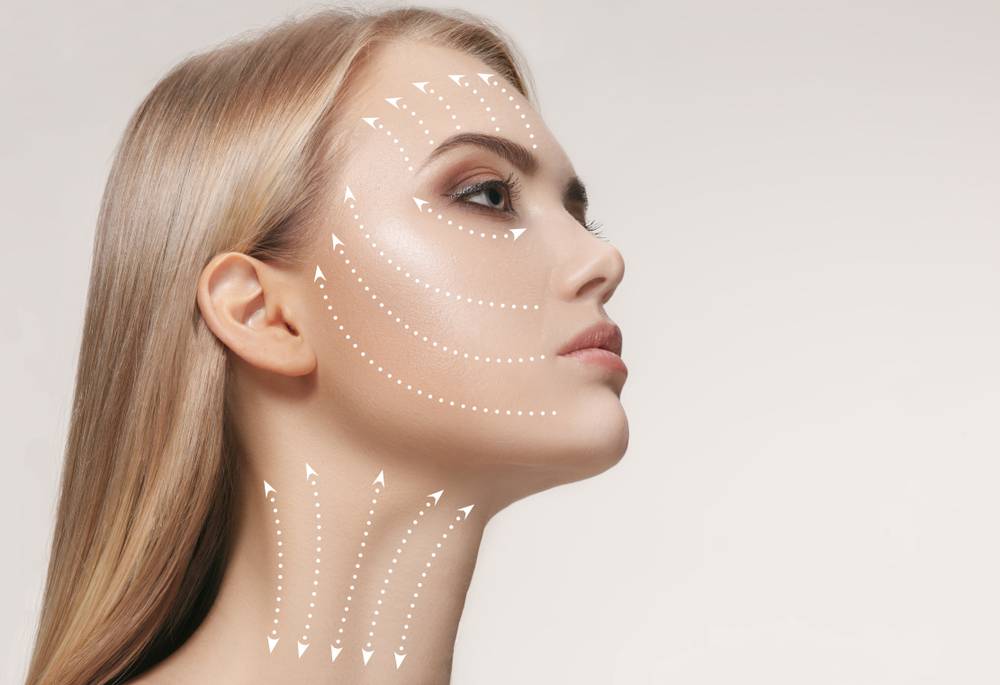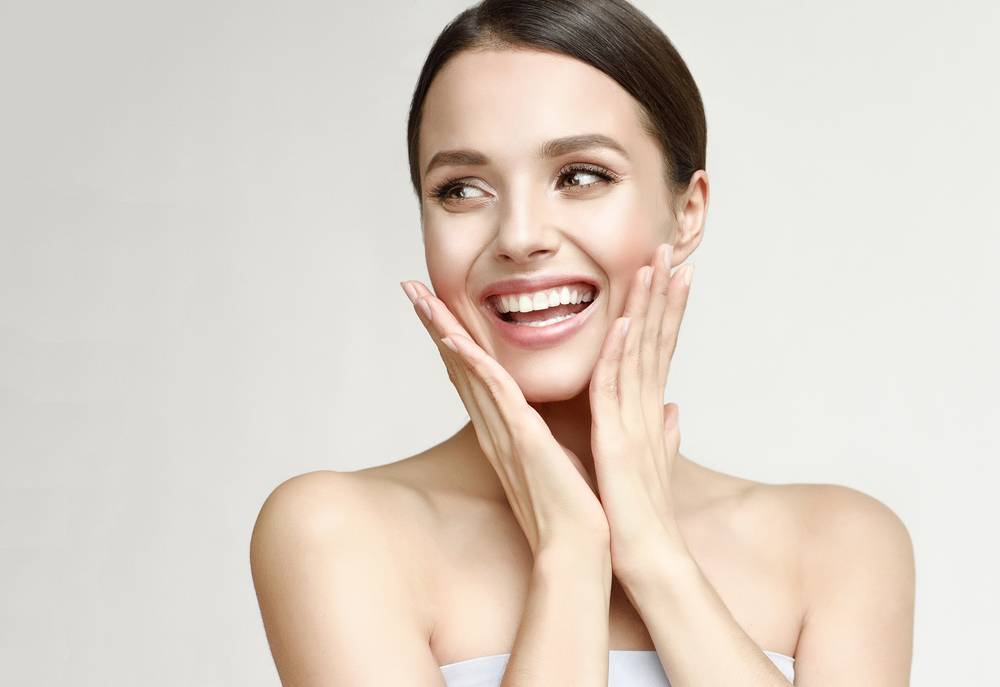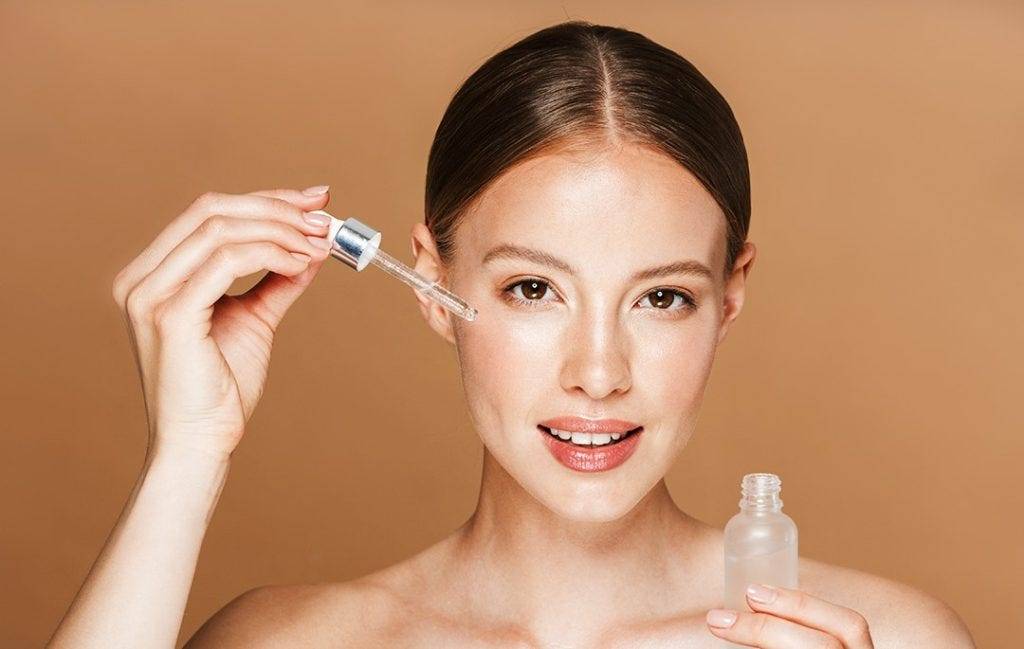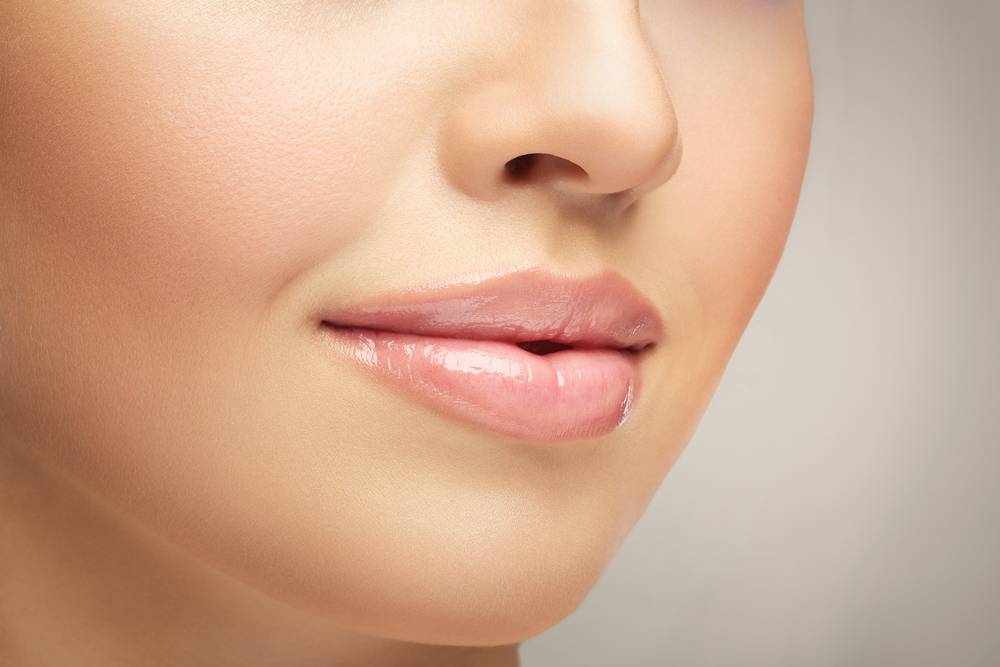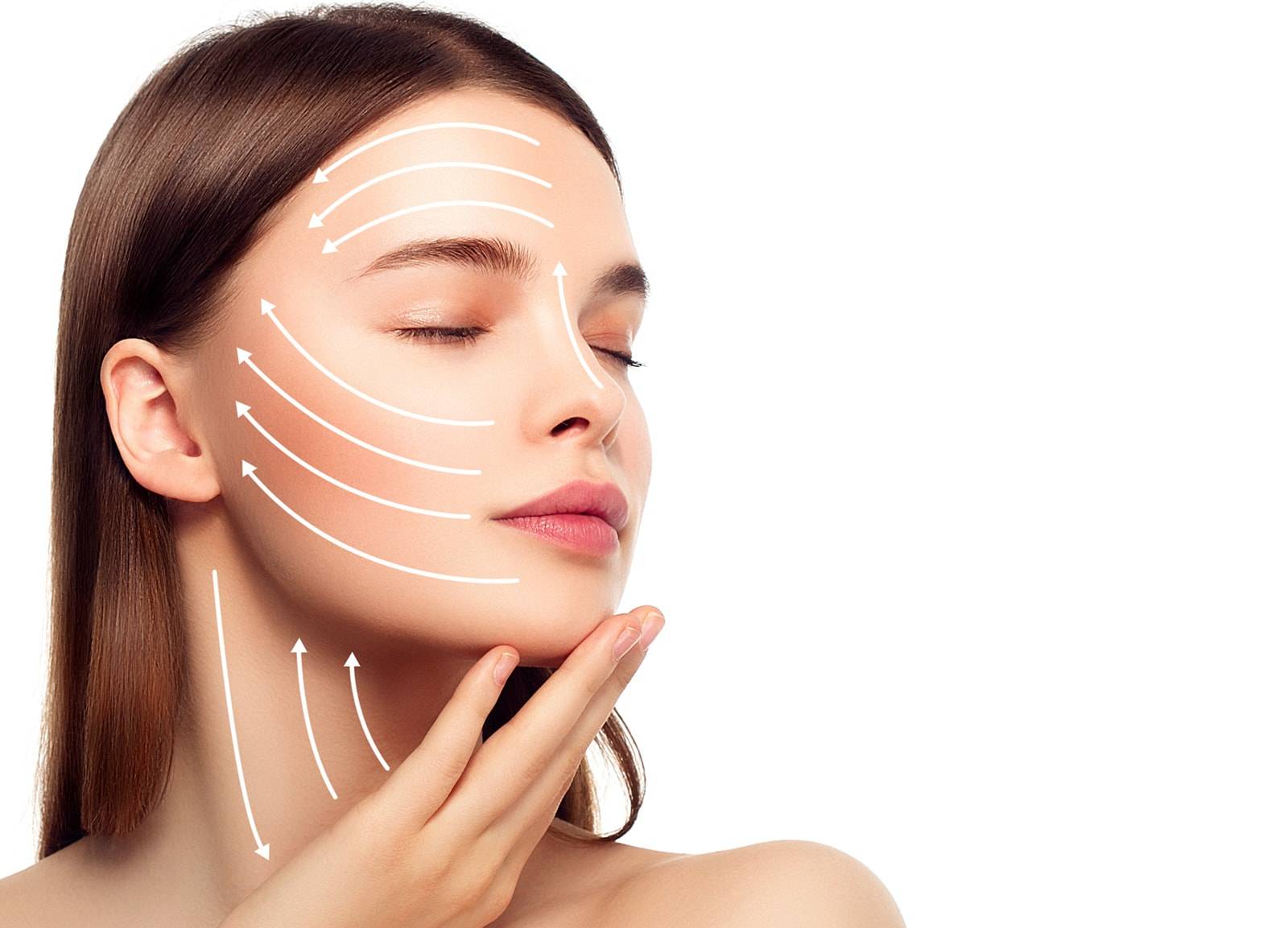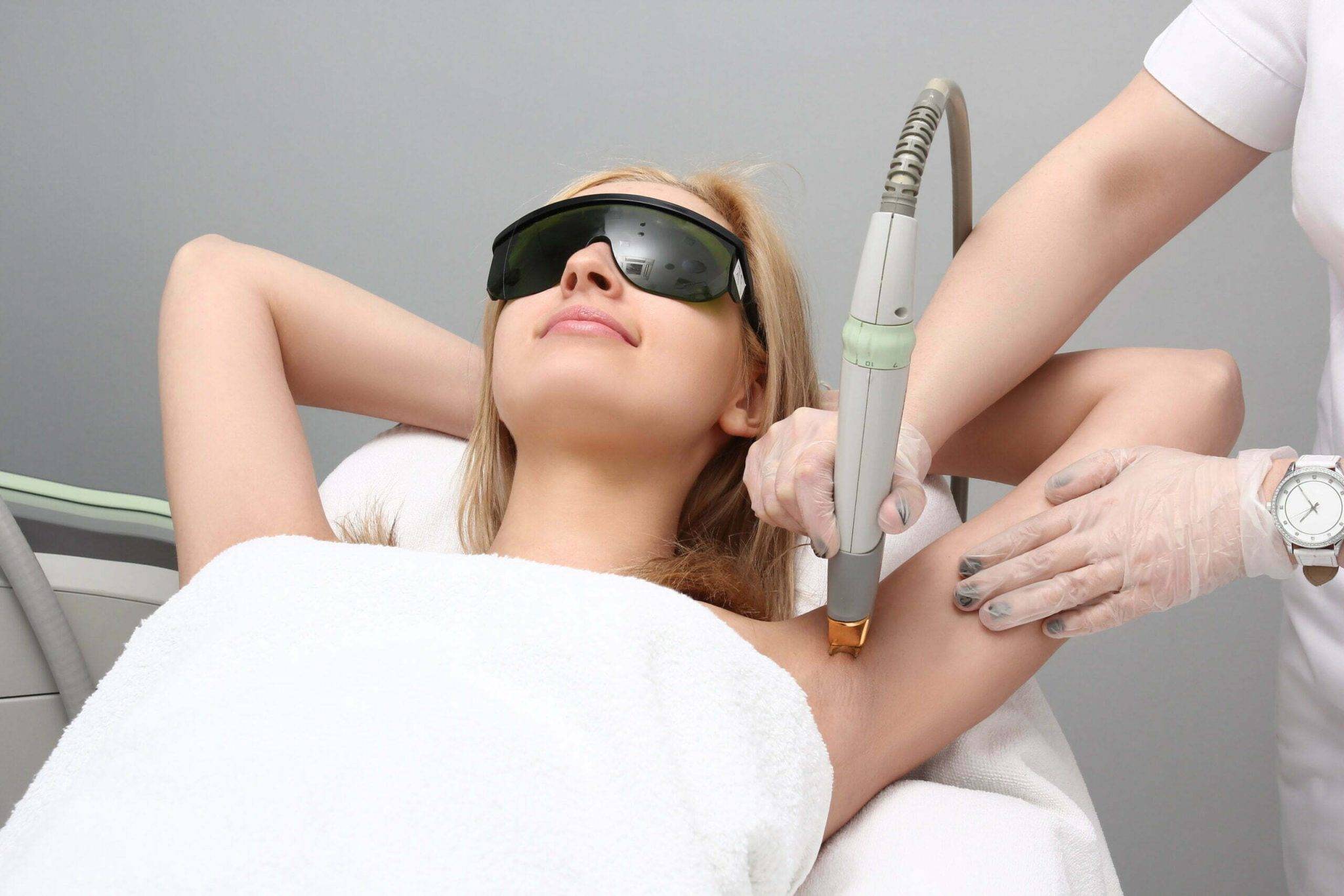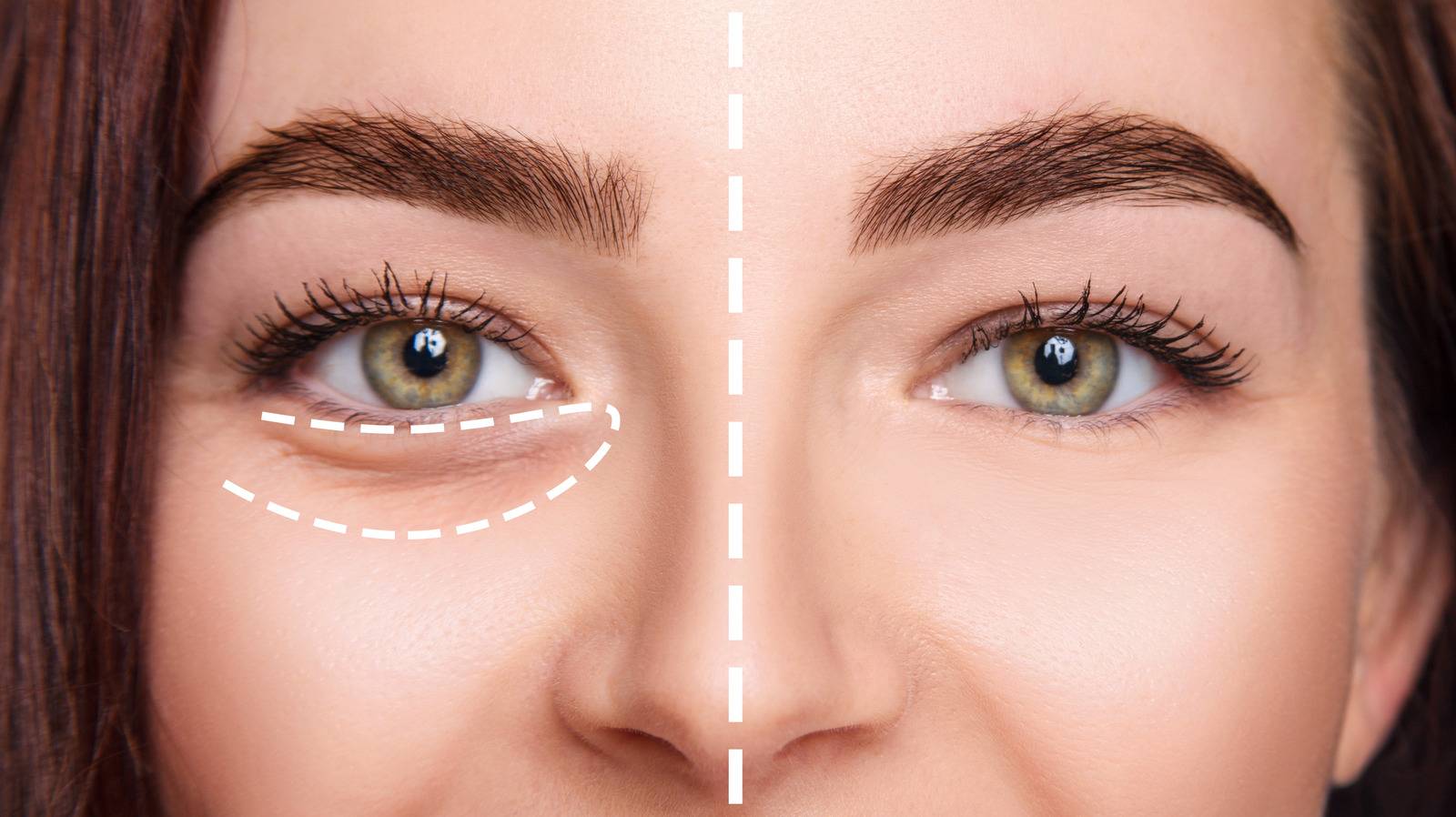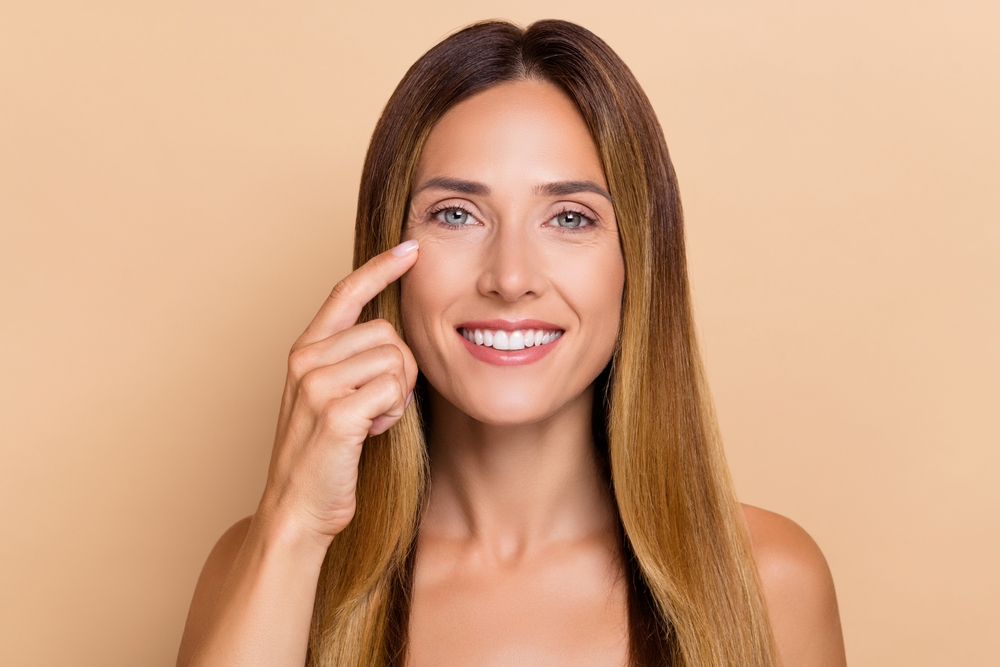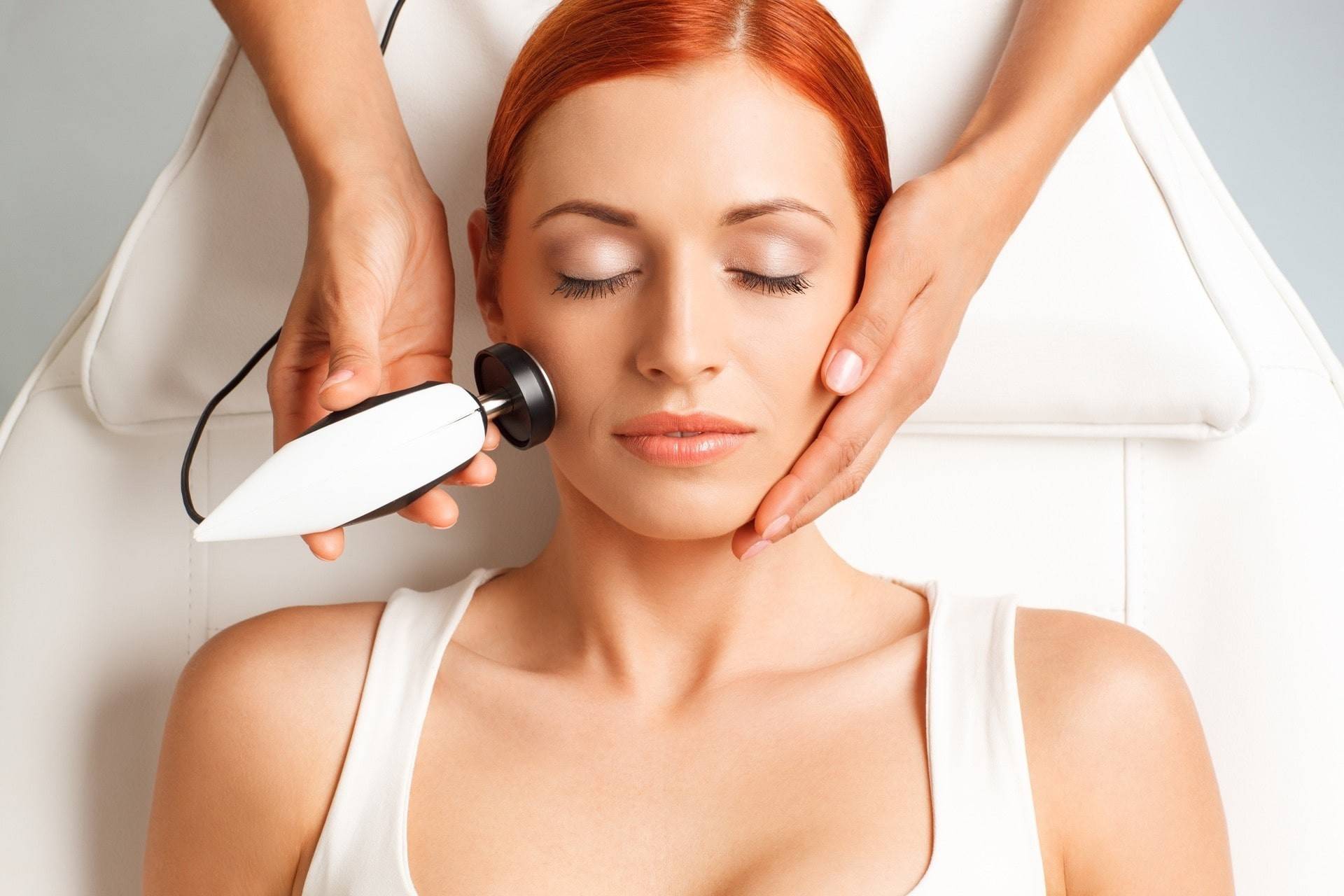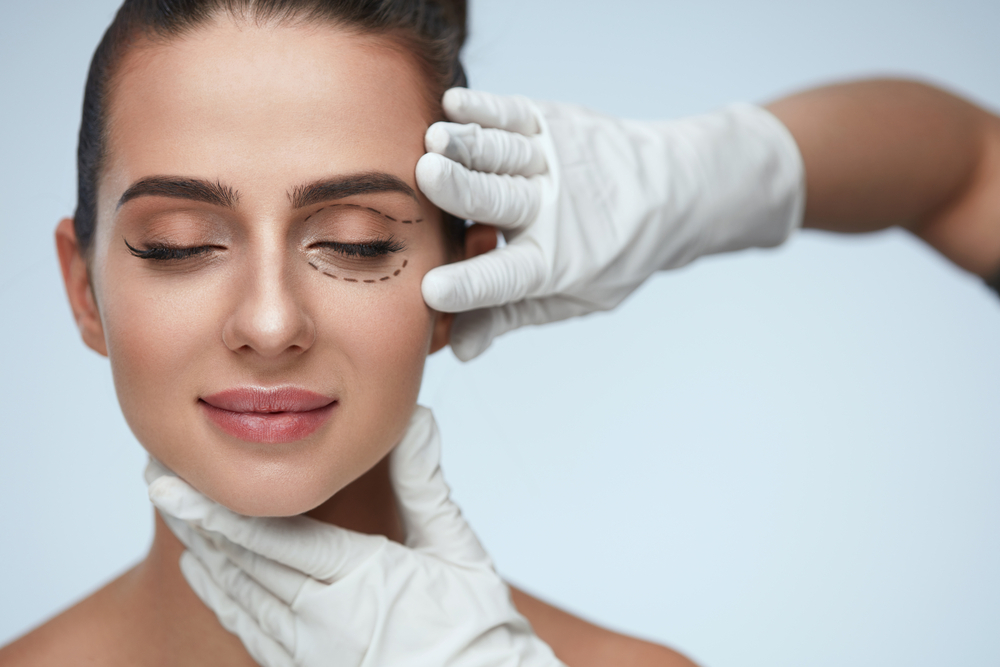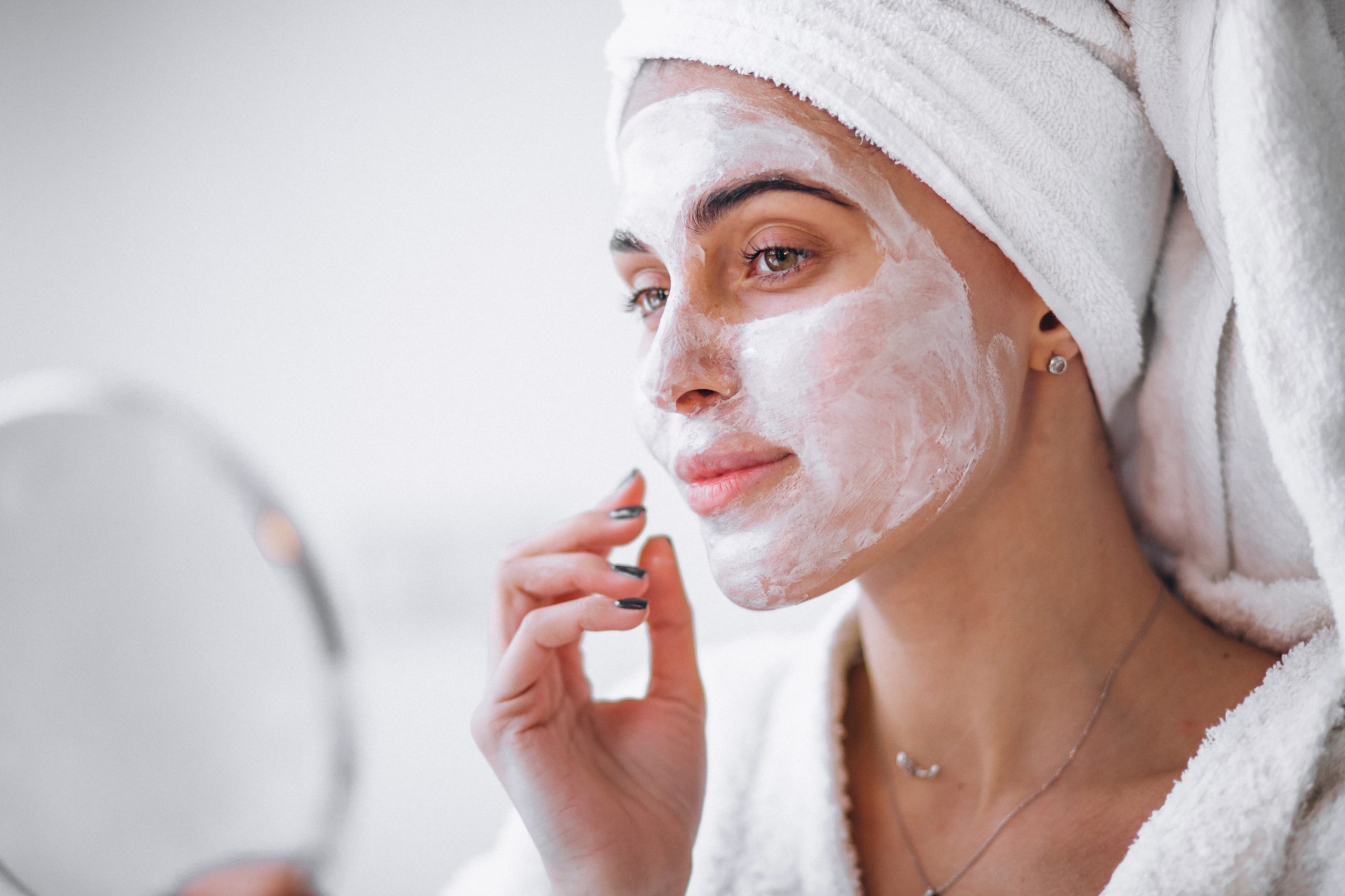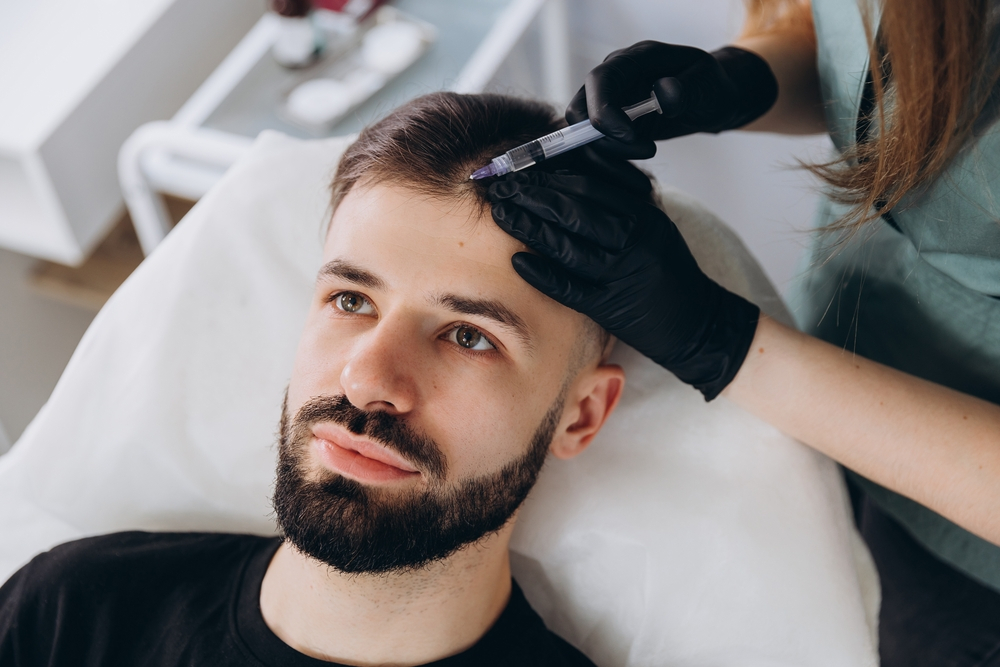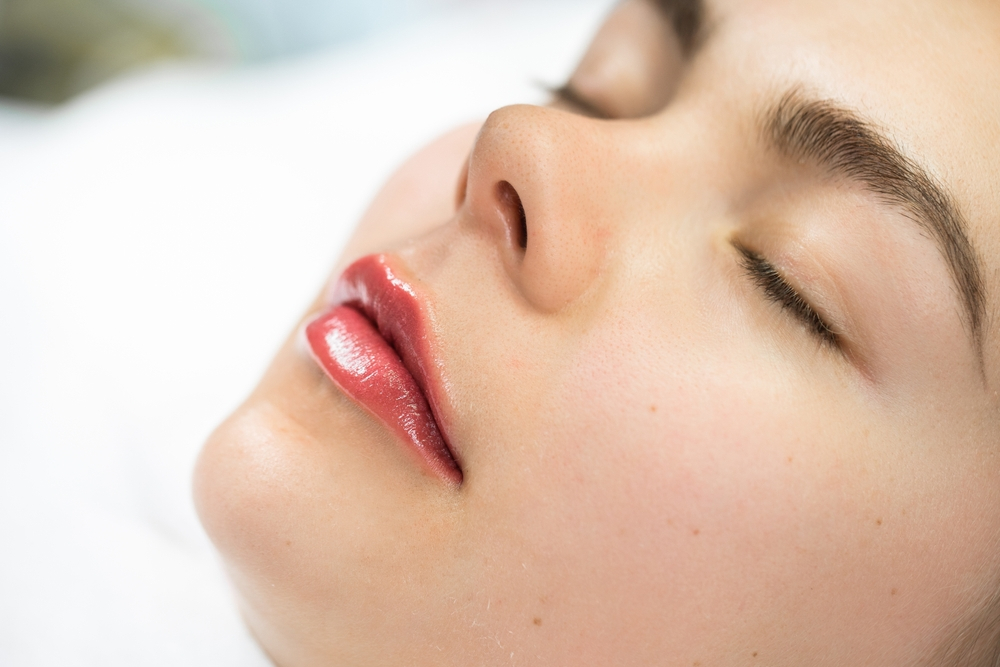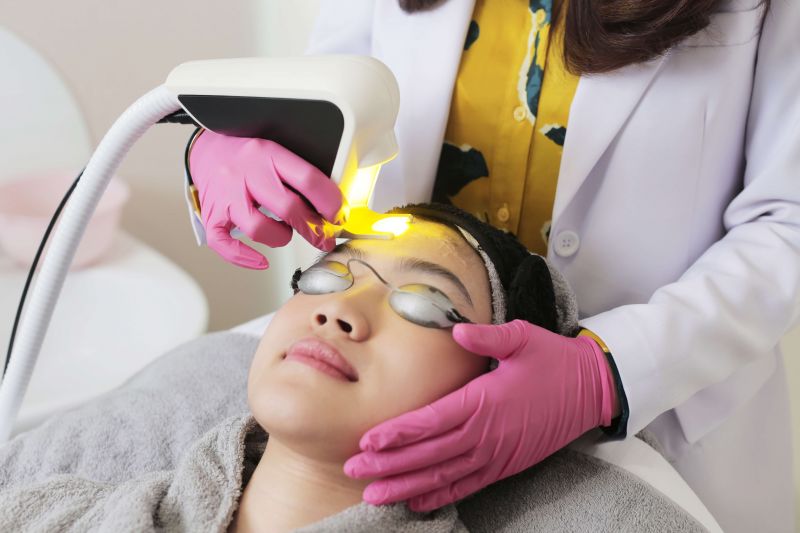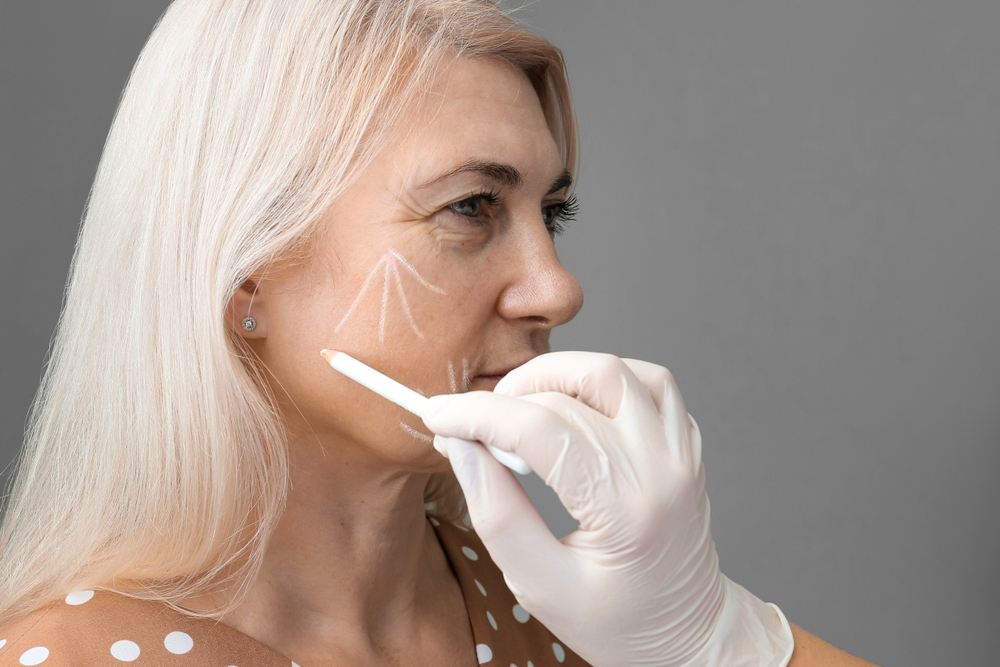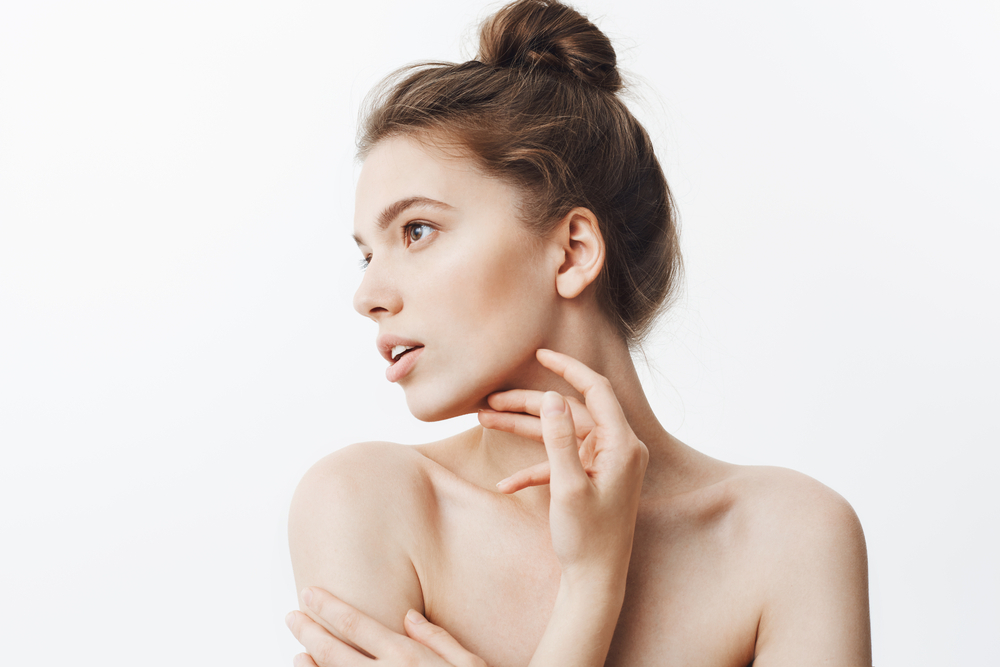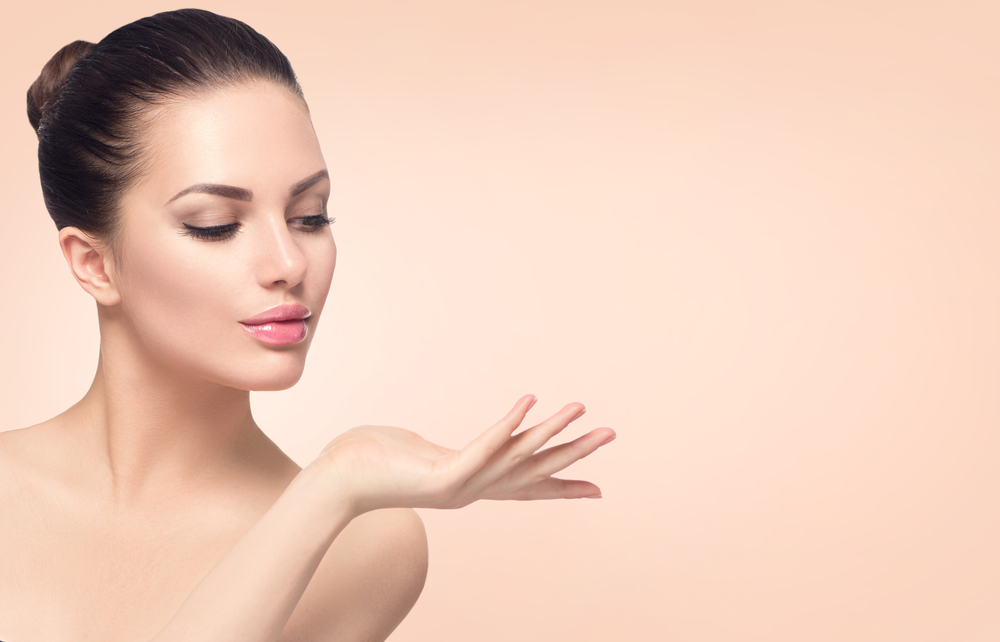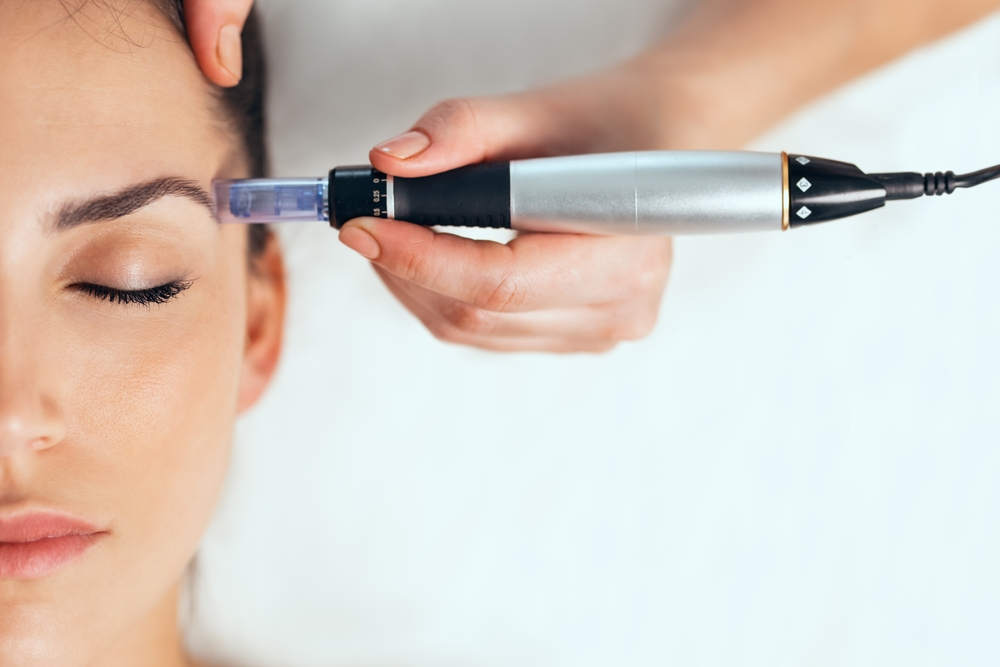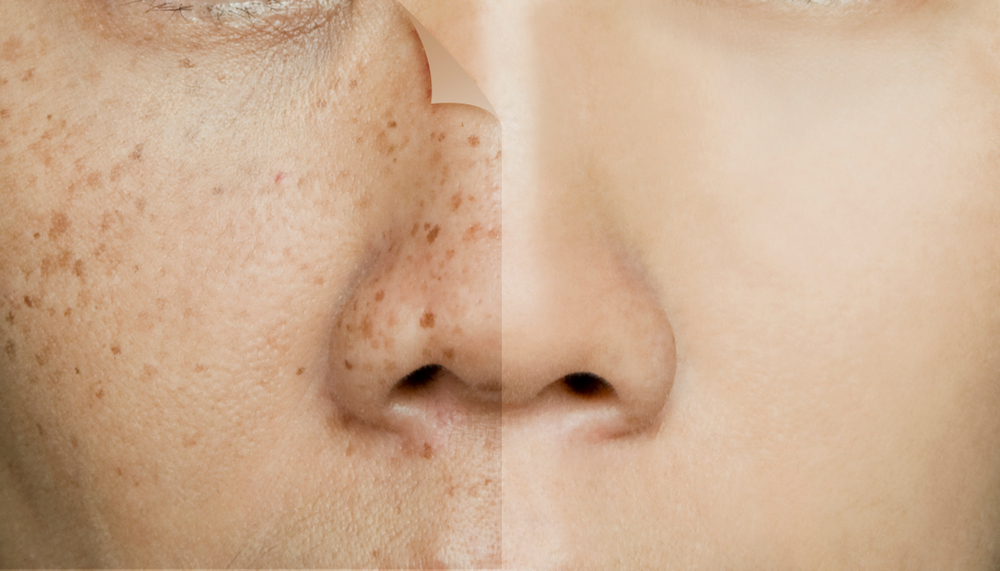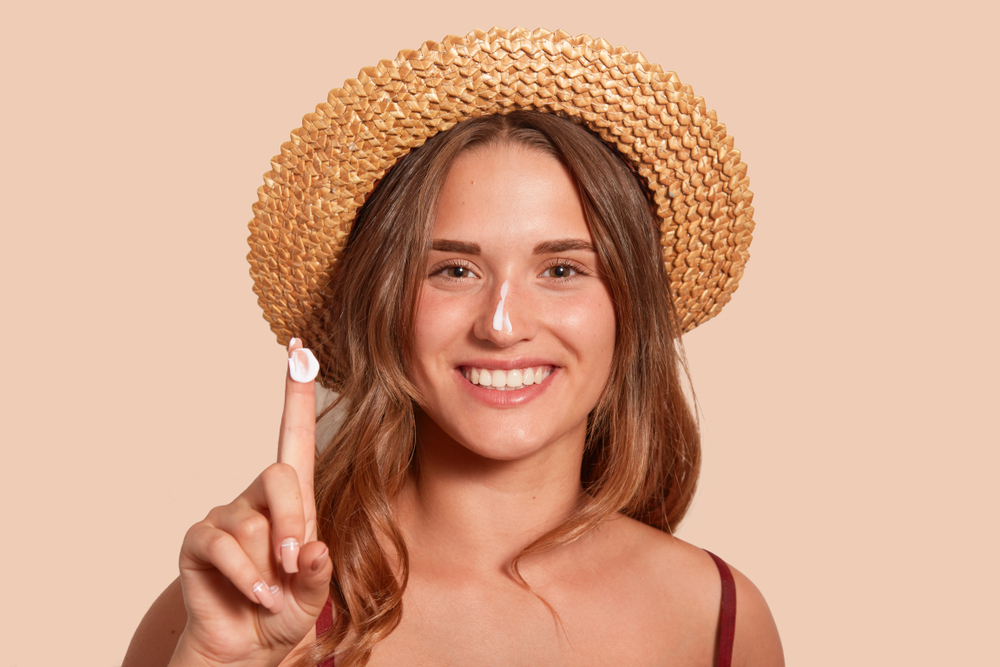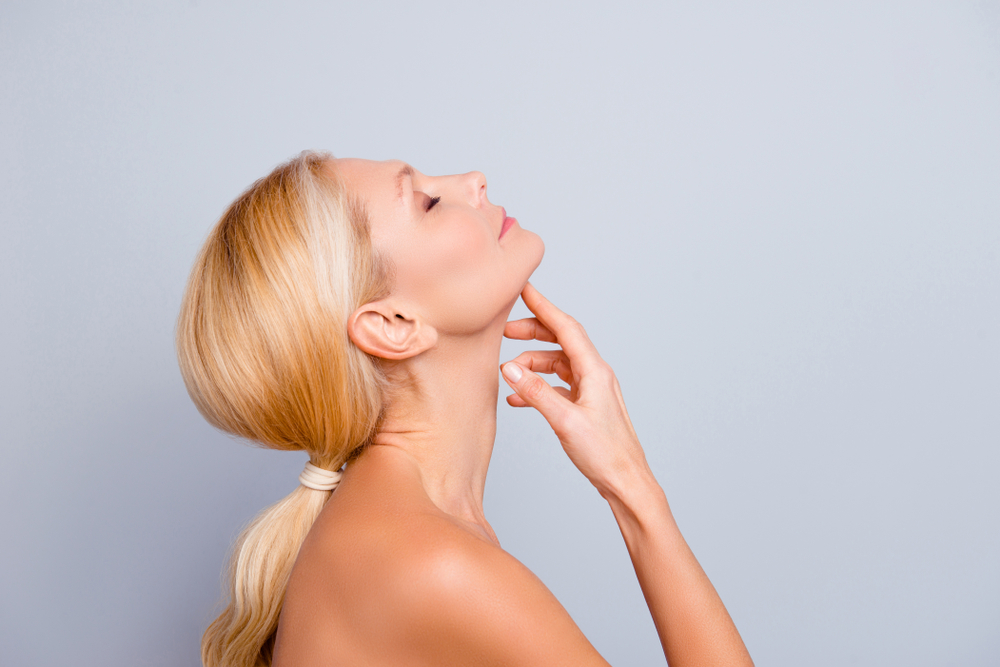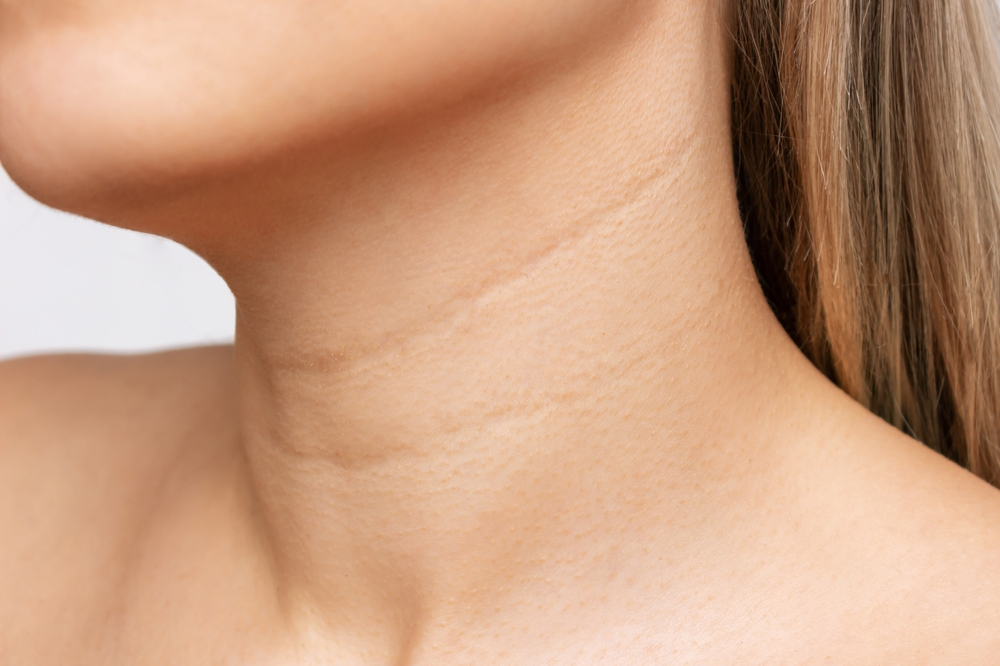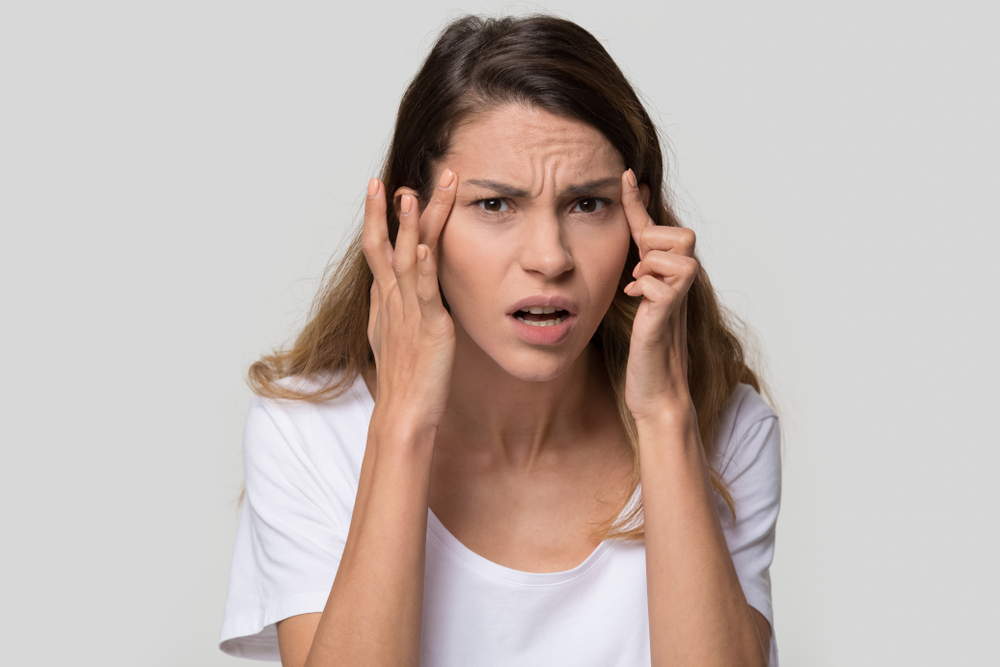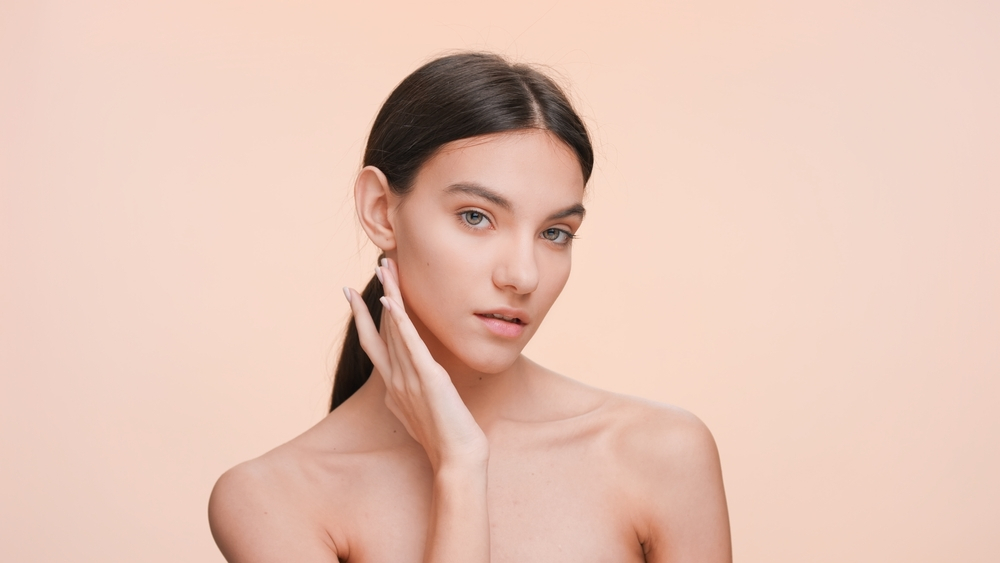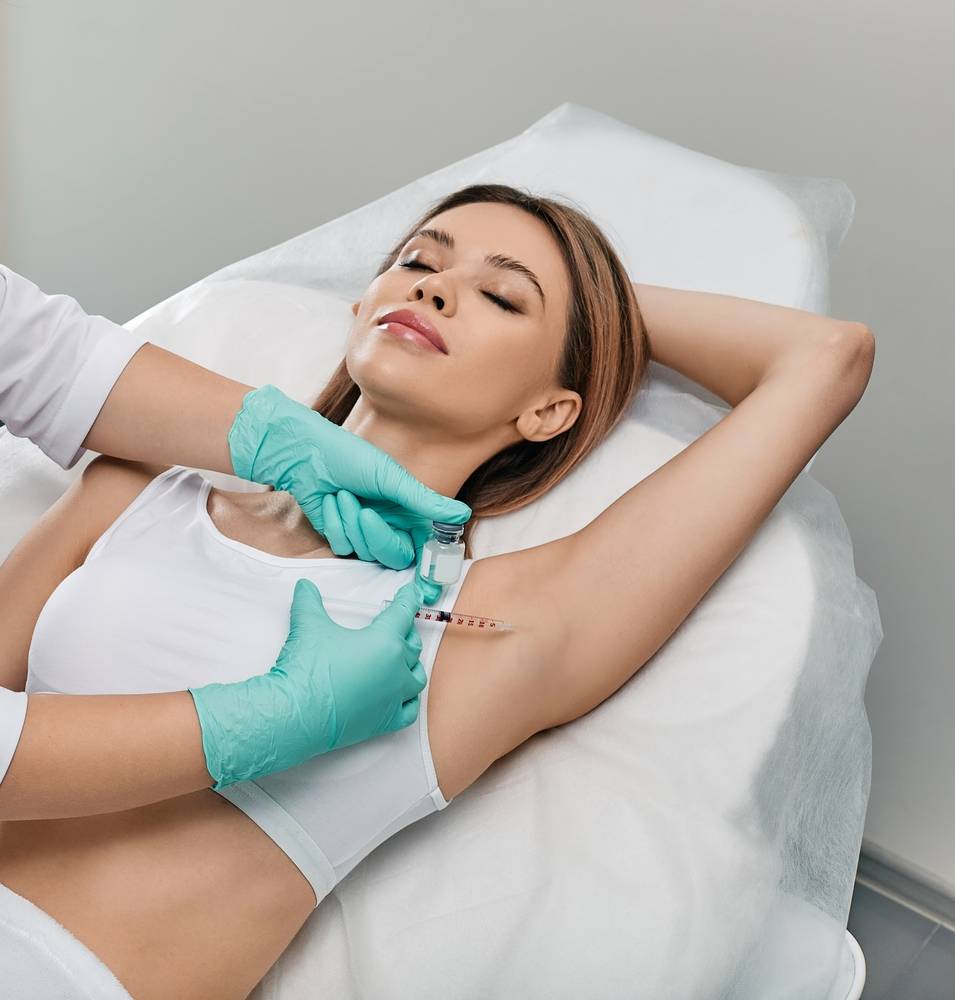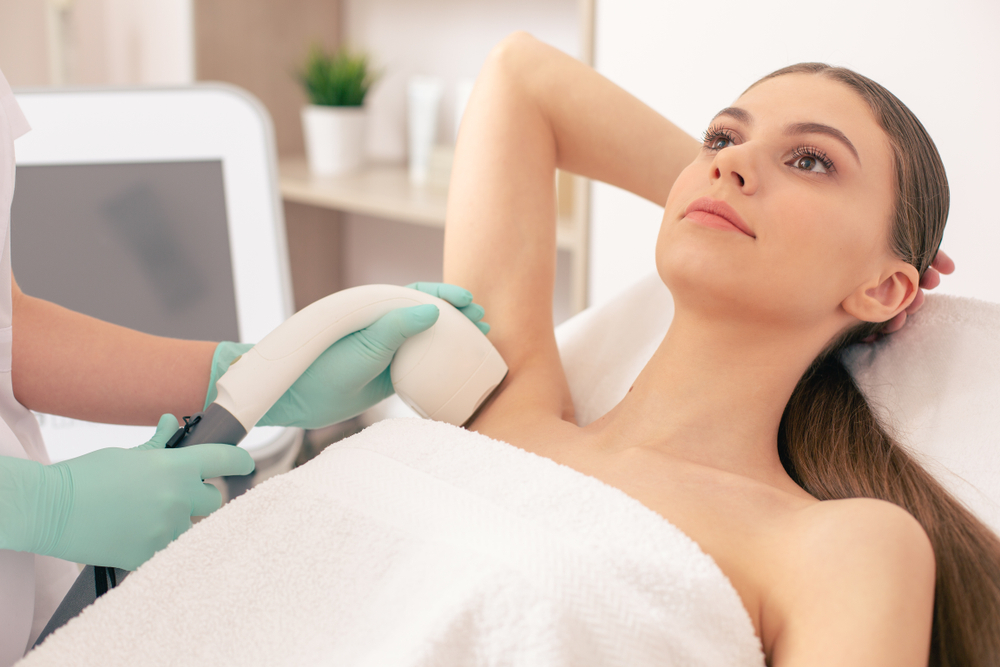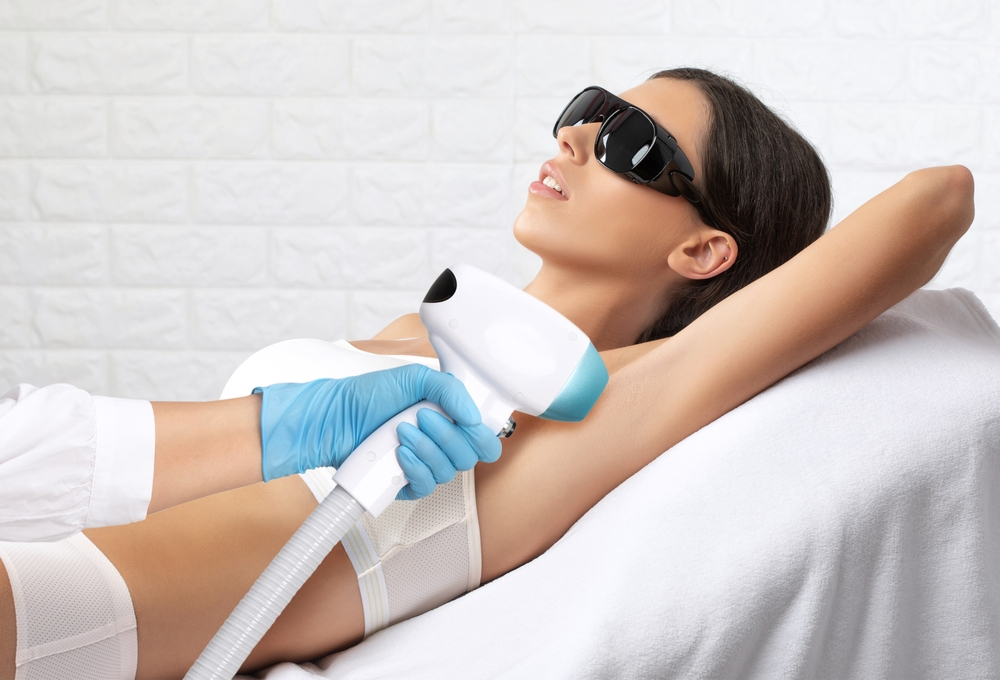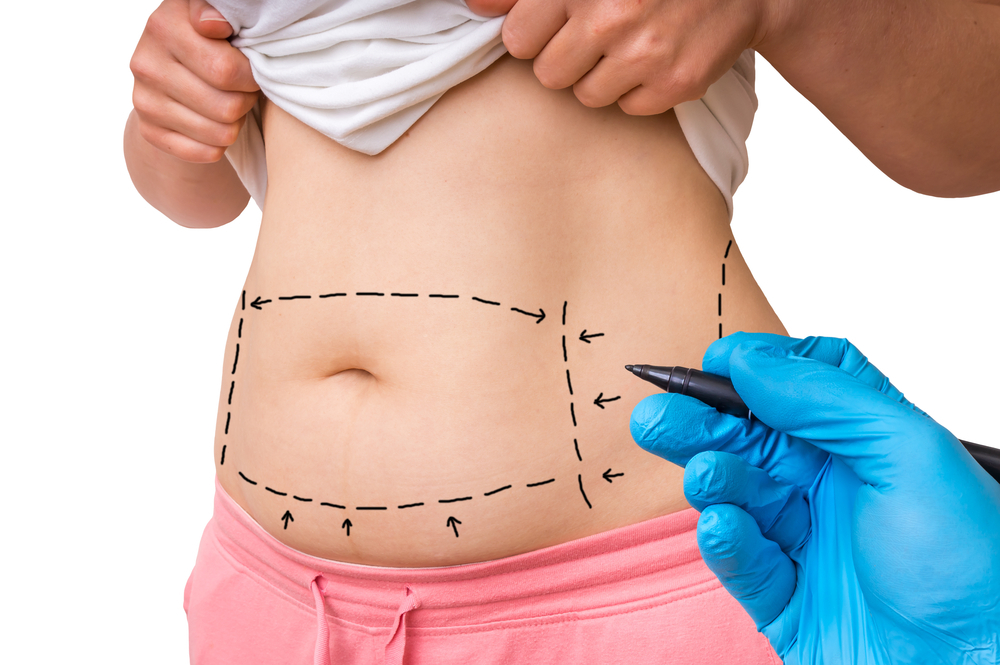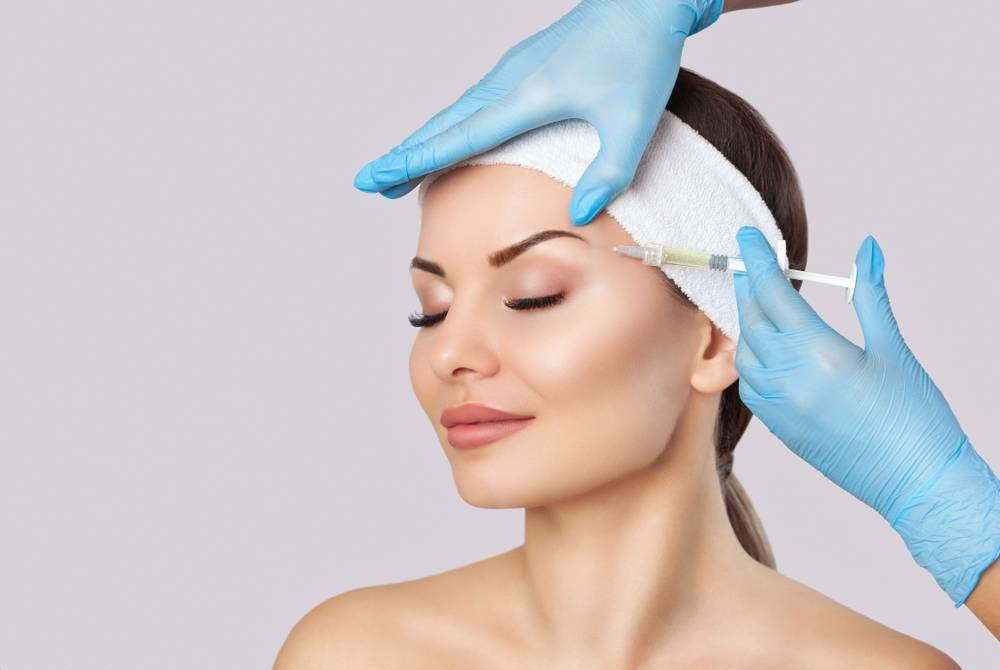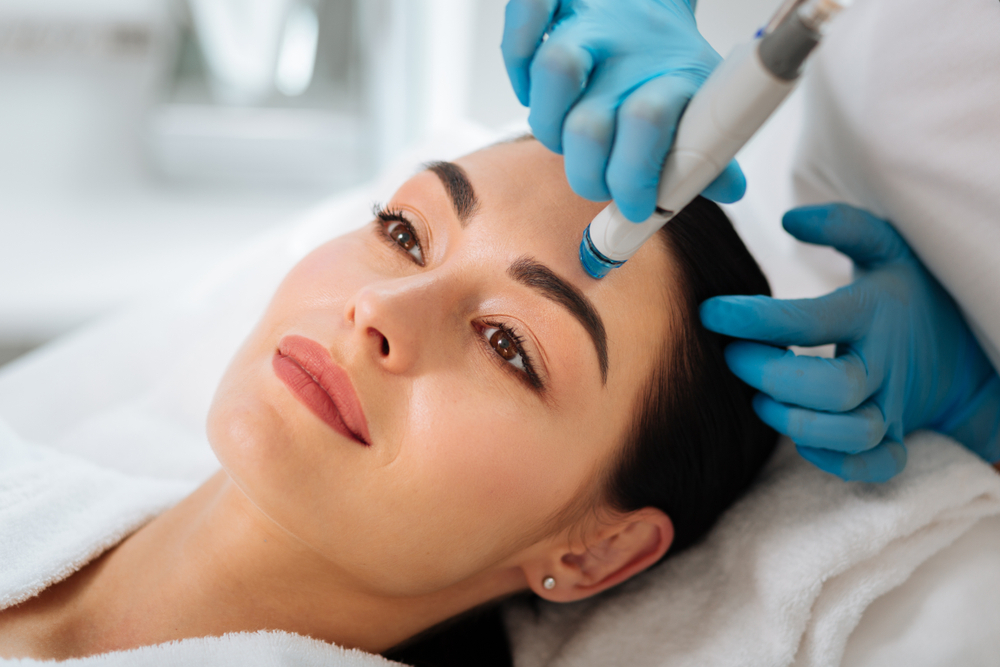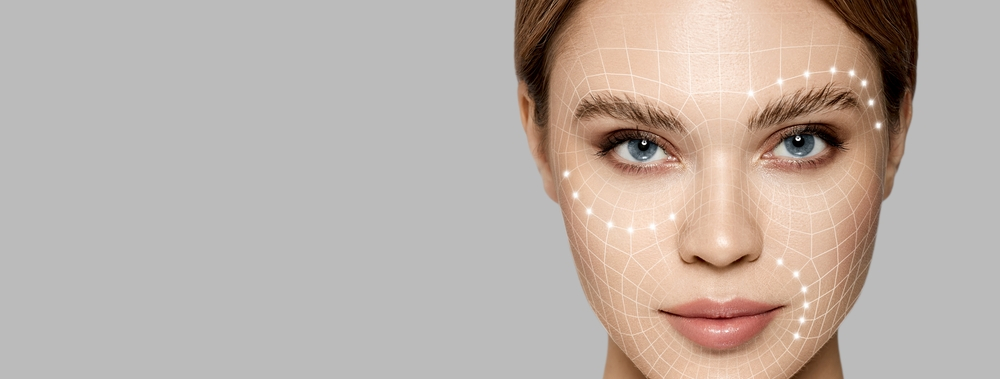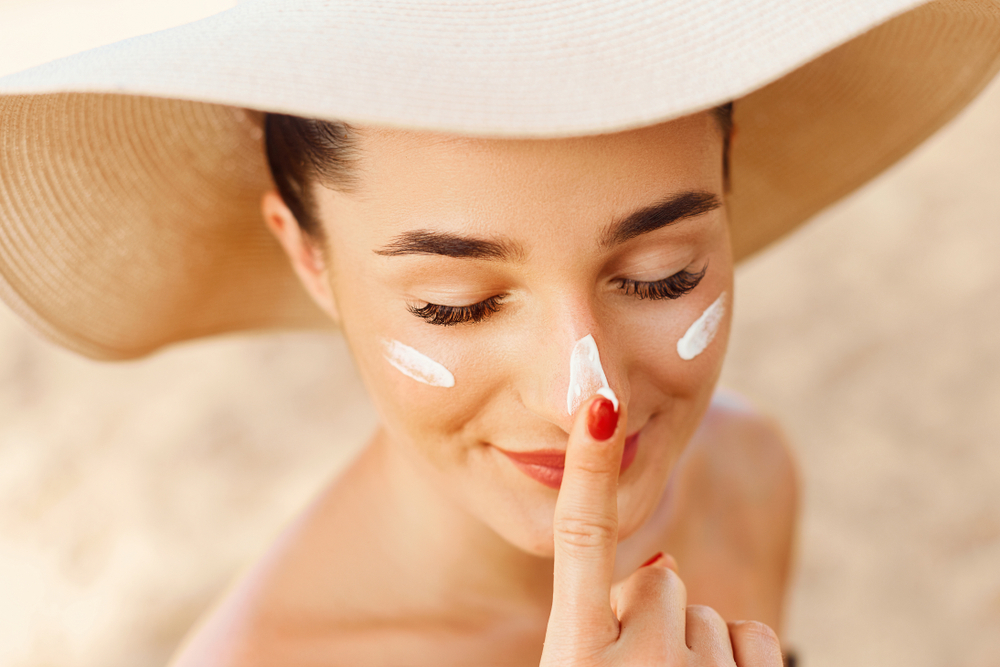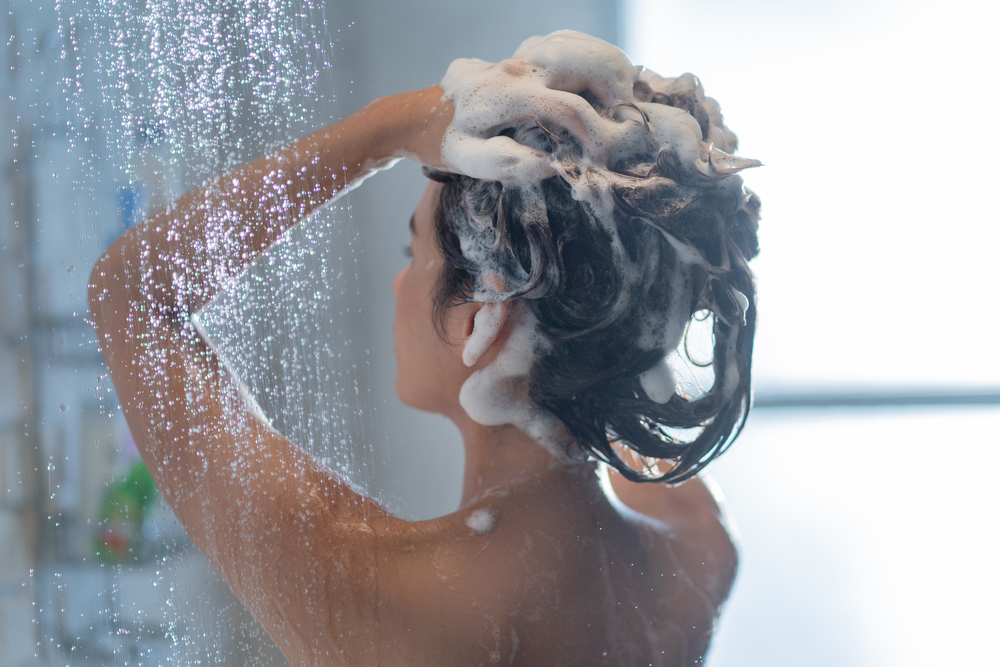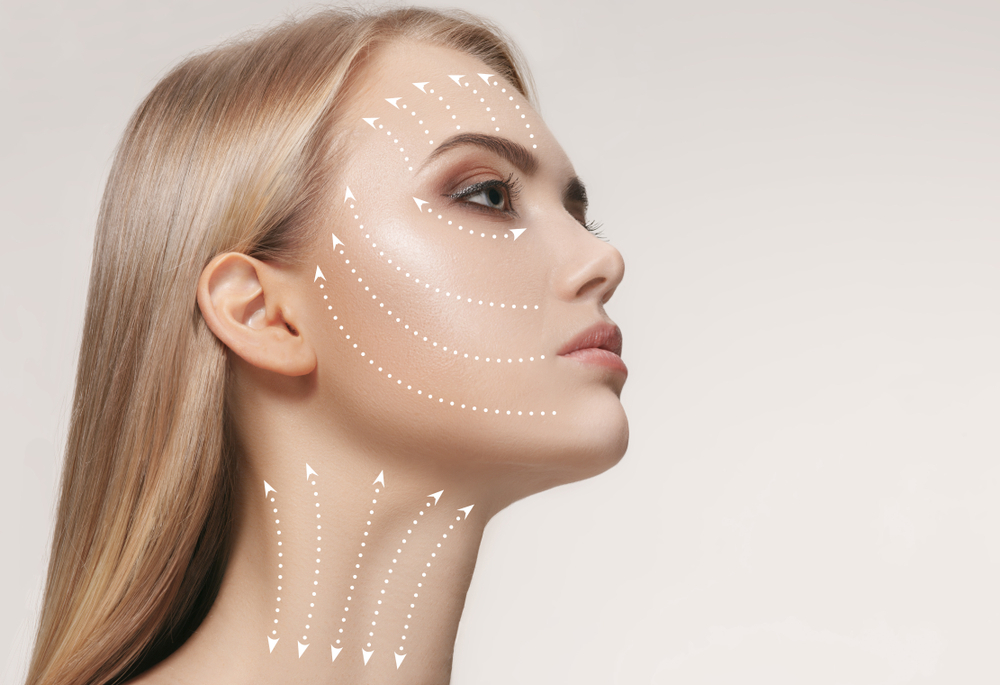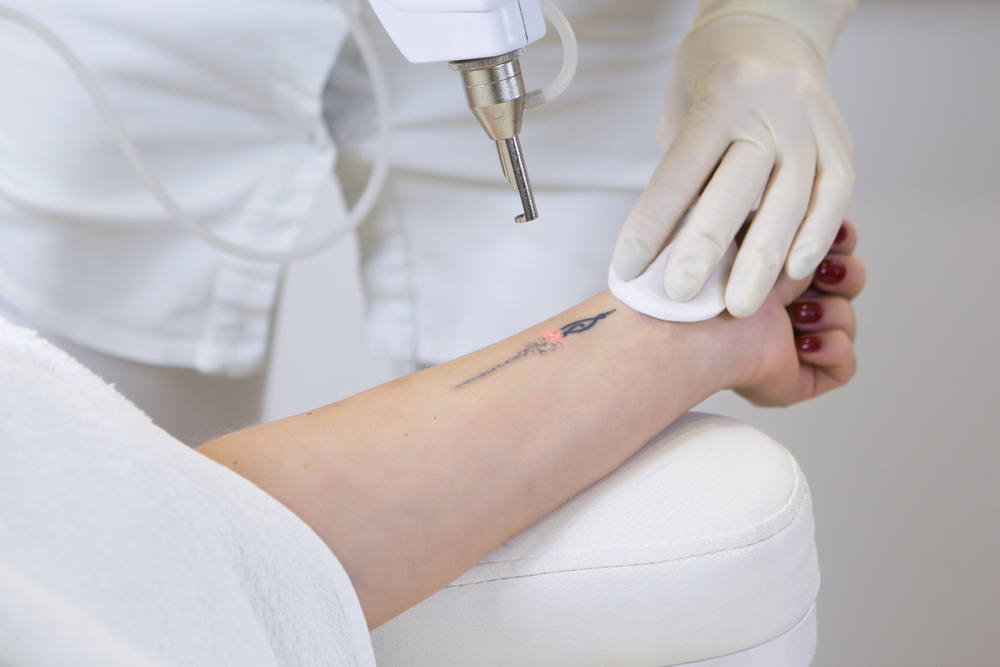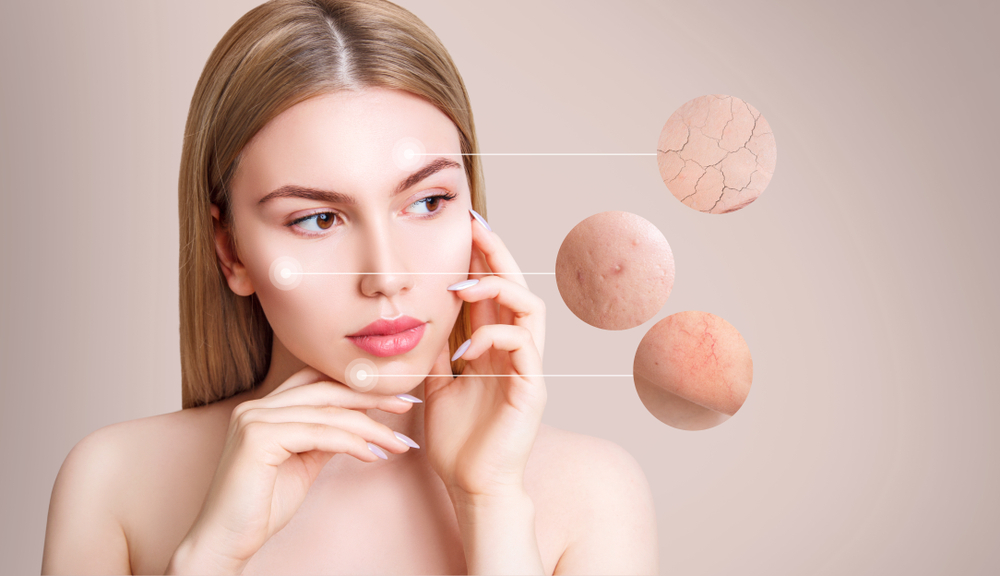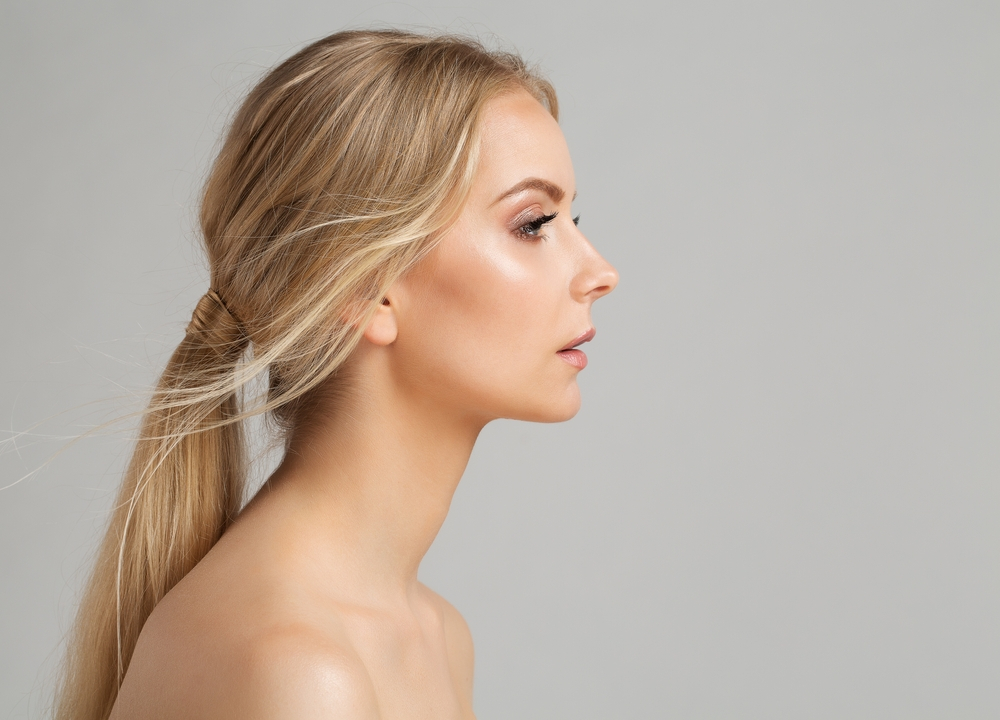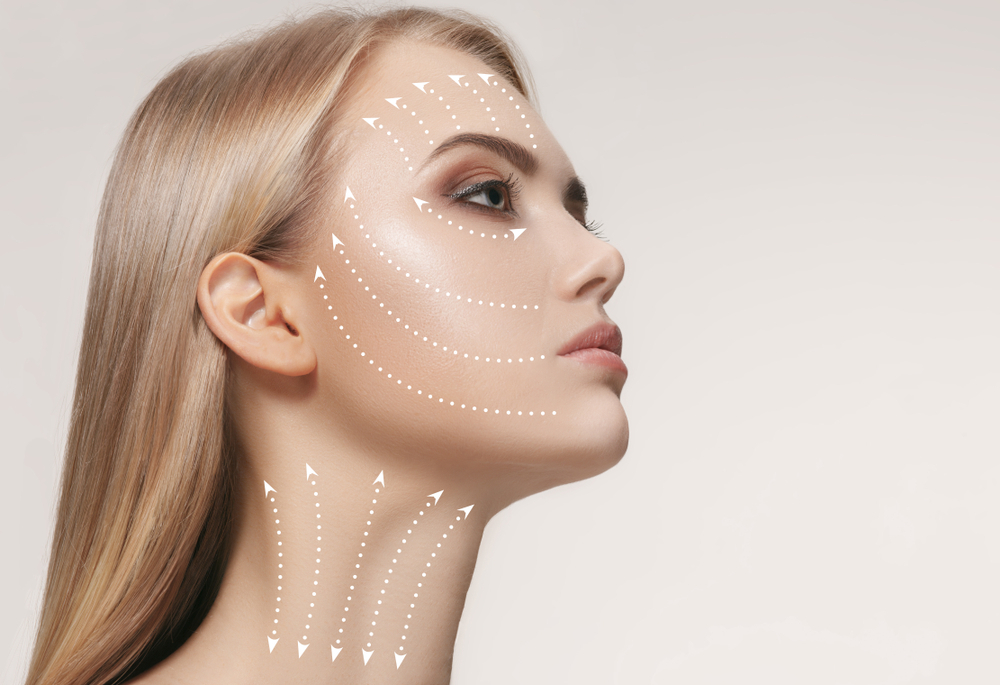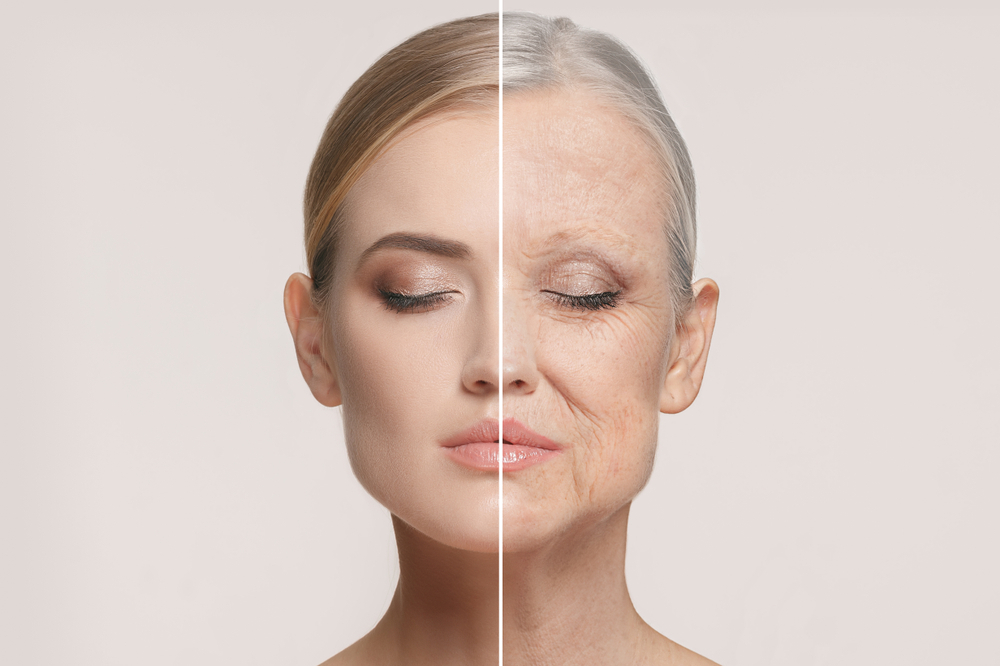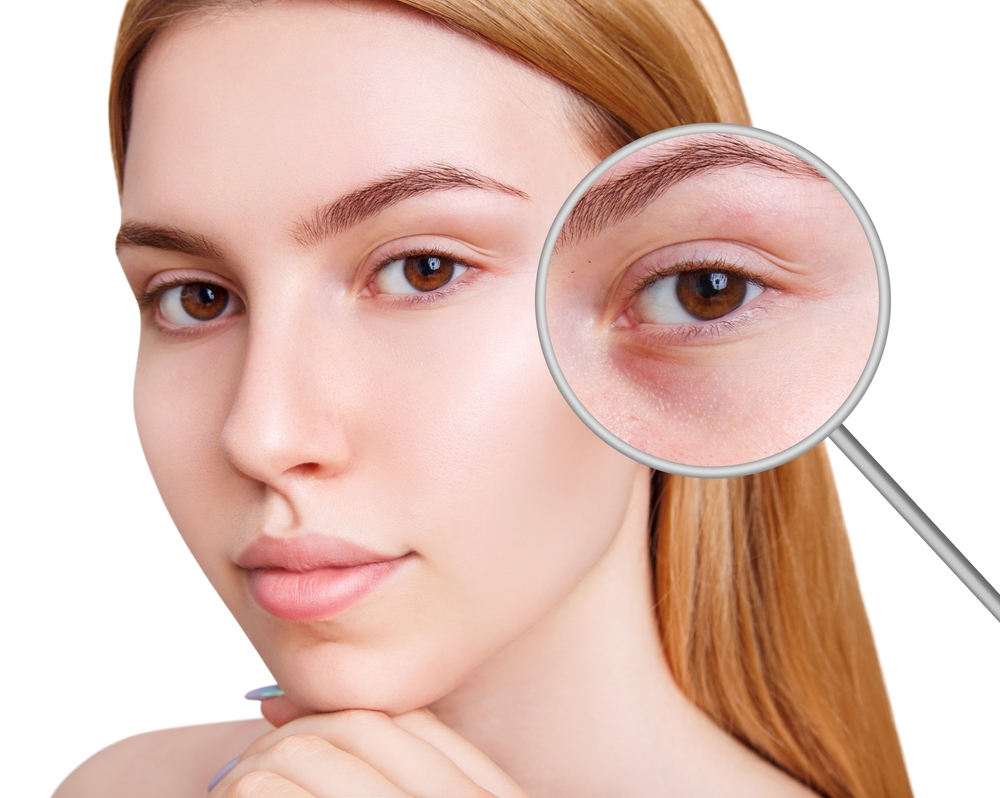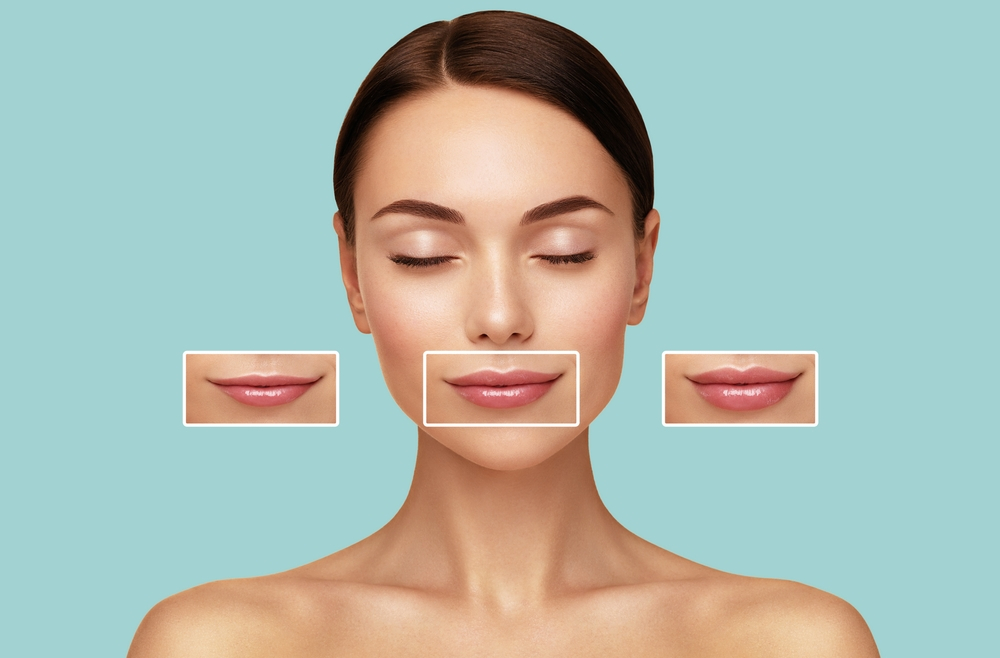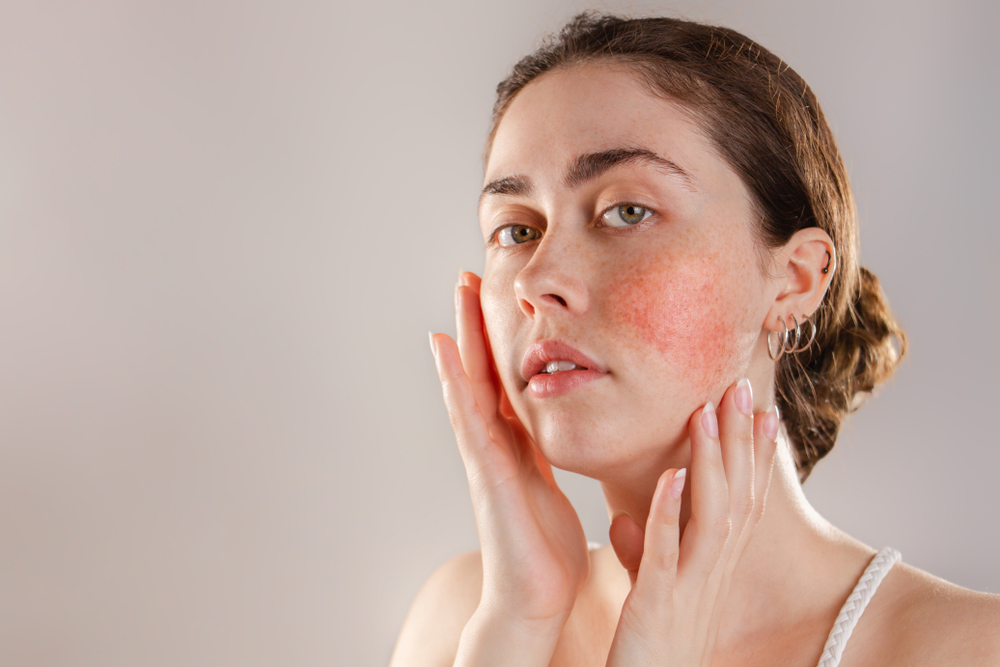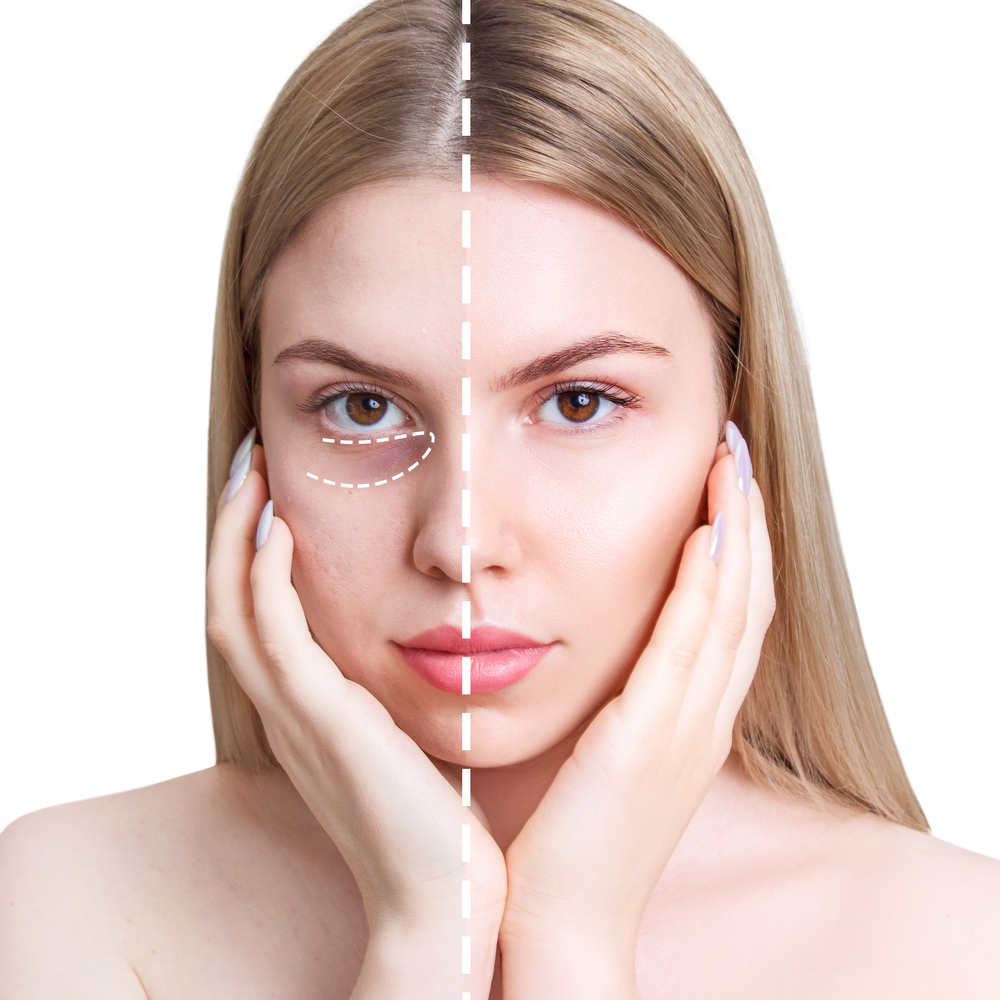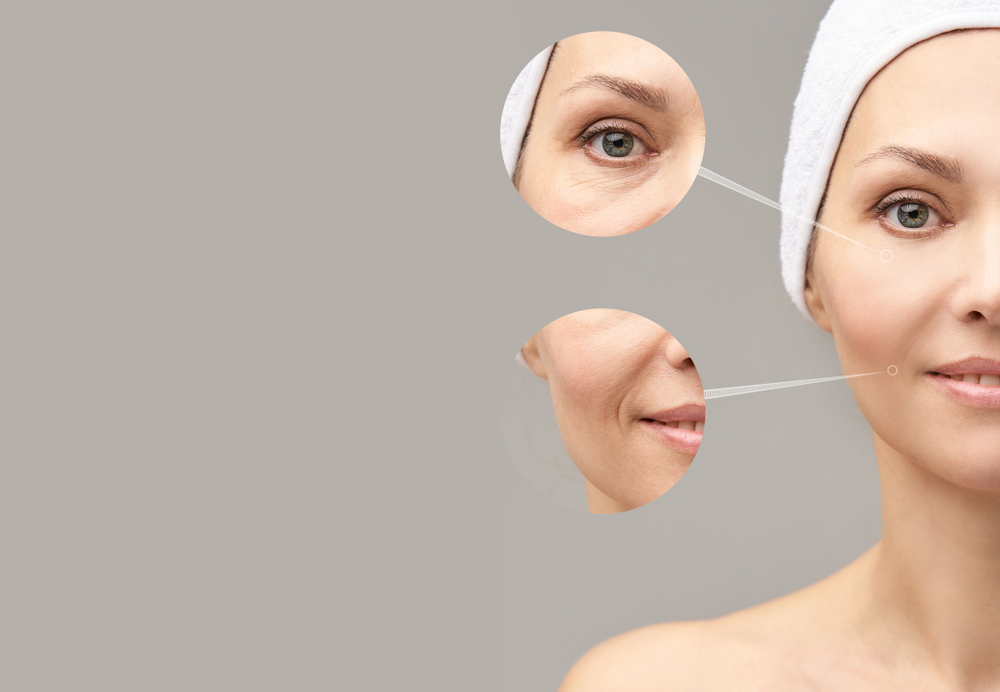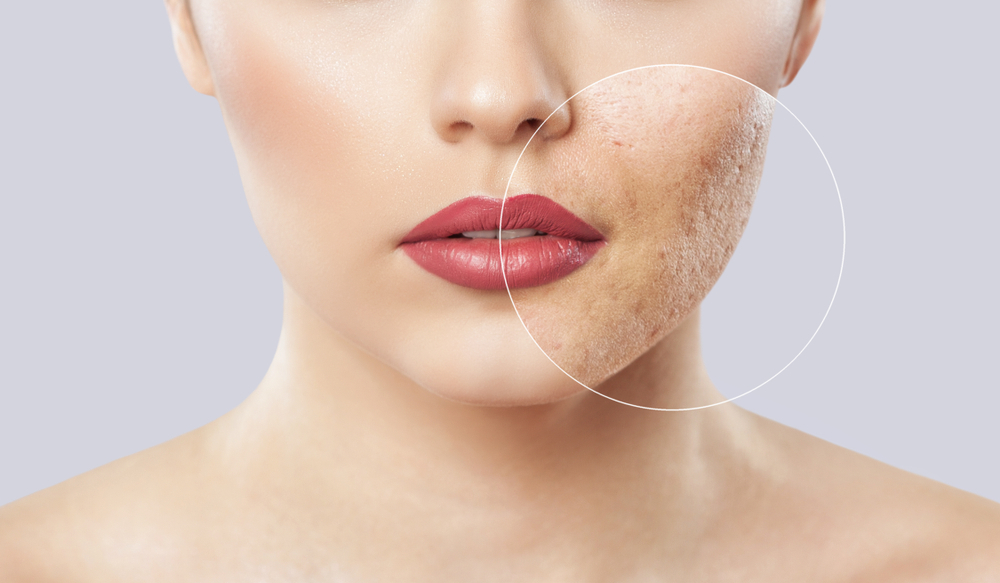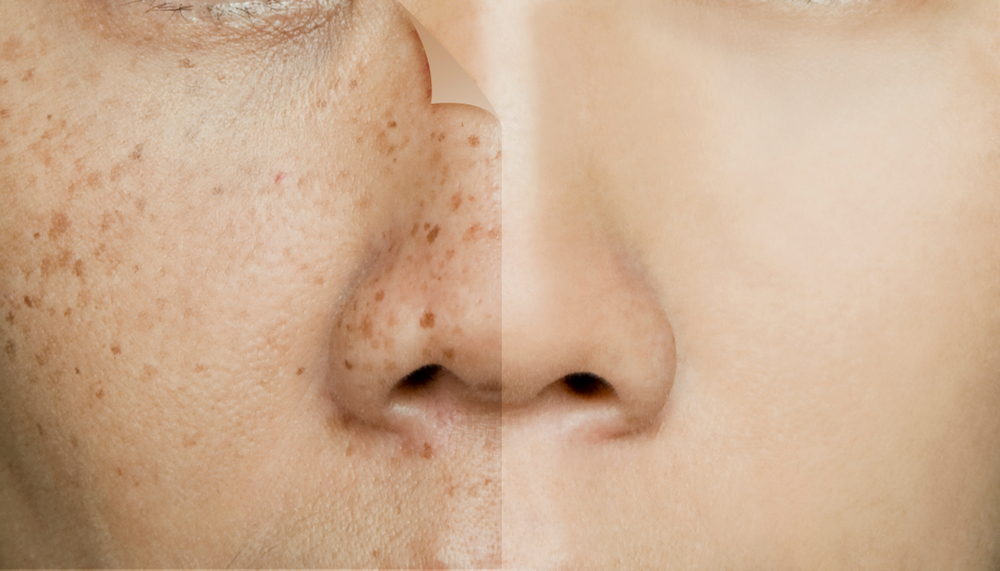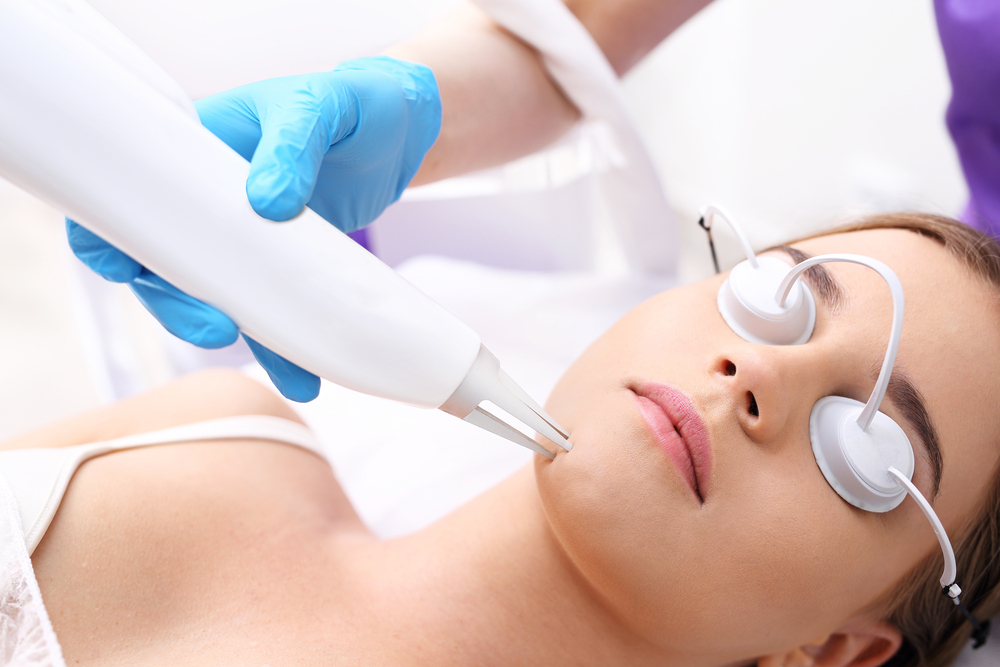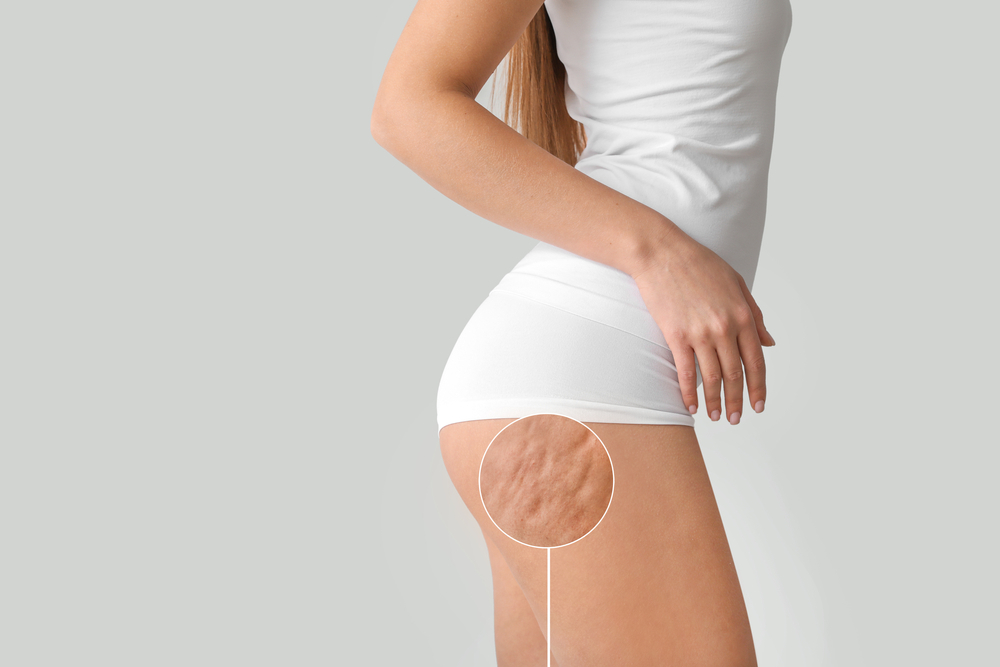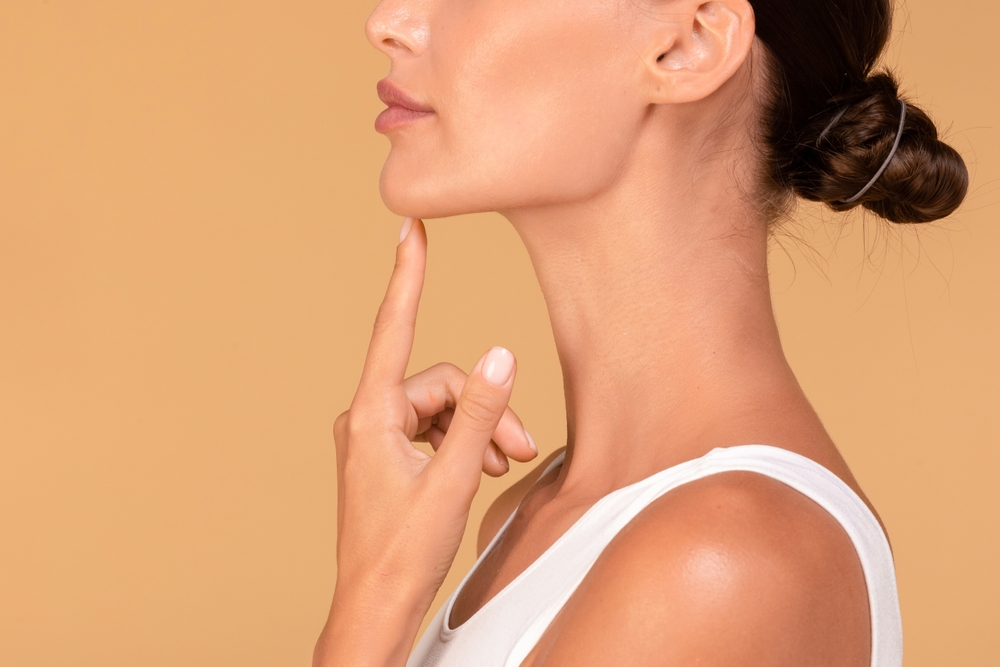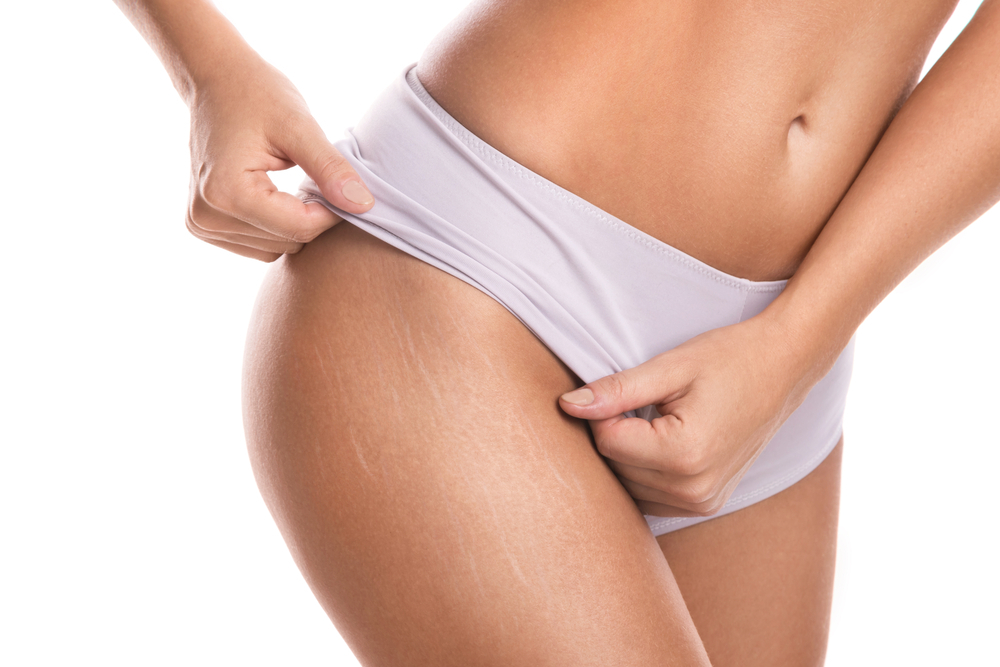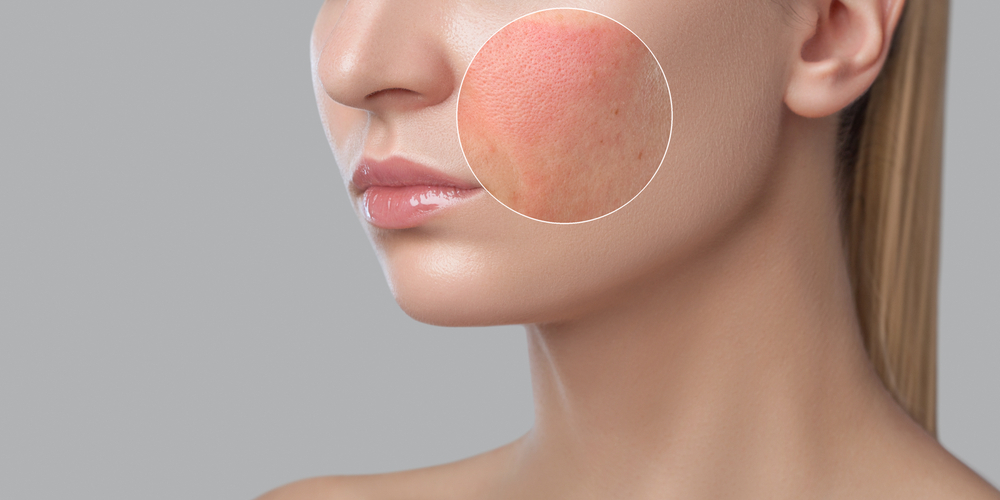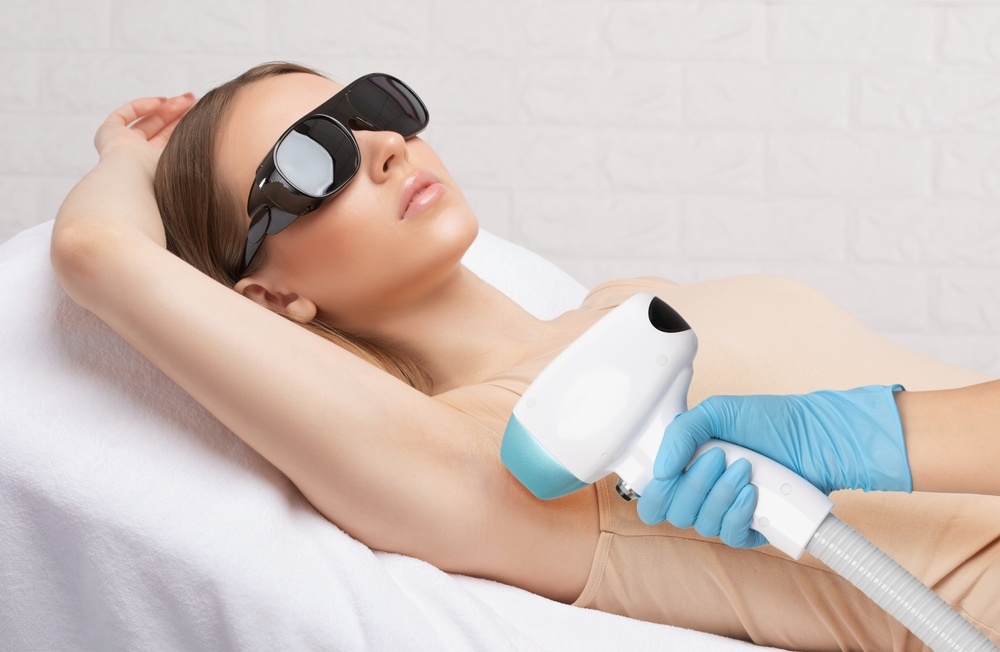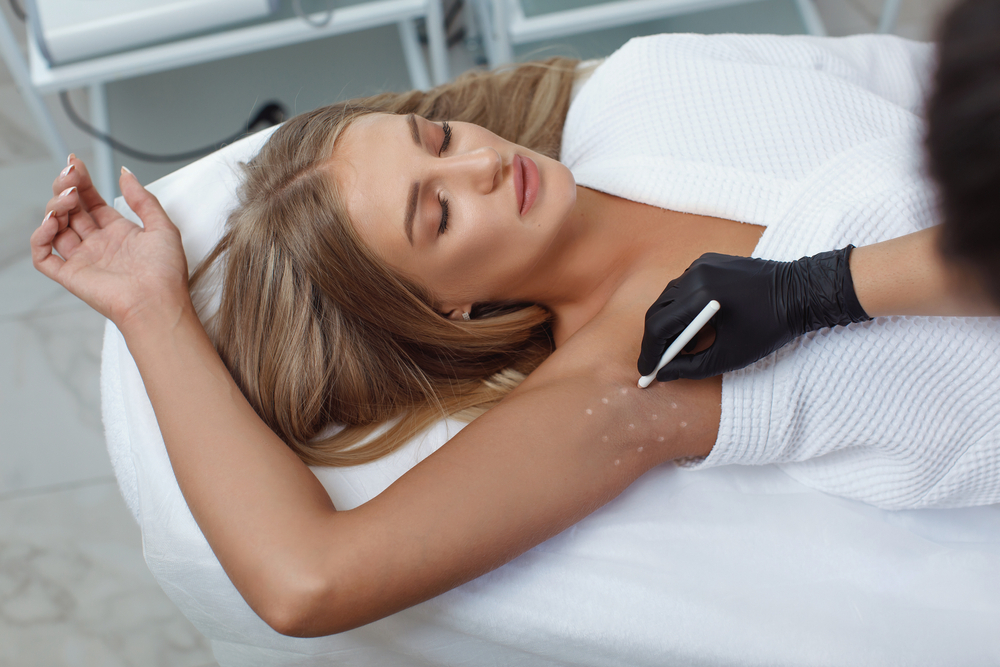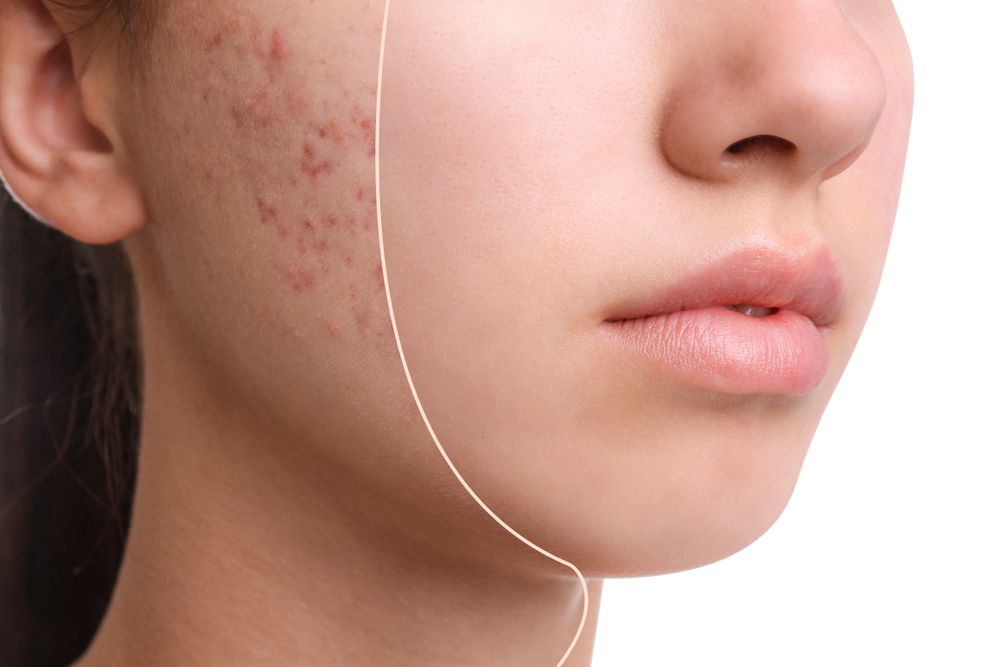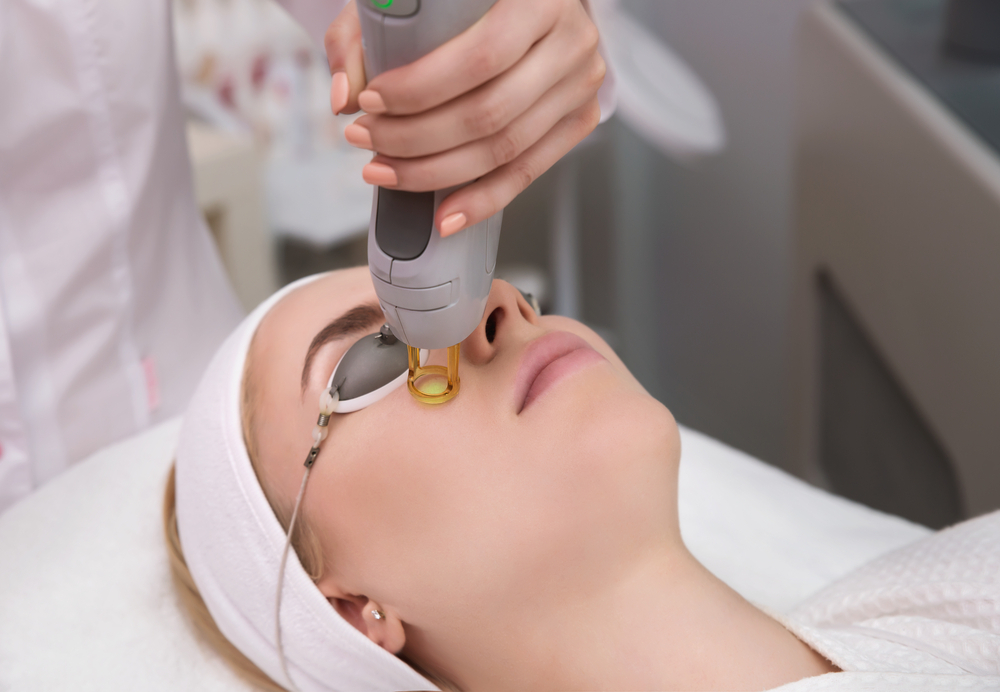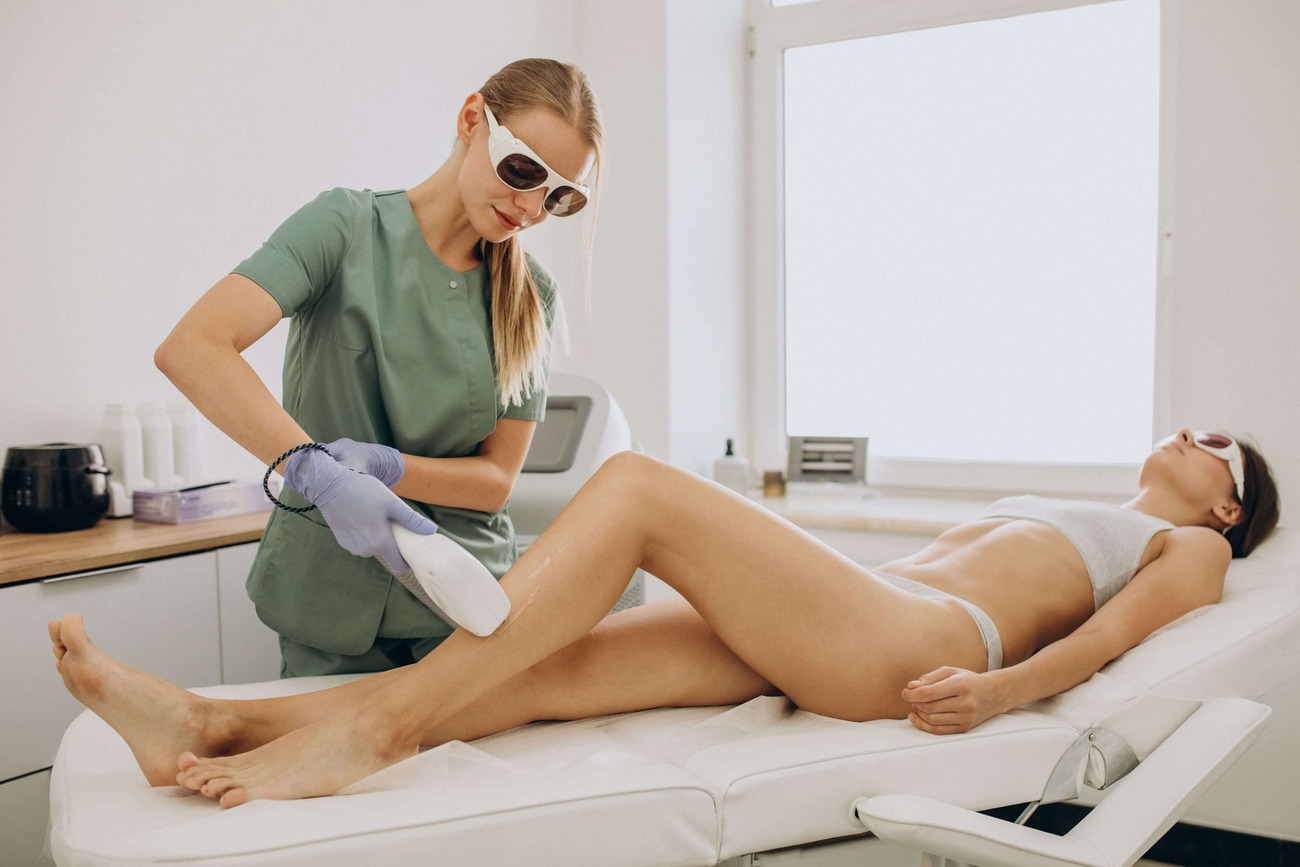What is a Wart? What are the Wart Treatment Methods?
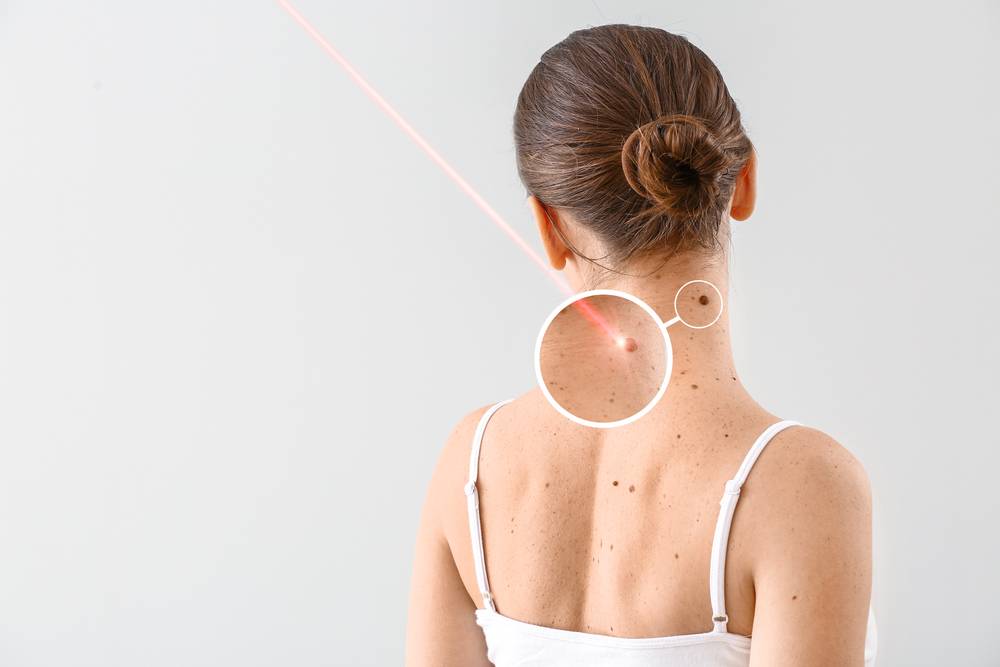
What is a Wart? What are the Wart Treatment Methods?
What is a Wart? What are its Symptoms and Causes?
Warts are small, raised lesions that occur as a result of a viral infection on the skin. They are usually seen on the hands, feet, face and around the genitals. Symptoms may include swelling, color change, roughness on the surface, pain or itching. Warts are caused by the human papillomavirus (HPV). This virus can be transmitted through contact, especially from shared towels, shoes or swimming pools. Those with weak immune systems, children and sexually active people are at higher risk. Warts are usually harmless, but they can be treated for aesthetics or discomfort.
What are the Types and Features of Warts? In Which Areas Are They Seen?
Verruca vulgaris (ordinary warts) is commonly seen around the hands, fingers, soles and knees. Plantar warts (sole warts) appear on the walking surface and can create a feeling of tightness. Genital warts (condyloma acuminata caused by HPV types 6 and 11) are transmitted through sexual contact and cause raised lesions in the genital area. Flat warts (verruca plana) have a smooth surface and are usually found on the face, hands and upper arms. Warts are usually harmless, but may require treatment and can be contagious.
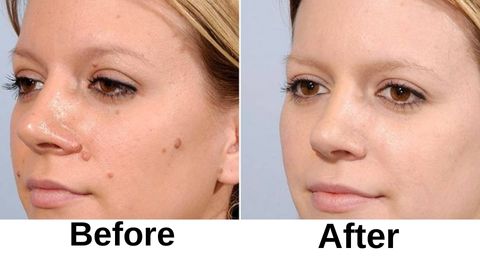
How Are Warts Transmitted? What Are the Most Common Transmission Routes?
Warts are transmitted from person to person through skin contact. Children and those with weakened immune systems are especially at risk. Warts can spread in environments such as shared objects, pools, gyms, showers and wet areas where bare feet are walked. They can also be transmitted through sexual contact, cuts or cracks. Hygienic measures, personal hygiene and avoiding contact with infected areas are important to prevent wart transmission.
Is There a Risk of Spreading Warts?
There is a risk of spreading warts. Warts can easily spread through contact and can spread from person to person. The risk of spreading increases especially in places such as skin contact, shared objects, pools, gyms. Sexual contact, cuts or cracks can also increase the risk of transmission. Personal hygiene and taking precautions help reduce the risk of warts spreading.
Fractional Laser in Wart Treatment
Fractional laser plays an effective role in wart treatment. Fractional laser treatment targets the skin tissue on the wart and performs a controlled heating process. This process helps to destroy the wart and renew the skin. Fractional laser treatment contributes to the reduction of warts and a smoother appearance on the skin.
Cryotherapy: What is the Effect of the Cold Method in Wart Treatment?
Cryotherapy is an effective cold method in wart treatment. The low temperature applied to the wart causes the wart cells to freeze and die. Cryotherapy helps warts shrink and disappear over time. With the effect of the cold method, wart cells are destroyed and healthy skin tissue is renewed.
How Many Sessions Are Required for Wart Treatment? When Are Results Seen?
Wart treatment varies depending on the person's condition. Usually, more than one session is required for wart treatment. The treatment process varies depending on the type, size and prevalence of the wart. Results vary depending on the treatment method and individual factors, and can usually be seen within a few weeks.
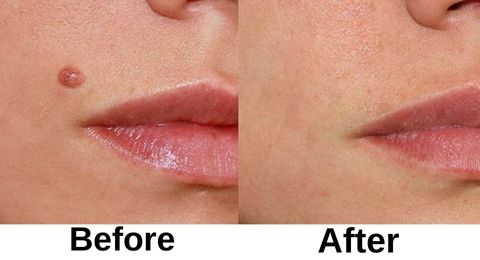
Wart Treatment Recovery Process
The recovery process after wart treatment is usually quick and smooth. Depending on the treatment method, there may be slight redness, scaling or a slight soreness after wart treatment. These symptoms usually disappear within a few days. Following the recommended care instructions can speed up healing. Regular follow-up is recommended for long-term results.
İlgili Yazılar
See All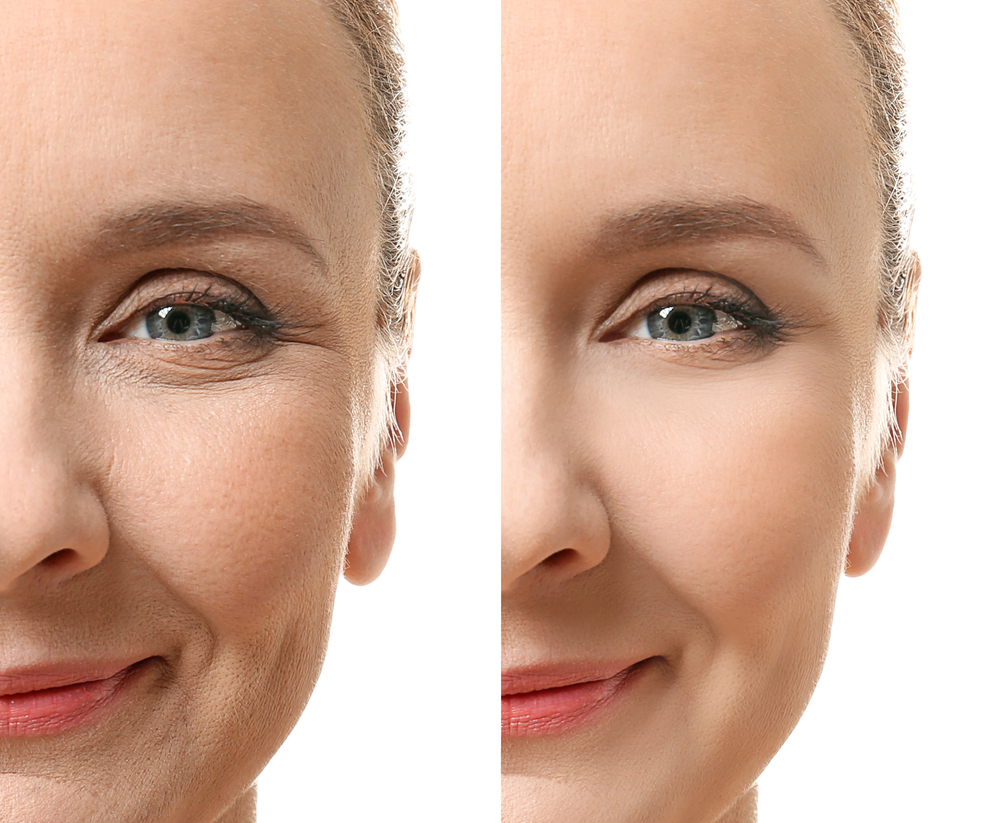
Wrinkle Treatment Filler Applications in Wrinkle Treatment Filler applications in wrinkle treatment are popular aesthetic methods often chosen to reduce the effects of aging and achieve a youthful appearance. In these treatments, special filler substances are injected under the skin. Various fillers such as hyaluronic acid, calcium hydroxylapatite, and poly-L-lactic acid are available. Fillers help to eliminate wrinkles and sagging by creating volume within the skin. Salmon DNA Vaccine: A Journey to Youthful and Smooth Skin The salmon DNA vaccine is a highly effective, innovative method in wrinkle treatment. This treatment aims to reduce wrinkles by utilizing the rejuvenating properties of salmon DNA. The salmon DNA vaccine stimulates the skin's natural renewal process and increases collagen production. As a result, the skin tightens, the appearance of wrinkles diminishes, and a youthful complexion is achieved. Facial Mesotherapy: Skin Rejuvenation and Wrinkle Reduction Facial mesotherapy stands out as an effective and safe method in wrinkle treatment. This treatment involves injecting a special mixture under the skin. Mesotherapy aims to rejuvenate the skin, increase elasticity, and reduce the appearance of wrinkles. With facial mesotherapy, the skin's moisture balance is maintained, collagen production is stimulated, and the skin is rejuvenated. Fractional Radiofrequency Technology in Wrinkle Treatment Fractional radiofrequency technology is an effective method in wrinkle treatment. This innovative treatment uses radiofrequency energy to reduce wrinkles and signs of aging on the skin. Fractional radiofrequency creates micro-holes in the lower layers of the skin, stimulating collagen production and promoting skin renewal. This reduces the appearance of wrinkles, tightens the skin, and rejuvenates it. Spider Web Treatment in Wrinkle Treatment The spider web treatment is an effective method in wrinkle treatment. This treatment targets fine and superficial wrinkles, promoting skin rejuvenation. The spider web treatment involves injecting hyaluronic acid into the skin with a fine needle. Hyaluronic acid increases skin hydration, plumps up wrinkles, and rejuvenates the skin.
Read More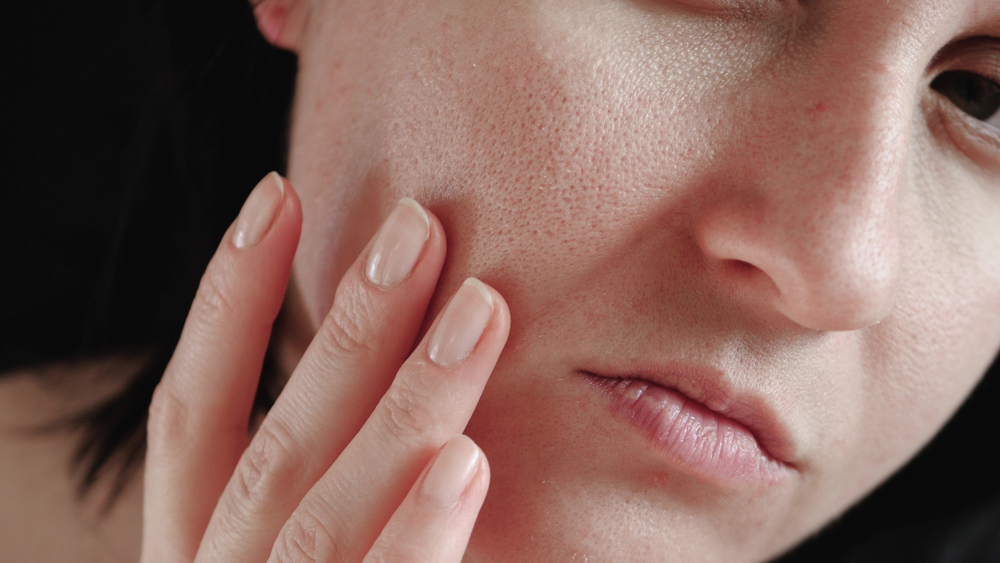
How to Tighten Skin Pores? 10 Expert Tips Why Do Skin Pores Form and What Causes Them? Skin pores are small openings naturally present on our skin. These pores allow the secretion of oils from the sebaceous glands beneath the skin and enable the skin to breathe. However, certain factors can cause pores to enlarge and become more noticeable. These factors include genetic predisposition, excessive oil production, hormonal changes, sun damage, aging, and improper skincare. Enlarged pores can create unwanted appearances on the skin and may trigger issues like acne. Adjusting your skincare routine, protecting yourself from the sun, cleansing, moisturizing, and regular exfoliation play an important role in tightening pores. 10 Expert Tips 1. Improve Your Cleansing Routine Improving your cleansing routine is crucial for tightening skin pores. Wash your face daily with a gentle cleanser and thoroughly remove makeup. Use a pH-balanced toner to restore your skin’s balance. Apply a moisturizer to avoid excessive dryness. Also, consider applying a deep-cleansing mask a few times a week. These steps will clean and tighten your pores. 2. Exfoliate Regularly Regular exfoliation helps tighten skin pores. Exfoliation removes dead skin cells and accumulated dirt, unclogs pores, and renews the skin. Use a gentle exfoliating product once or twice a week to purify your skin. This method will help you achieve smoother skin and reduce the appearance of pores. 3. Choose the Right Moisturizer Selecting the right moisturizer is important for tightening skin pores. Opt for an oil-free and water-based moisturizer. By choosing a product suited to your skin type, you can control excess oil, hydrate the skin without clogging pores, and help reduce their appearance. 4. Regularly Steam Your Skin Regularly steaming your skin can be beneficial for tightening pores. Lean over a bowl of hot water to allow the steam to affect your face. This process opens the pores, cleanses the skin, and helps eliminate toxins. As a result, you can achieve tighter and cleaner skin. 5. Try Pore-Tightening Masks Pore-tightening masks are an effective tool in skincare. Masks enriched with ingredients like clay, charcoal, or fruit enzymes cleanse and tighten pores. Applying these masks once or twice a week can reduce the appearance of pores and smooth your skin. 6. Protect Yourself from the Sun Sun protection is crucial for tightening pores. The harmful UV rays of the sun can weaken the collagen and elastin fibers in the skin, causing the pores to enlarge. Use a broad-spectrum sunscreen before going out in the sun and protect your skin with accessories like hats and sunglasses. 7. Pay Attention to Your Diet Paying attention to your diet is important for tightening pores. Foods rich in antioxidants support skin health and help clean pores. Make sure to consume plenty of fruits, vegetables, whole grains, and healthy fats. Additionally, drinking enough water maintains the skin’s moisture balance and aids in tightening pores. 8. Avoid Smoking and Alcohol Consumption Avoiding smoking and alcohol consumption is essential for tightening pores. Smoking and alcohol increase the formation of free radicals in the skin, dry out the skin, and cause pores to enlarge. Therefore, to maintain healthy skin, it's important to reduce or quit smoking and alcohol as much as possible. 9. Focus on Stress Management Focusing on stress management is important for tightening pores. Stress can disrupt hormone balance in the skin, leading to enlarged pores and acne. By engaging in stress-relieving activities like yoga, meditation, or breathing exercises, you can balance your stress levels and achieve healthy skin. 10. Keep Your Skin Hydrated Keeping your skin hydrated is crucial for tightening pores. Hydrated skin helps keep pores tight. Drinking plenty of water, using moisturizing products, and utilizing humidifiers or hydrating sprays to maintain air moisture can help keep your skin moist and healthy.
Read More
Dermapen Treatment What is Dermapen Treatment?Dermapen is a skin treatment method that uses microneedling technology to rejuvenate the skin. By creating tiny punctures in the deeper layers of the skin through the vibrating motion of needles, it stimulates collagen and elastin production, leading to skin renewal. Dermapen is an effective treatment for various skin issues such as acne scars, spots, and wrinkles. How is Dermapen Applied?Dermapen is a treatment method used for skin rejuvenation through microneedling. The application involves creating small punctures on the skin with fine needles, triggering the skin's healing process. This increases collagen and elastin production, promoting skin renewal. Dermapen targets various skin concerns such as wrinkles, spots, acne scars, and overall skin tightening. Is Dermapen Treatment Permanent?Dermapen treatment has lasting effects on the skin. By increasing collagen production, it provides a long-term rejuvenation effect on the skin. It reduces wrinkles, spots, and acne scars while improving skin firmness. Regular maintenance and supportive treatments can make the results even more permanent. Dermapen is a long-lasting and effective skin rejuvenation method. What Are the Effects of Dermapen Treatment on the Skin?Dermapen treatment offers many positive effects on the skin. It increases collagen and elastin production, restoring skin firmness and elasticity. It reduces wrinkles, lightens acne scars, and skin spots. Additionally, it improves skin tone, minimizes pores, and provides overall rejuvenation. Dermapen helps achieve healthier, glowing, and younger-looking skin. Can Dermapen Reduce Wrinkles?Dermapen is an effective treatment for reducing wrinkles. The microneedling process, performed with fine needles, boosts collagen production in the skin, softening deep wrinkles. Dermapen reduces the appearance of fine lines while rejuvenating the skin. Are There Any Side Effects of Dermapen Treatment?While Dermapen treatment is generally safe, some side effects may occur. Mild redness, swelling, and sensitivity may be observed after the procedure. In rare cases, temporary swelling, bruising, or infection may occur. Since the skin is sensitive after the procedure, sun protection is essential. Dermapen Treatment What is Dermapen Treatment?Dermapen is a skin treatment method that uses microneedling technology to rejuvenate the skin. By creating tiny punctures in the deeper layers of the skin through the vibrating motion of needles, it stimulates collagen and elastin production, leading to skin renewal. Dermapen is an effective treatment for various skin issues such as acne scars, spots, and wrinkles. How is Dermapen Applied?Dermapen is a treatment method used for skin rejuvenation through microneedling. The application involves creating small punctures on the skin with fine needles, triggering the skin's healing process. This increases collagen and elastin production, promoting skin renewal. Dermapen targets various skin concerns such as wrinkles, spots, acne scars, and overall skin tightening. Is Dermapen Treatment Permanent?Dermapen treatment has lasting effects on the skin. By increasing collagen production, it provides a long-term rejuvenation effect on the skin. It reduces wrinkles, spots, and acne scars while improving skin firmness. Regular maintenance and supportive treatments can make the results even more permanent. Dermapen is a long-lasting and effective skin rejuvenation method. What Are the Effects of Dermapen Treatment on the Skin?Dermapen treatment offers many positive effects on the skin. It increases collagen and elastin production, restoring skin firmness and elasticity. It reduces wrinkles, lightens acne scars, and skin spots. Additionally, it improves skin tone, minimizes pores, and provides overall rejuvenation. Dermapen helps achieve healthier, glowing, and younger-looking skin. Can Dermapen Reduce Wrinkles?Dermapen is an effective treatment for reducing wrinkles. The microneedling process, performed with fine needles, boosts collagen production in the skin, softening deep wrinkles. Dermapen reduces the appearance of fine lines while rejuvenating the skin. Are There Any Side Effects of Dermapen Treatment?While Dermapen treatment is generally safe, some side effects may occur. Mild redness, swelling, and sensitivity may be observed after the procedure. In rare cases, temporary swelling, bruising, or infection may occur. Since the skin is sensitive after the procedure, sun protection is essential.
Read More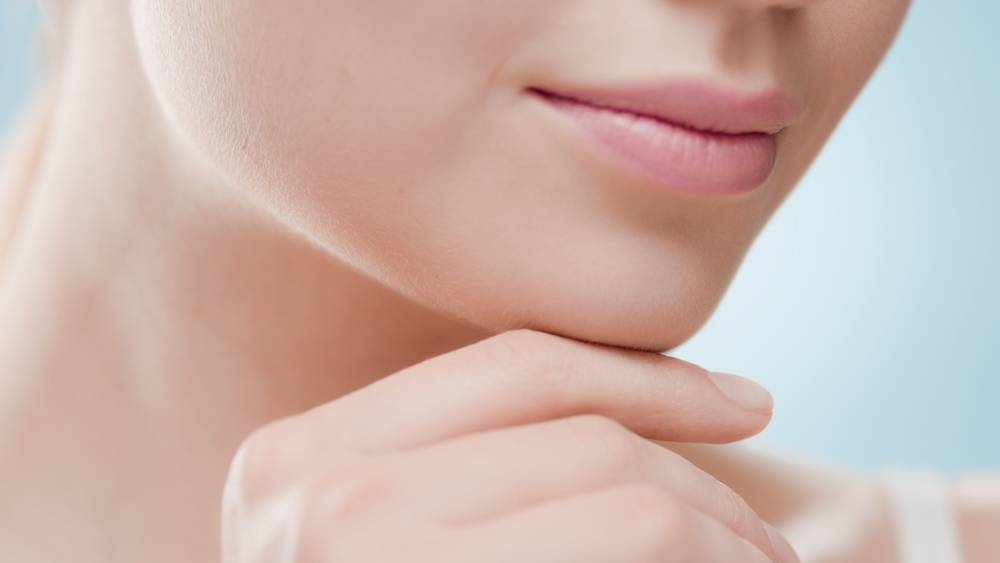
Jawline Filler What is Jawline Filler?Jawline filler is an aesthetic procedure used to enhance the contours of the face. In this procedure, fillers such as hyaluronic acid or calcium hydroxyapatite are injected to improve or reshape the jawline and jawbone. With jawline filler, the jawline can be made sharper, and the balance of facial proportions can be improved. It is a quick, effective treatment with minimal recovery time. How is Jawline Filler Applied?Fillers such as hyaluronic acid or calcium hydroxyapatite are applied with precise injections to enhance the jawline. The area is numbed with an anesthetic cream before the procedure, which typically takes about 30 minutes. The results are immediately visible and generally require minimal recovery time. Does Jawline Filler Hurt?Jawline filler treatment is generally associated with minimal discomfort and is typically performed using an anesthetic cream. You may feel a slight prick during the procedure, but it usually does not cause significant pain. Pain tolerance varies from person to person, but most people find the procedure tolerable. Which Fillers Are Used for Jawline Filler?For jawline filler, hyaluronic acid or calcium hydroxyapatite-based fillers are typically used. These fillers are employed to enhance and shape the jawline. Different types of hyaluronic acid fillers are available depending on the brand. Commonly used fillers for the jawline include hyaluronic acid-based fillers like Juvéderm Voluma or Restylane Lyft, and calcium hydroxyapatite-based fillers like Radiesse. These fillers are used to define and shape the jawline. Jawline Filler PriceAt Clinic National, the price of jawline filler varies depending on the specific needs of the treatment area. Our expert doctors will create a personalized treatment plan to ensure the best results. For more detailed information and pricing, please contact us.
Read More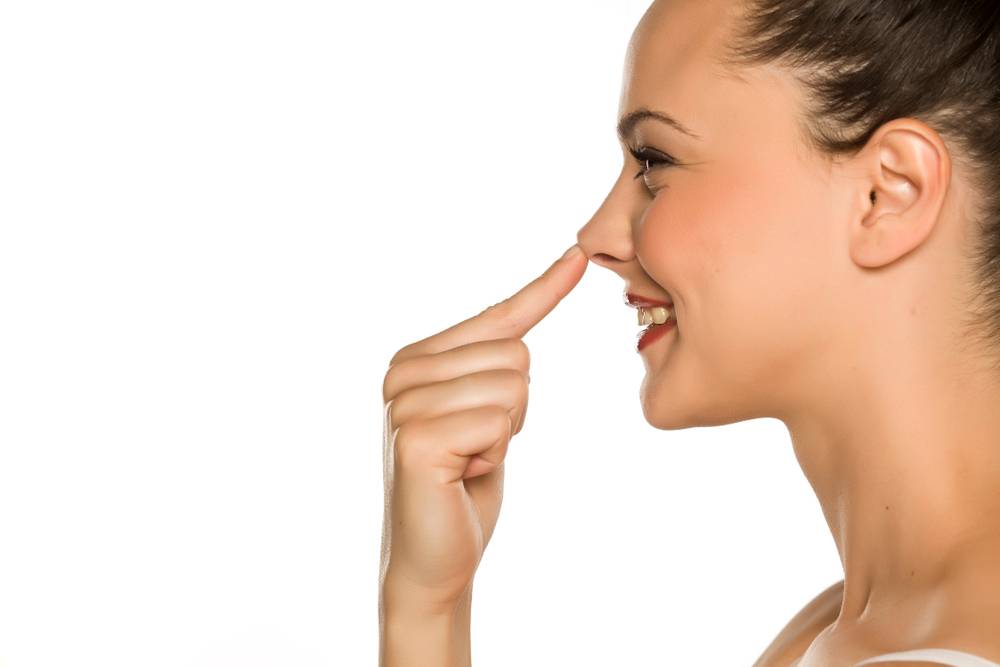
Nose Aesthetic Surgery How is Nose Aesthetic Surgery Performed?Nose aesthetic surgery, commonly referred to as rhinoplasty, is typically performed using surgical methods. The procedure is usually done under general anesthesia and takes approximately 1 to 3 hours. During the surgery, the surgeon uses various techniques to correct the shape and structure of the nose. The skin and tissues over the nose are lifted to access the cartilage and bone structures. The necessary adjustments are then made to achieve the desired shape of the nose. These adjustments may include breaking bones, cutting or reshaping cartilage, and correcting the nose tip or bridge. After the surgery is completed, stitches and bandages are applied to the nose. Swelling, bruising, and mild pain around the nose can be expected during the recovery period. What are the Risks of Nose Aesthetic Surgery?As with any surgical procedure, nose aesthetic surgery carries certain risks. These may include risks associated with general anesthesia, infection, bleeding, undesirable changes in the nose shape, nasal congestion, loss of sensation in the nose tip, and skin problems. However, these risks are generally rare. Who is Suitable for Nose Aesthetic Surgery?Nose aesthetic surgery is typically performed on individuals who wish to change the shape or function of their nose. This surgery can be chosen to correct deformities that are congenital or caused by trauma, alter the size of the nose, correct defects in the nose tip or bridge, balance the shape of the nose, or address breathing issues. Candidates for nose aesthetic surgery should have a healthy body structure and be suitable for the post-operative recovery process. Is There an Age Limit for Nose Aesthetic Surgery?There is generally no specific age limit for nose aesthetic surgery. People of all age groups can undergo nose aesthetic surgery. However, surgeons usually prefer the surgery to be performed once the nose structure has fully developed. Therefore, it is typically chosen for adults with completed nasal development or at the end of adolescence. The age factor is evaluated considering the patient's overall health, suitability for surgery, and personal goals. Nose Aesthetic Surgery PricesClinic National is an aesthetic center offering quality nose aesthetic services at affordable prices. The cost of nose aesthetic surgery can vary depending on the scope of the treatment, the patient’s individual needs, and preferences. At Clinic National, we prioritize customer satisfaction, providing a safe and effective nose aesthetic experience in the experienced hands of our expert plastic surgeons. For detailed pricing and a treatment plan, you can take advantage of our free consultation service and contact our specialists.
Read More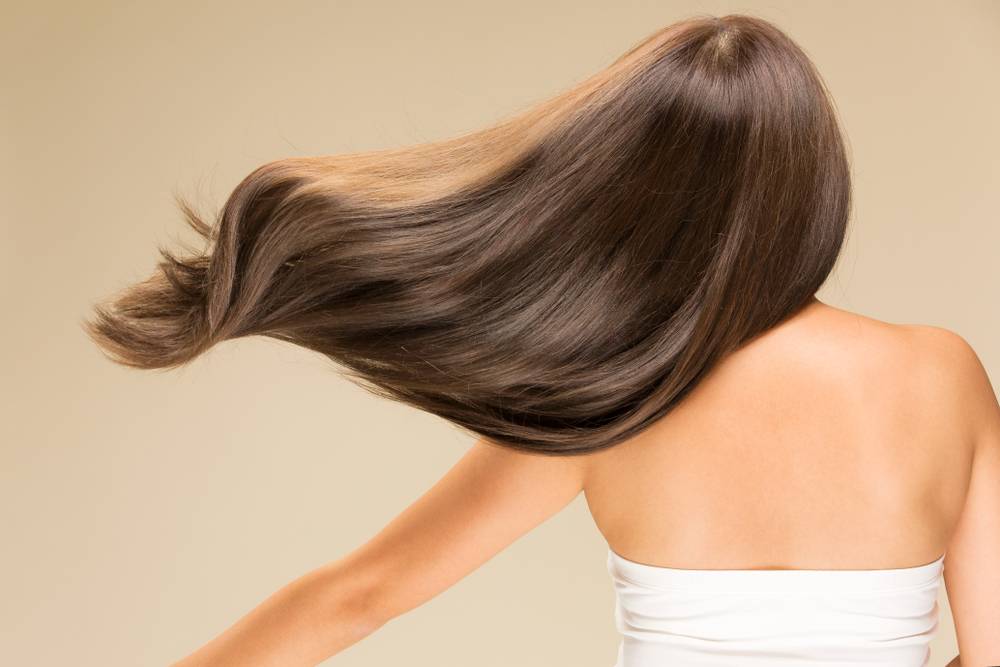
Hair Loss Treatment for Men and Women Causes of Hair Loss in MenHair loss in men is often associated with genetic factors, hormonal changes, and the aging process. One of the most common causes is hereditary hair loss, known as androgenetic alopecia. Hormonal changes, particularly the effects of the hormone testosterone on hair follicles, can also lead to hair loss. Symptoms of Hair Loss in MenSymptoms of hair loss in men are typically noticeable. These include a receding hairline, thinning at the crown and temples, bald spots, and thinning hair strands. Other signs may include hair thinning, scalp itching, and a noticeable decrease in hair volume. Genetic hair loss in men (androgenetic alopecia) is a common cause and may progress with age. Treatment Methods for Hair Loss in MenHair transplantation is a significant option among the treatment methods for hair loss in men. Hair transplantation is an effective solution that provides permanent results. The procedure involves transplanting healthy hair follicles from a donor area to balding areas using techniques like FUE (Follicular Unit Extraction) and FUT (Follicular Unit Transplantation). This results in natural and lasting hair growth. After hair transplantation, new hair grows from the transplanted follicles, leading to an aesthetic appearance. How to Prevent Hair Loss in MenThere are several steps men can take to prevent hair loss. Maintaining a healthy lifestyle, eating a balanced diet, managing stress, and limiting smoking and alcohol consumption contribute to hair health. Additionally, regular hair care, keeping the scalp clean and moisturized, and using appropriate shampoos and hair products are important. Early intervention and consulting a specialist when signs of hair loss are noticed are preventive measures. Causes of Hair Loss in WomenHair loss in women can be caused by various factors. Hormonal changes, genetic predisposition, stress, hormonal disorders, health problems, nutritional deficiencies, and improper hair care can lead to hair loss in women. Hair loss may also occur during hormonal periods such as pregnancy, childbirth, and menopause. Symptoms of Excessive Hair Loss in WomenExcessive hair loss in women can manifest through various symptoms. These include hair thinning, hair strand thinning, hair breaking easily, scalp irritation and itching, and excessive hair loss when brushing or washing hair. Treatment Methods for Excessive Hair Loss in WomenThere are various methods for treating excessive hair loss in women. Hair mesotherapy is a popular treatment method for strengthening hair follicles and reducing hair loss. This treatment involves injecting a special mixture of vitamins, minerals, and amino acids into the scalp. Hair mesotherapy supports hair revitalization, nourishes hair follicles, and helps prevent hair loss. How to Prevent Hair Loss in WomenCertain measures can be taken to prevent hair loss in women. Healthy eating, a balanced lifestyle, stress management, regular exercise, and good sleep habits support hair health. It is also important to avoid frequent exposure to high heat during styling and use appropriate shampoos and hair care products to protect the scalp.
Read More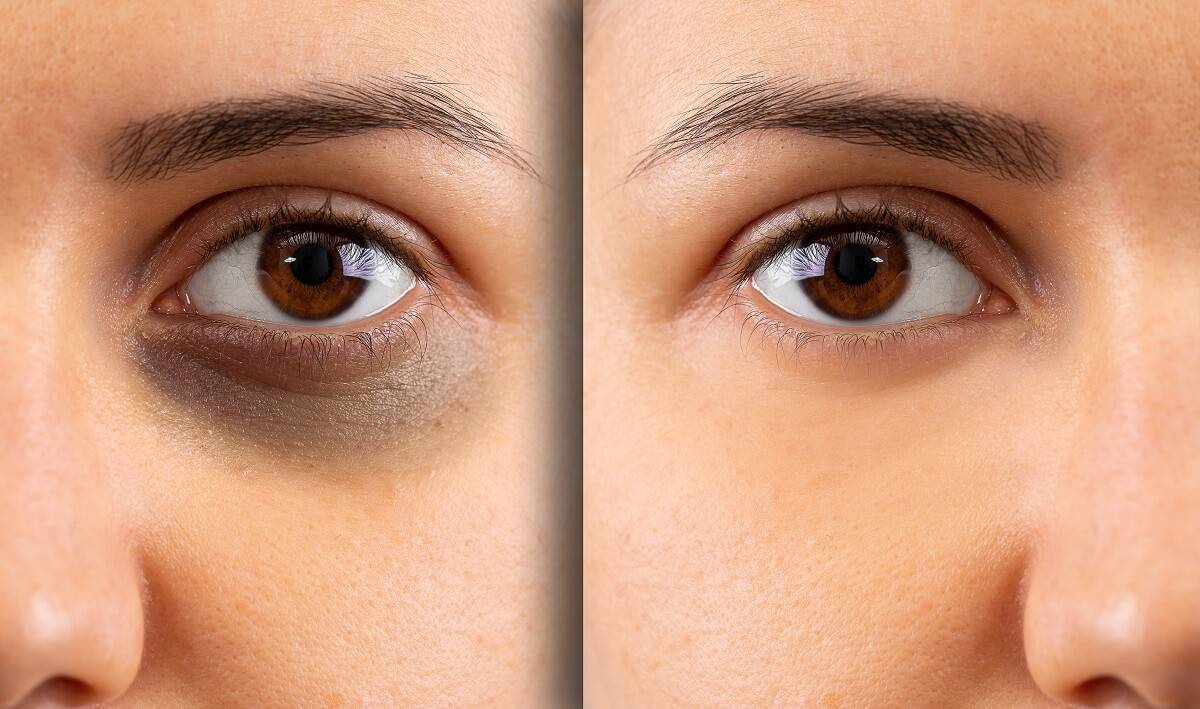
What Causes Under-Eye Dark Circles? What Are the Treatment Methods? What Are Under-Eye Dark Circles?Under-eye dark circles are dark patches that appear beneath the eyes. They usually result from the prominence of blood vessels under the skin or an increase in melanin pigmentation in the skin. Factors such as lack of sleep, stress, genetics, aging, allergic reactions, and dietary habits can contribute to the formation of under-eye dark circles. To reduce dark circles, maintaining a regular sleep schedule, eating healthily, following a regular skincare routine, using eye creams and concealers, and taking precautions against allergens can be effective. Why Do Under-Eye Dark Circles Form?Under-eye dark circles can result from a combination of various factors. Lack of sleep, stress, genetic predisposition, thin skin, aging, allergic reactions, hormonal changes, fatigue, and poor diet can contribute to the development of dark circles. The visibility of blood vessels in the skin around the eyes and increased melanin pigmentation can also lead to dark circles. Adopting a healthy lifestyle, managing stress, maintaining a regular sleep pattern, eating a balanced diet, practicing regular skincare, and using appropriate cosmetic products can help reduce under-eye dark circles. What Are the Treatment Methods for Under-Eye Dark Circles?Several methods can be used to treat under-eye dark circles. These methods include cosmetic products, medical treatments, and skincare applications. To reduce under-eye dark circles, caffeine-containing eye creams, serums with retinol and vitamin C, and regular sleep and rest are important. Additionally, skin rejuvenation methods such as mesotherapy, laser treatments, radiofrequency, chemical peels, and microneedling can be effective. What Is Under-Eye Filler? How Is It Applied?Under-eye filler is an aesthetic procedure used to correct hollows under the eyes and reduce dark circles. In this procedure, fillers such as hyaluronic acid or calcium hydroxyapatite are injected into the under-eye area. These fillers fill the spaces under the skin, making the under-eye area appear fuller and more youthful. The procedure is usually performed under local anesthesia and can take just a few minutes. Results are immediately visible and can last between 6 to 12 months. Is Under-Eye Filler Treatment Painful?Under-eye filler treatment is generally associated with minimal pain or discomfort. The use of local anesthesia during the procedure helps to minimize pain. While the filler is being injected, you may feel slight pressure or a pinching sensation, but most people find this discomfort tolerable. Some individuals may experience mild swelling, redness, or sensitivity after the procedure, but these effects are typically short-lived and temporary.
Read More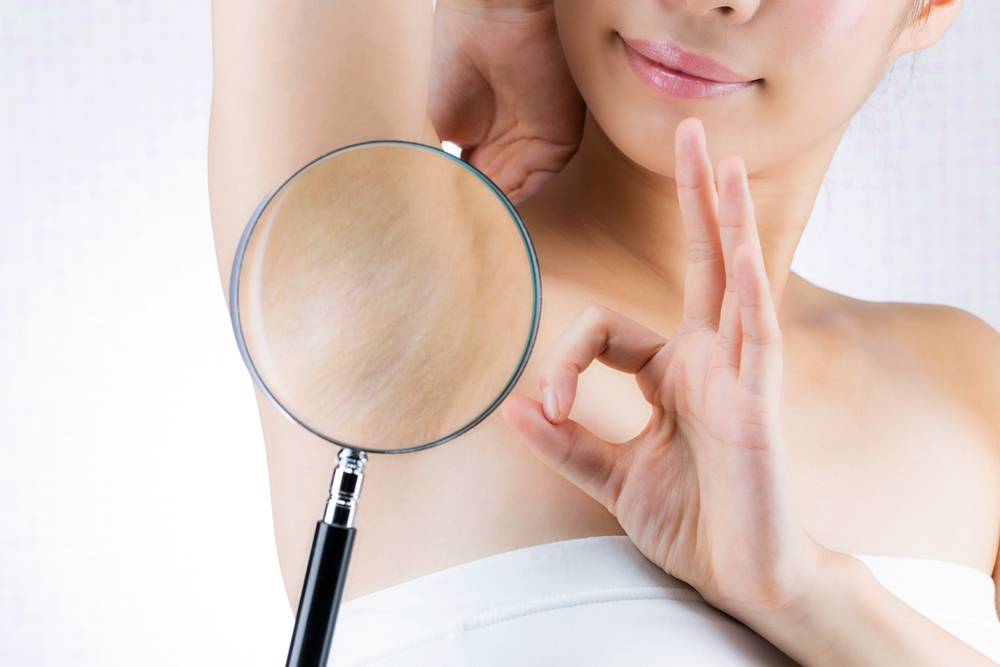
Causes, Symptoms, and Treatment Methods of Body Odor Causes of Body Odor Body odor arises from the activity of sweat glands in the body. Sweat is a fluid secreted by sweat glands that helps regulate body temperature. Sweat itself is odorless, but when it interacts with bacteria on the body, an unpleasant odor can develop. Body odor typically concentrates in areas such as the armpits, feet, and groin. Main causes of body odor include hormonal changes, stress, dietary habits, poor hygiene, and certain health conditions. To combat body odor, regular hygiene, natural deodorants, appropriate clothing choices, and healthy lifestyle habits are recommended. How to Prevent Body Odor? Several methods can help prevent body odor. These include regular and proper hygiene practices, selecting suitable clothing, using natural deodorants, and reviewing dietary habits. Additionally, medical solutions like botox, which temporarily reduce the activity of sweat glands, can be considered. Botox injections reduce sweat production and can alleviate body odor issues. What is Underarm Botox? Underarm botox is a treatment aimed at reducing excessive sweating and body odor in the armpit area. This procedure involves an injection of botulinum toxin. The botox injection temporarily blocks the activity of sweat glands, reducing sweat production. This helps control sweating and body odor problems. Benefits of Underarm Botox Reduces excessive sweating, prevents body odor, allows more comfort during daily activities, prevents sweat stains on clothing, boosts self-confidence, positively impacts social life. Underarm botox is an effective treatment option that provides long-lasting results. Cost of Underarm Botox Clinic National offers effective and safe underarm botox treatment at affordable prices. For detailed information and pricing, please contact our clinic
Read More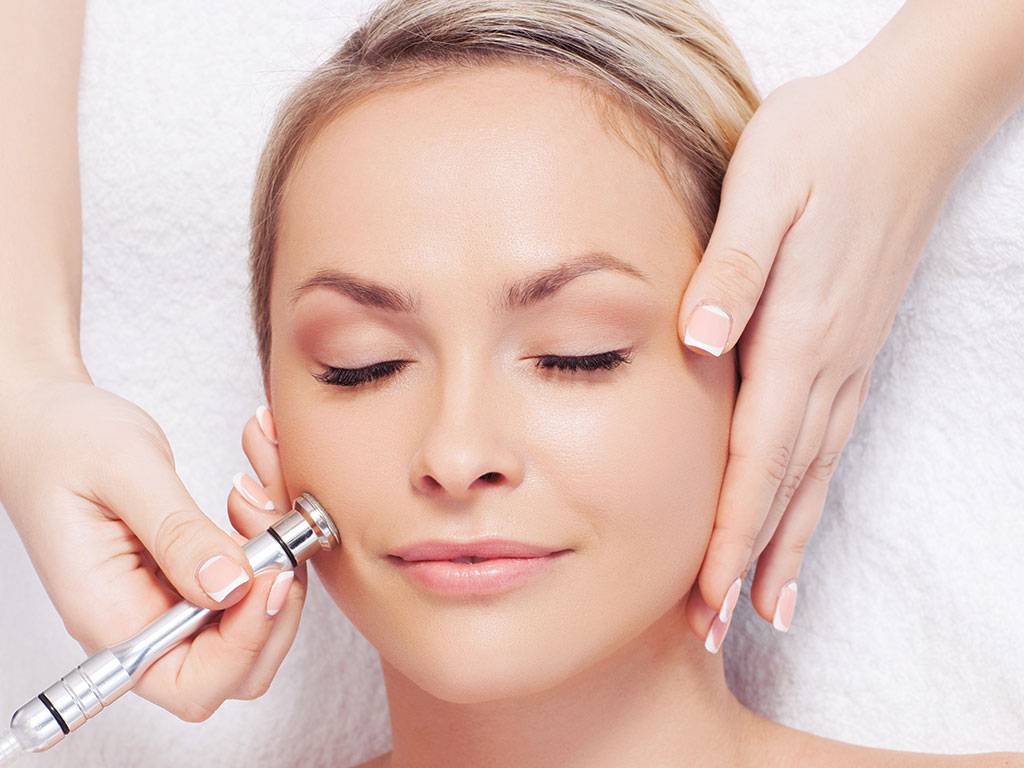
Gold Needle Treatment and Procedure What is Gold Needle? Gold needle is a treatment method used in aesthetic and skincare fields. This method involves making micro-injections into the skin using a fine gold needle. The gold needle is used to inject a special solution or serum into the skin. These solutions typically contain hyaluronic acid, vitamins, amino acids, and other nourishing substances. Gold needle application is used for various aesthetic purposes, such as skin rejuvenation, wrinkle reduction, spot treatment, tightening, and rejuvenation. The gold needle method is a minimally invasive procedure aimed at targeting skin issues effectively. How is Gold Needle Treatment Applied? Gold needle treatment is an aesthetic method performed by injecting a special needle into the skin. During the procedure, the skin is first cleaned, and the target areas are identified. Then, small micro-injections are made into the skin using a sterile gold needle. These injections generally contain special solutions or serums with hyaluronic acid, vitamins, amino acids, and other nourishing substances. The depth of needle penetration and the amount of injection are adjusted according to the treatment. The procedure is usually done under local anesthesia and is completed quickly and easily with minimal discomfort. Daily activities can be resumed immediately after the gold needle treatment. Is Skin Rejuvenation Possible with Gold Needle? Gold needle helps support skin rejuvenation through the special solutions or serums injected into the skin. The nourishing substances in the injected areas penetrate deeply into the skin and promote the renewal of skin tissue. This helps reduce wrinkles, improve skin tone, increase elasticity, and achieve an overall youthful appearance. Gold needle treatment is preferred for reducing signs of aging and making the skin look younger and healthier. How Does Gold Needle Reduce Wrinkles? Gold needle treatment is an effective method for reducing wrinkles. It works by using special solutions or serums injected into areas with wrinkles. The nourishing substances in the injected areas penetrate deeply into the skin, reducing the appearance of wrinkles. Additionally, the stimulating effect of the gold needle revitalizes the skin tissue, increases collagen production, and gives the skin a firmer, more elastic, and youthful appearance. Gold needle treatment is a preferred method for reducing wrinkles and achieving smoother skin. How Many Sessions Are Needed for Gold Needle Treatment? The number of sessions required for gold needle treatment depends on the individual's skin needs. Generally, a treatment plan consisting of multiple sessions is recommended to achieve the desired results. This plan is determined based on the severity of skin issues, the individual's skin type, and other factors. Typically, 3 to 6 sessions are recommended for gold needle treatment.
Read More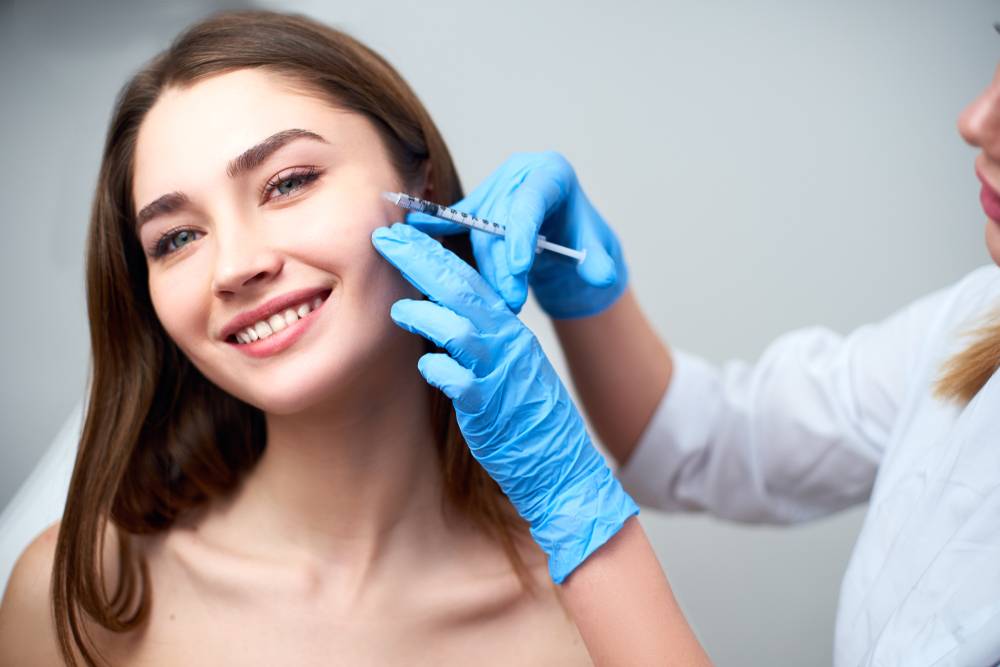
Cheek Fillers What Are Cheek Fillers? Cheek fillers are an aesthetic procedure used to restore volume to areas of the cheeks that have lost fullness, creating a plumper appearance. This procedure is performed using natural or synthetic filler materials, such as hyaluronic acid. Cheek filler involves injecting the filler material under the skin with fine needles or cannulas. This technique enhances the contour of the cheeks and balances facial features. Cheek fillers are typically a quick, effective, and relatively comfortable procedure. How Are Cheek Fillers Applied? Before the procedure, a consultation is conducted to discuss the patient's desires and expectations. Then, a local anesthetic cream may be applied to the sterilized area. The doctor uses fine needles or cannulas to inject the filler into specific points in the cheek area to add volume and shape. During the procedure, the doctor continuously monitors and makes adjustments to ensure even and balanced fullness. After the procedure, there may be slight swelling or redness, but this is usually temporary. Who Can Get Cheek Fillers? Cheek fillers are typically suitable for individuals who have lost volume in the cheek area or who desire a fuller and more youthful appearance. Candidates may include those with thin or sunken cheeks, those who have experienced volume loss in the cheeks due to aging, or those who want to enhance their facial contours. How Long Do Cheek Fillers Last? Cheek fillers typically last between 6 to 18 months, although this duration can vary from person to person. Other factors that influence the longevity of the filler include the amount of filler used, the individual's lifestyle, and skin type. To maintain the effects of the filler, regular doctor check-ups and additional filler treatments as needed are recommended. Cheek Filler Prices The cost of the procedure varies depending on the type of filler material, the amount used, and the areas to be treated. For personalized pricing and detailed information, please contact us to schedule a consultation. We are here to offer you the best prices with our commitment to quality service.
Read MoreNeed to Contact Us?
We would want to hear more.
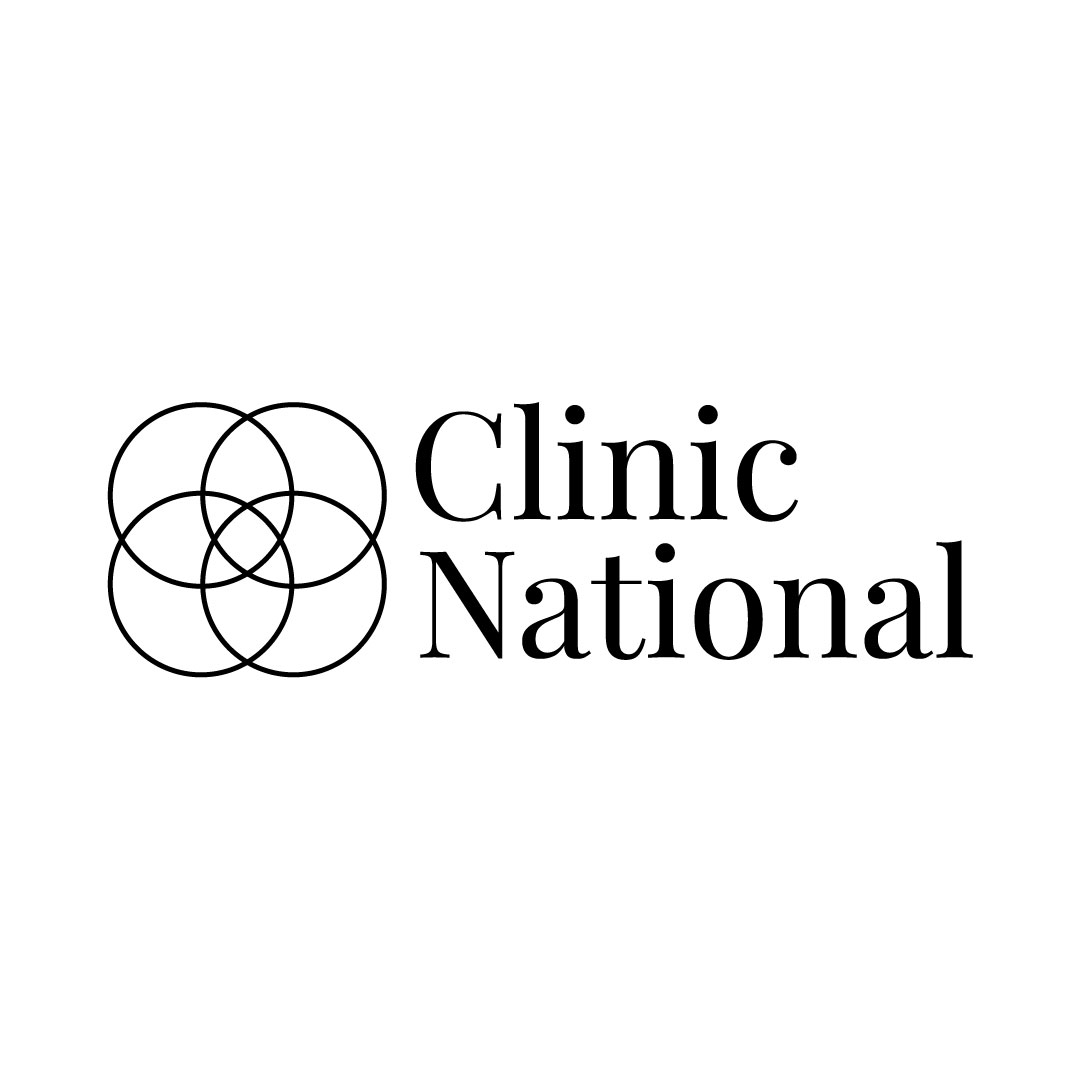
Legal Warning
Legal Warning
Legal Warning content

